Are you a real history buff and are you looking for the best history museums to visit in North Rhine – Westphalia? These are the ones:
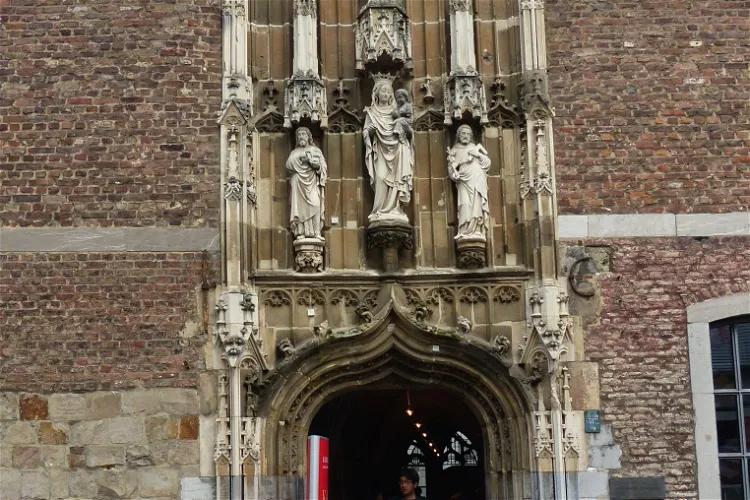
Aachen Cathedral Treasury
AachenThe Aachen Cathedral Treasury is recognized as one of the most significant ecclesiastical treasures in Europe. It houses a unique collection of precious objects from the Middle Ages, reflecting the rich history and cultural heritage of the region. Visitors can explore this vast collection, which offers a glimpse into the religious, artistic, and cultural practices of the past.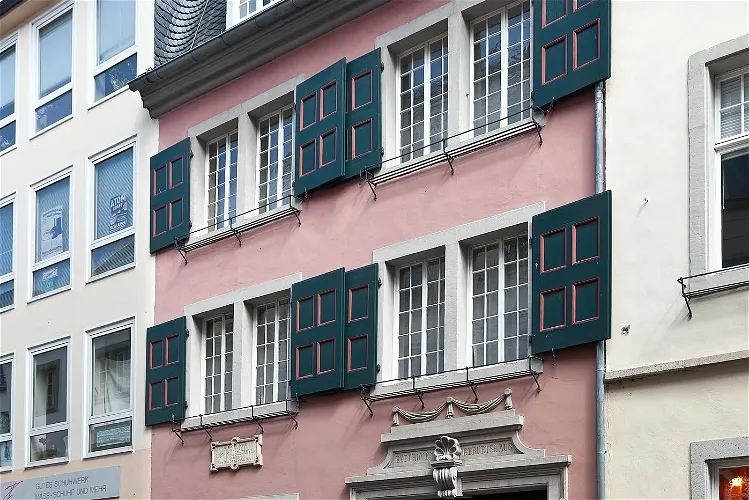
Beethoven House
BonnThe Beethoven-Haus is a music museum situated in Bonn, Germany. It is dedicated to the life and works of the renowned composer Ludwig van Beethoven. The museum is located at Bonngasse 20, the birthplace of the composer, making it a significant site for music enthusiasts and historians alike.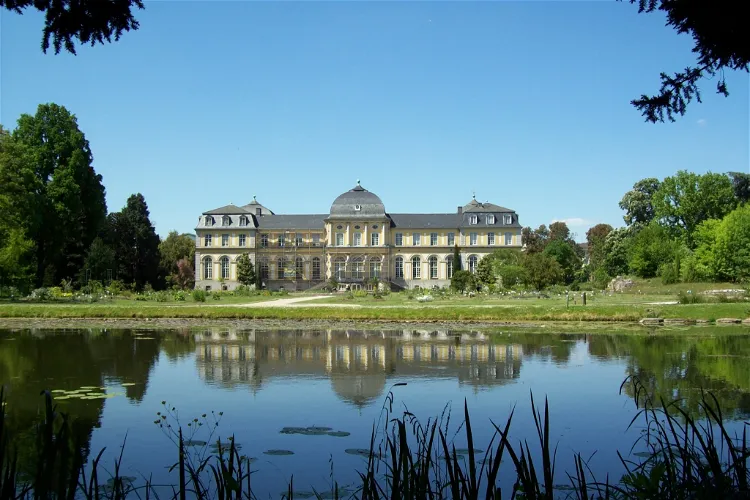
Poppelsdorf Palace
BonnPoppelsdorf Palace, located in the Poppelsdorf district of Bonn, western Germany, is a Baroque building that is now part of the University of Bonn. This historical structure adds a touch of elegance and grandeur to the university campus, making it a point of interest for visitors.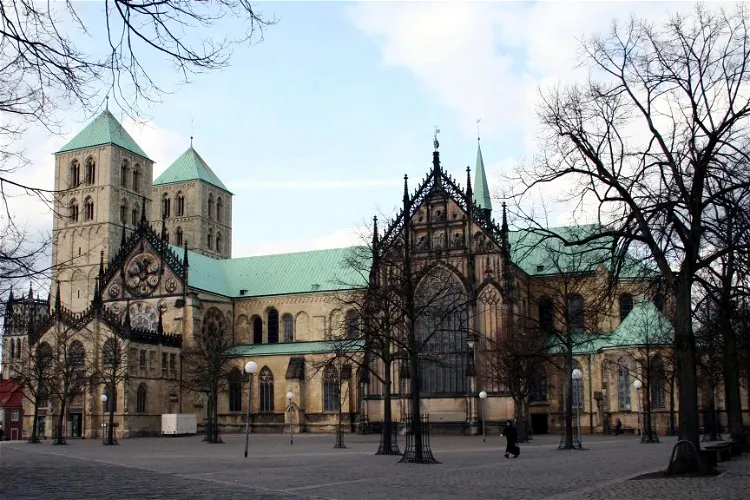
St. Paul's Cathedral, Münster
MünsterSt. Paul's Cathedral, also known as St.-Paulus-Dom, is a significant monument in the city of Münster, Germany. It stands as a testament to the city's rich history and architectural prowess. The cathedral's grandeur and prestige make it a notable point of interest for tourists visiting Münster.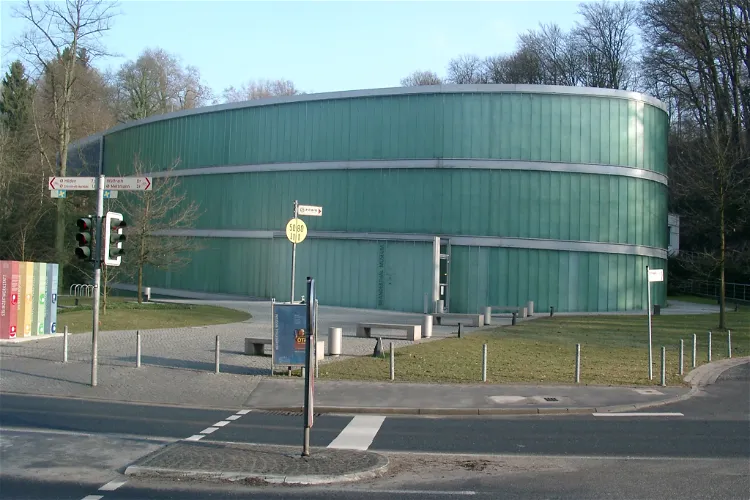
Neanderthal Museum
ErkrathThe Neanderthal Museum, situated in the Neandertal near Mettmann, is a unique institution dedicated to the prehistory and early history of mankind. The museum's exhibits include a focus on the Neanderthals, named after the fossil find site Neandertal 1. This museum provides a comprehensive overview of human evolution and the life of our early ancestors, making it a fascinating destination for those interested in history and anthropology.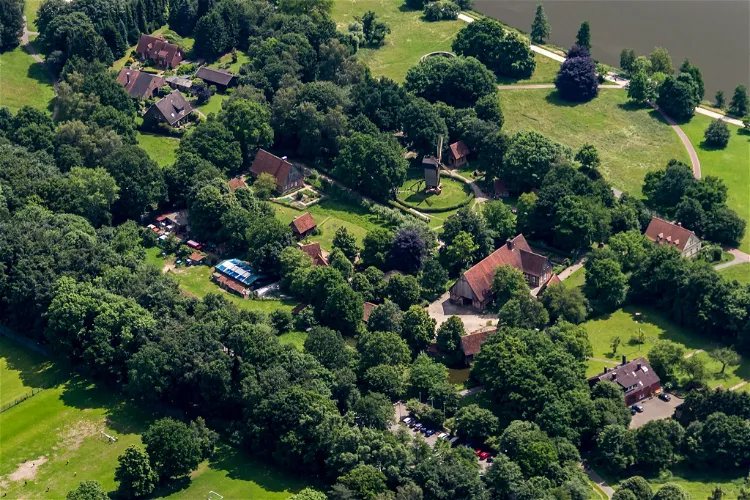
Mühlenhof Freilichtmuseum
MünsterThe Mühlenhof Open Air Museum Münster is conveniently located in the Sentrup district, making it easily accessible for tourists. Its proximity to other attractions such as the Aasee, the All-weather Zoo, and the LWL Museum of Natural History makes it an ideal stop for those looking to explore the cultural and natural history of the region.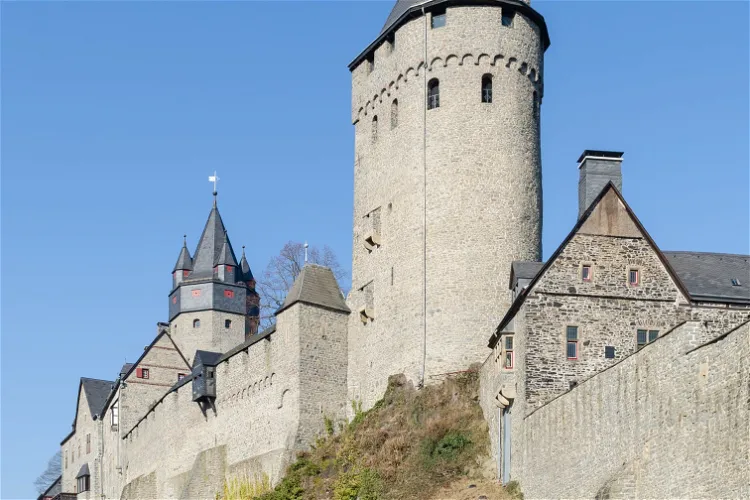
Altena Castle
AltenaAltena Castle is a significant historical site located in the town of Altena in North Rhine-Westphalia. The castle, which is a medieval hill castle, is situated on a spur of Klusenberg hill, near the Lenne in the Märkischer Kreis. This location offers visitors a unique opportunity to explore a piece of history while enjoying the beautiful surrounding landscape.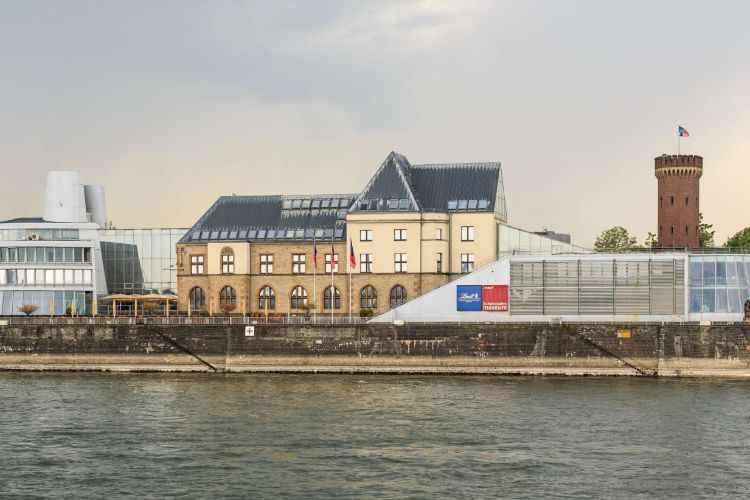
Schokoladenmuseum Köln
CologneThe Schokoladenmuseum Köln (also known as the Imhoff-Schokoladenmuseum and Imhoff chocolate museum is a museum in Cologne that is dedicated to chocolate. The museum illustrates the history of chocolate, from its beginnings with the Olmecs, Maya and Aztecs to contemporary products and production meth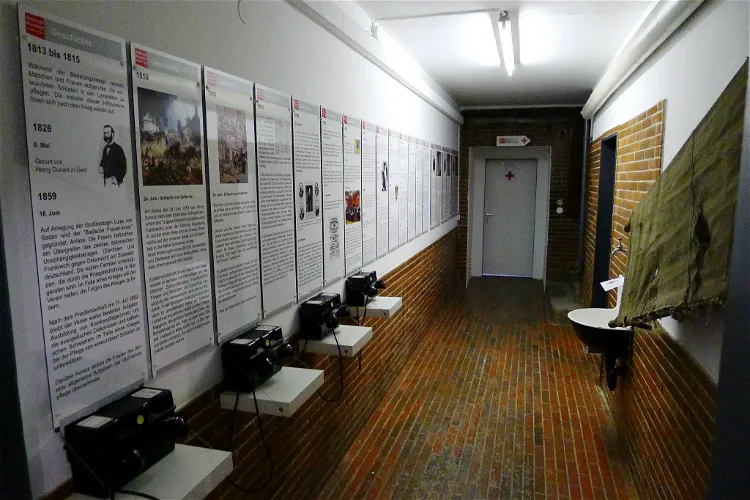
Rotkreuz-Museum vogelsang ip
SchleidenThe Red Cross Museum vogelsang ip, located in the former NS-Ordensburg Vogelsang, is one of the largest Red Cross museums in Europe. It spans over 600 m² of usable space and 550 m² of exhibition space across two floors. The museum provides an overview of the worldwide humanitarian aid of the Red Cross, showcasing the organization's significant contributions to global relief efforts.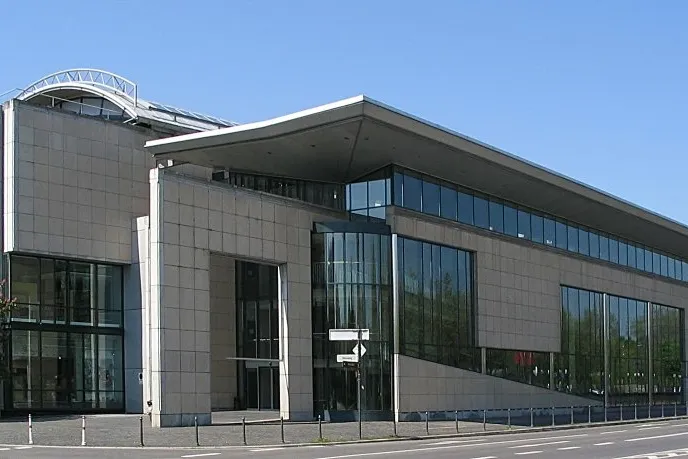
House of the History of the Federal Republic of Germany
BonnThe House of the History of the Federal Republic of Germany, also known as Haus der Geschichte der Bundesrepublik Deutschland or HdG, is a museum located in Bonn. It was established in 1989 and opened to the public in 1994. The museum is dedicated to providing information and documentation on the history of the Federal Republic of Germany and the German Democratic Republic.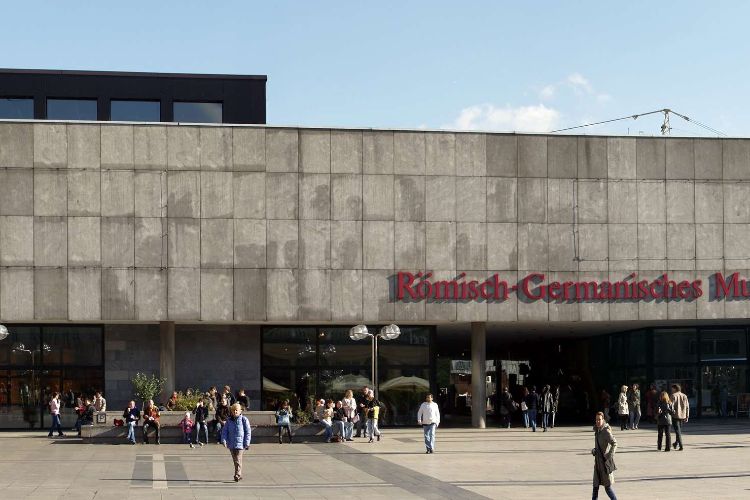
Roman-German Museum
CologneThe Romano-Germanic Museum (Roman-German Museum) is an archaeological museum in Cologne that holds and exhibits Roman artifacts from the Roman settlement of Colonia Claudia Ara Agrippinensium, the Roman settlement on which the city of Cologne is built. The museum can be seen as an archaeological sit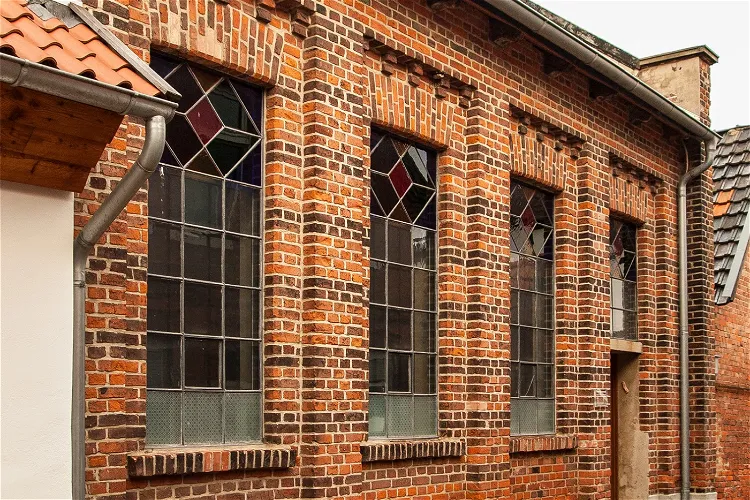
Alte Synagoge Petershagen
PetershagenThe Alte Synagoge Petershagen is a significant historical site located at Goebenstraße in Petershagen, in the district of Minden-Lübbecke, North Rhine-Westphalia. This protected monument offers a glimpse into the rich Jewish history of the region and stands as a testament to the resilience of the Jewish community.
Couven Museum
AachenThe Couven Museum, known as Couven-Museum in German, is situated in the city of Aachen, in the North Rhine-Westphalia region of Germany. This location is significant as it places the museum in a region rich in history and culture, making it an interesting destination for tourists.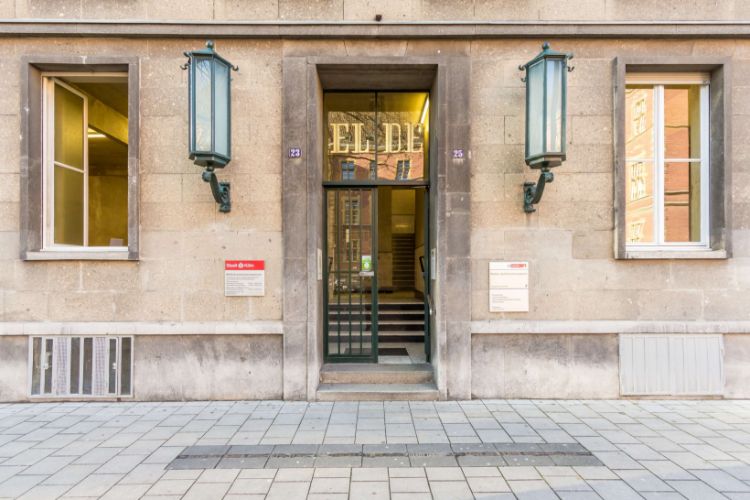
National Socialism Documentation Center
CologneThe NS Documentation Centre of the City of Cologne (The National Socialism Documentation Center) is a memorial site that is housed in the EL-DE Haus, the headquarters of the Cologne Gestapo. The NS DOcumentation Centre is the largest regional memorial site in Germany for the victims the Nazi regime.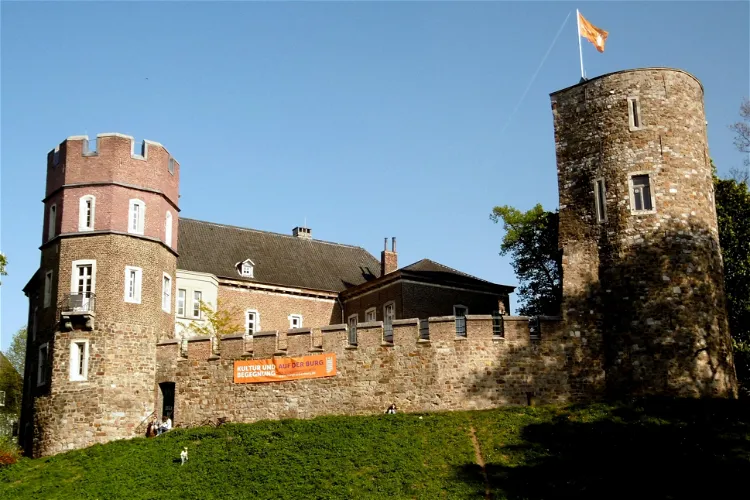
Frankenberg Castle
AachenThe Frankenberg Castle, also known as Burg Frankenberg, is a historical site located in the Frankenberg area of Aachen Mitte, a district of Aachen, Germany. The castle's name originates from the concept of a 'Franke', a type of castle that did not owe fealty to any others. However, shortly after its construction, the castle became a fief of a Graf, equivalent to a Count, and later belonged to the Duchy of Jülich-Cleves-Berg.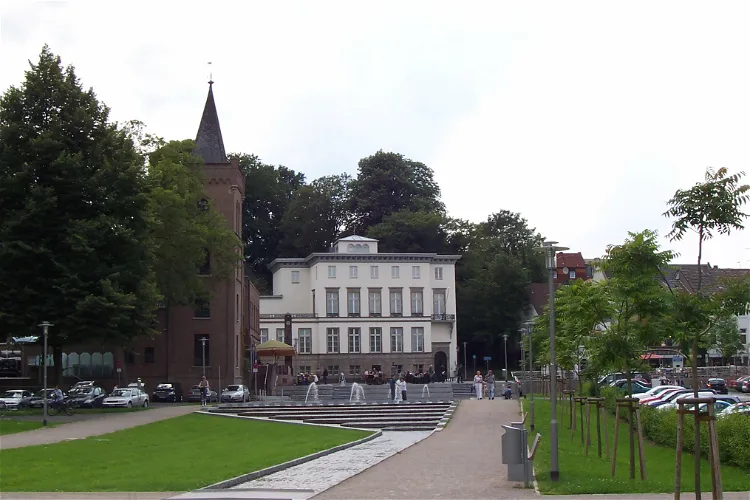
B.C. Koekkoek Haus
ClevesThe B.C. Koekkoek Haus museum is situated in the former residence of the renowned Dutch painter Barend Cornelis Koekkoek and his family. This historic building, located in Cleves, has been serving as a museum since 1960. It offers a unique opportunity to explore the life and works of one of the most famous landscape painters of the Netherlands in the 19th century.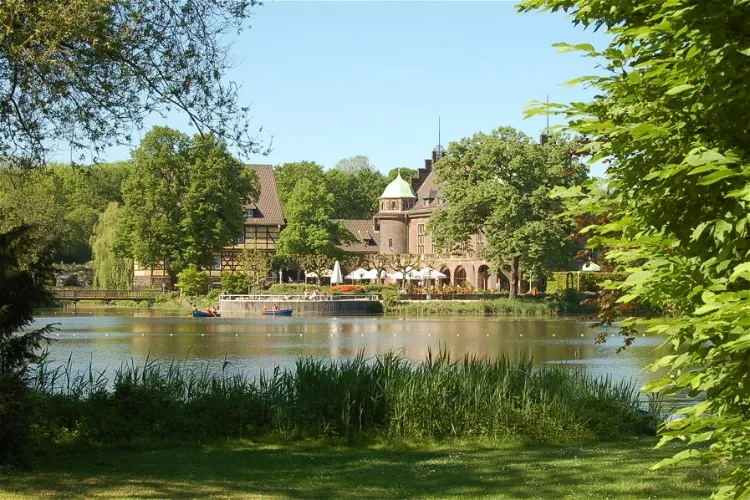
Gladbeck City Museum / Wittringen Castle
GladbeckWittringen Castle, also known as Schloss Wittringen, is a unique architectural marvel located in the state of North Rhine-Westphalia, Germany, near the city of Gladbeck. This fortified castle is surrounded by water, providing a picturesque setting that is sure to captivate any visitor. Its strategic location and historical significance make it a notable point of interest for those exploring the region.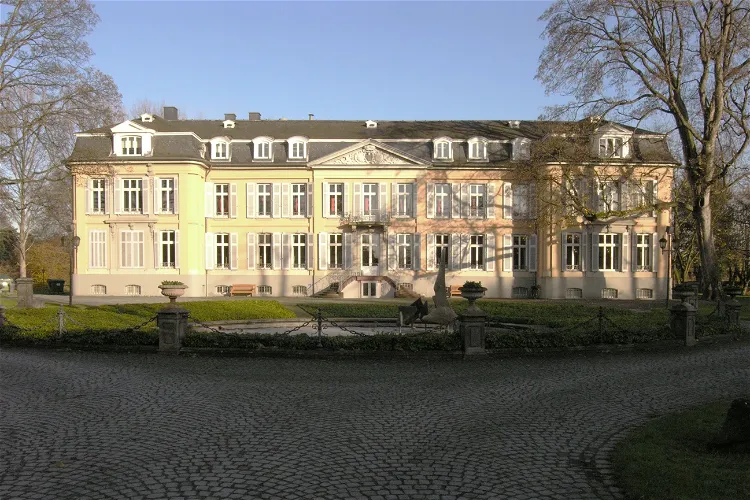
Morsbroich Museum
LeverkusenThe Museum Morsbroich is a contemporary art museum situated in Leverkusen. It was inaugurated in January 1951, making it the first modern art museum in the Federal Republic of Germany after the end of the Second World War.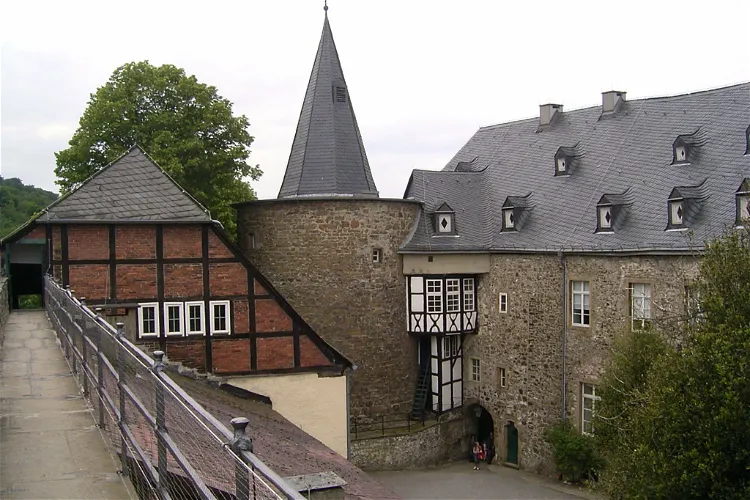
Hohenlimburg Castle
HagenHohenlimburg Castle, located in North Rhine-Westphalia, is a unique historical site as it is the only hilltop castle in Westphalia that has been largely preserved in its medieval original state. This makes it a significant destination for those interested in medieval architecture and history. The castle's location on a hilltop offers picturesque views, earning it the nickname 'Westphalian Heidelberg'.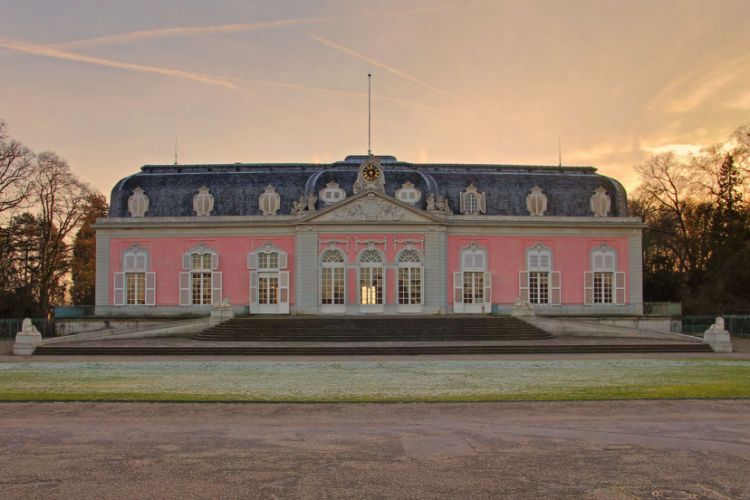
Schloss Benrath
DüsseldorfSchloss Benrath (Benrath Palace) is a Baroque-style maison de plaisance - a pleasure palace - in Benrath, a borough of Düsseldorf. The palace was built for the Elector Palatine Charles Theodor and his wife, Countess Palatine Elisabeth Auguste of Sulzbach.Construction of the palace began in 1755 and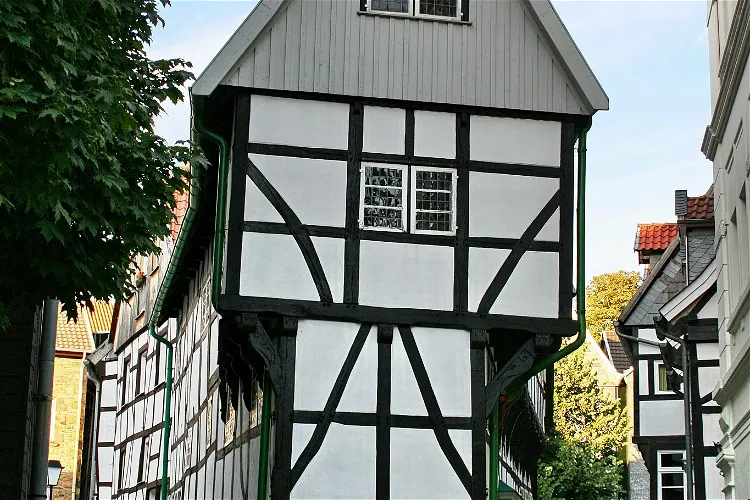
Bügeleisenhaus
HattingenThe Bügeleisenhaus, located in the old town of Hattingen in the southern Ruhr area, is a half-timbered house built in 1611. Its unique shape, reminiscent of an iron, has given it its name. This distinctive shape is a result of the house's location at the intersection of two alleys.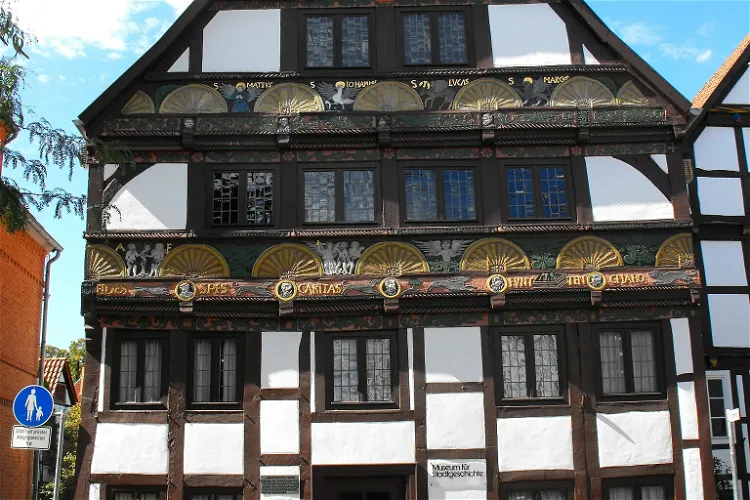
Adam- und Eva-Haus
PaderbornThe Adam-und-Eva-Haus, situated at Hathumarstraße 7, is recognized as one of the oldest and most intricately decorated half-timbered houses in Paderborn that still stands today. This three-story gabled house, built around 1560, is particularly known for its rich carvings on the friezes of the gable front. The most impressive of the three ornamental and figurative friezes is the lower one, which gave the house its name. It tells the story of Adam and Eve's fall from grace, from left to right, ending with their expulsion from paradise.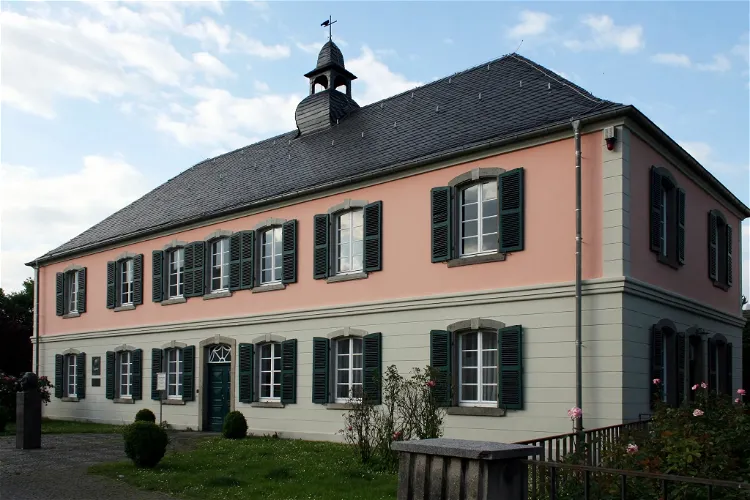
Schumannhaus Bonn
BonnThe Schumannhaus Bonn is a significant site in the history of classical music, as it is the house where the renowned German composer Robert Schumann spent his last days. Located in the Endenich district of Bonn, this house is a must-visit for anyone interested in the life and works of Schumann.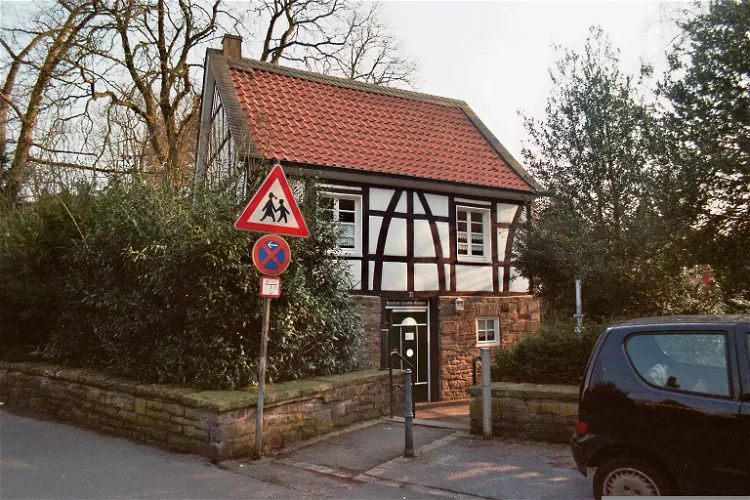
Henriette-Davidis-Museum
Wetter (Ruhr)The Henriette-Davidis-Museum, which was inaugurated in 1994 in Wetter - Wengern, is dedicated to showcasing the life and work of Henriette Davidis, the most famous German cookbook author. The museum provides an in-depth look into the author's life, her contributions to the culinary world, and her influence on German cuisine.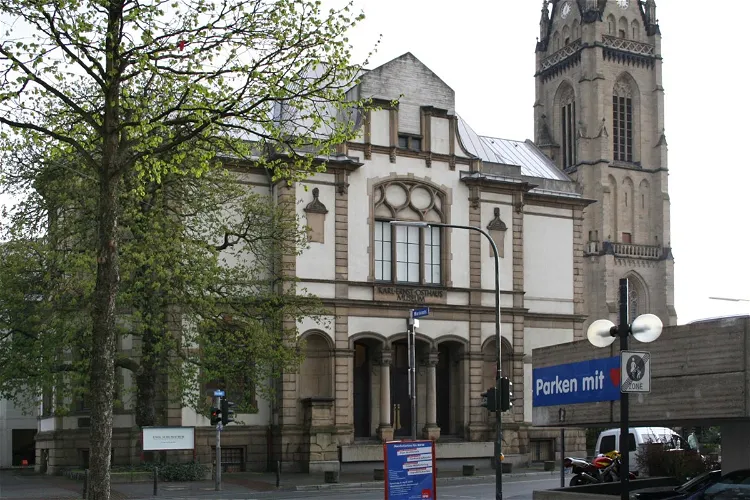
Osthaus-Museum Hagen
HagenThe Karl Ernst Osthaus-Museum is an art museum located in Hagen, North Rhine-Westphalia, Germany. It is named after Karl Ernst Osthaus, a significant figure in the art world, and houses his art collection. The museum is a significant cultural landmark in the region and offers a unique insight into the art and history of the area.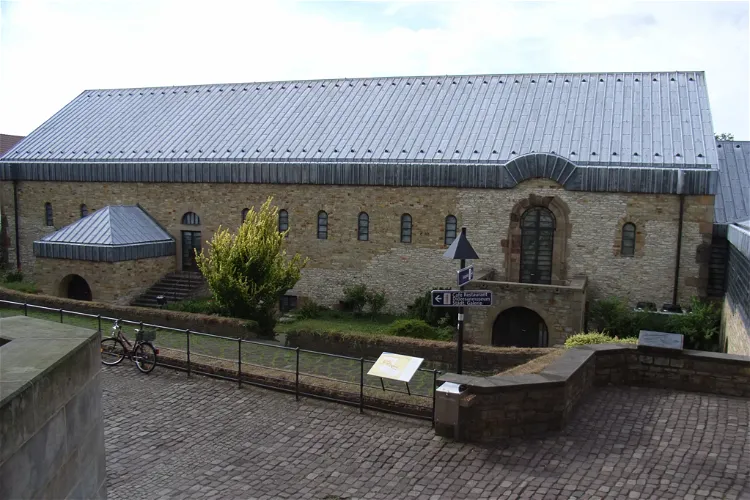
LWL-Museum in der Kaiserpfalz
PaderbornThe LWL-Museum in der Kaiserpfalz is situated in the East Westphalian city of Paderborn, in the North Rhine-Westphalia region of Germany. It is conveniently located near the city's cathedral, making it an accessible destination for tourists visiting the area.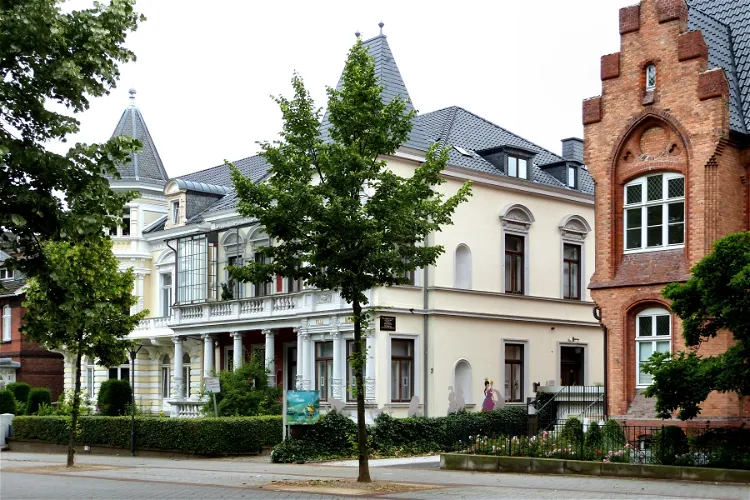
Deutsche Märchen- und Wesersagenmuseum
Bad OeynhausenThe Deutsche Märchen- und Wesersagenmuseum is situated in the Villa Paul Baehr, a Jugendstil villa, in the spa park of Bad Oeynhausen. This location provides a serene and beautiful environment for visitors to explore the wide field of old folk tales and primarily deals with the pictorial implementation of fairy tale and legend motifs.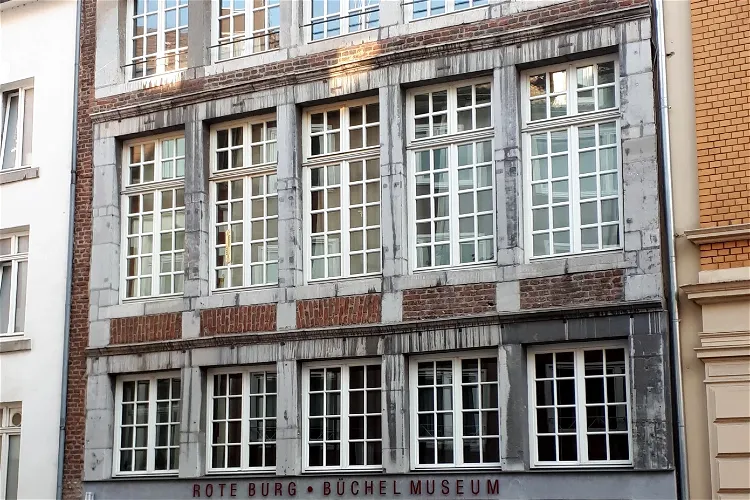
Büchel-Museum Rote Burg
AachenThe Rote Burg is a historic residential building located in Aachen, specifically at Büchel, house number 14. It holds significant historical value and is recognized as a monument in the city of Aachen's monument list. This makes it a point of interest for tourists who are keen on exploring the rich history of Aachen.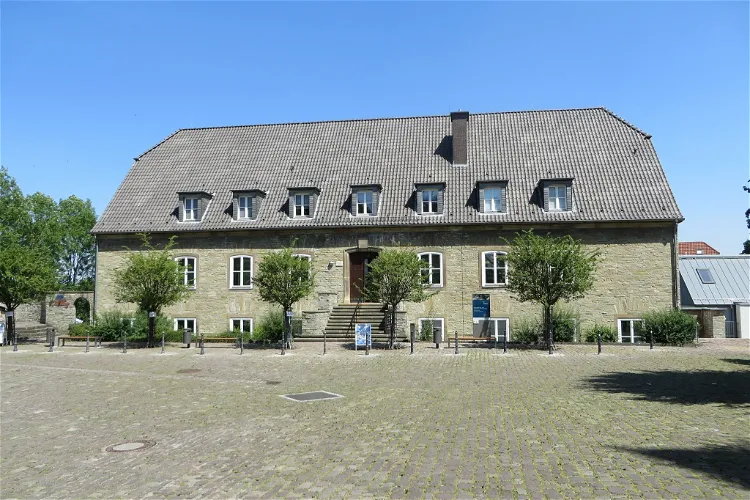
Erinnerungs- und Gedenkstätte Wewelsburg 1933 – 1945
Büren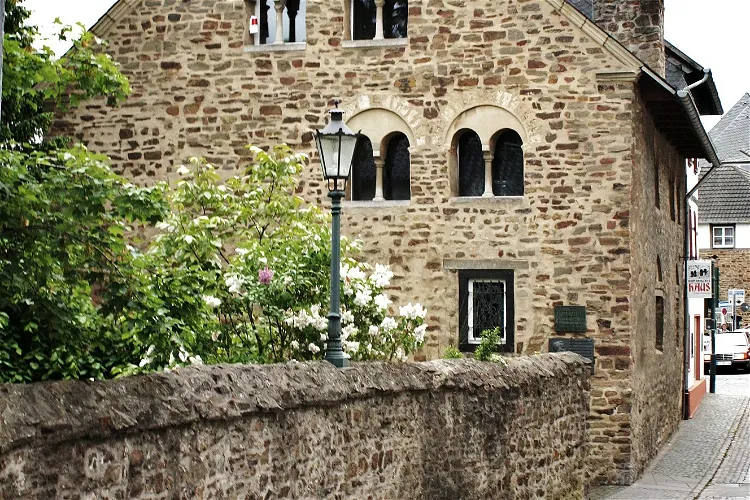
Hürten Heimatmuseum
Bad MünstereifelThe Hürten Heimatmuseum is situated in the charming town of Bad Münstereifel, in the Euskirchen district of North Rhine-Westphalia. This location offers visitors the opportunity to explore the rich history and culture of the region, while also enjoying the natural beauty and tranquility of the surrounding area.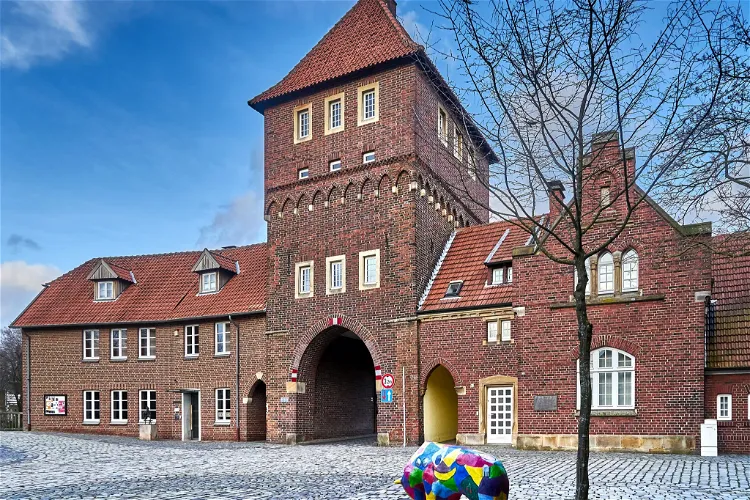
Walkenbrückentor
CoesfeldThe Walkenbrückentor is not just a historical monument, but also a cultural hub. Since 1988, it has been home to the Municipal Tower Gallery and the City Museum. The museum was thoroughly renovated and redesigned before its reopening under the name 'Das Tor' on January 29, 2012. It offers a unique insight into the city's history and culture.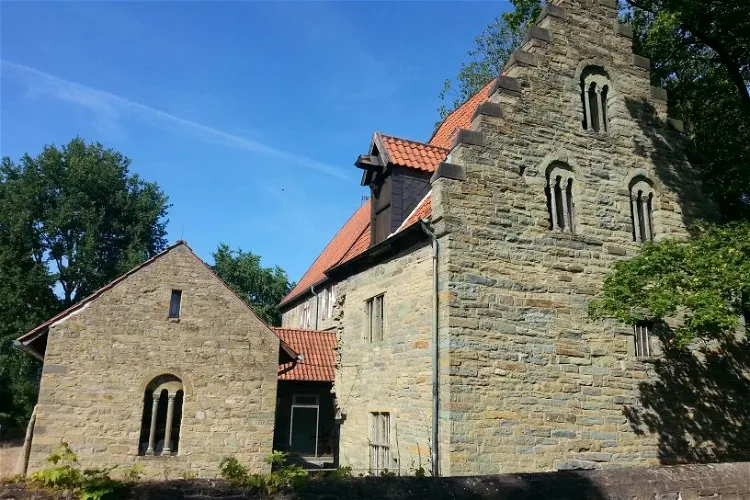
Burghofmuseum Soest
SoestThe Burghof is a historic patrician house located in Soest, which now houses a city history museum. This museum offers a deep dive into the rich history of the city, providing visitors with a unique opportunity to learn about the past. The Burghof also features a historic banquet hall, which adds to the charm and historical significance of the place.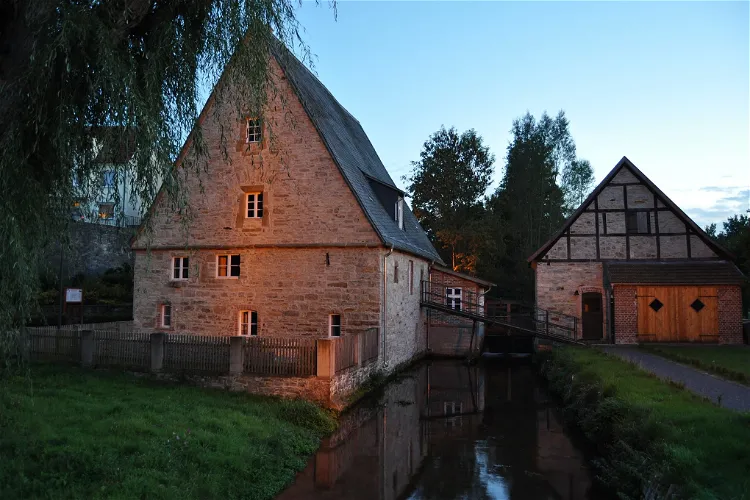
Mittel- und Bohrmühle
BürenThe Mittelmühle, located in Almetal, is one of the two ancient mills in Büren, Westphalia. It holds the distinction of being one of the few preserved color mills in the northern German region. This historical site offers a unique glimpse into the past, showcasing the traditional milling processes and the rich history of the region.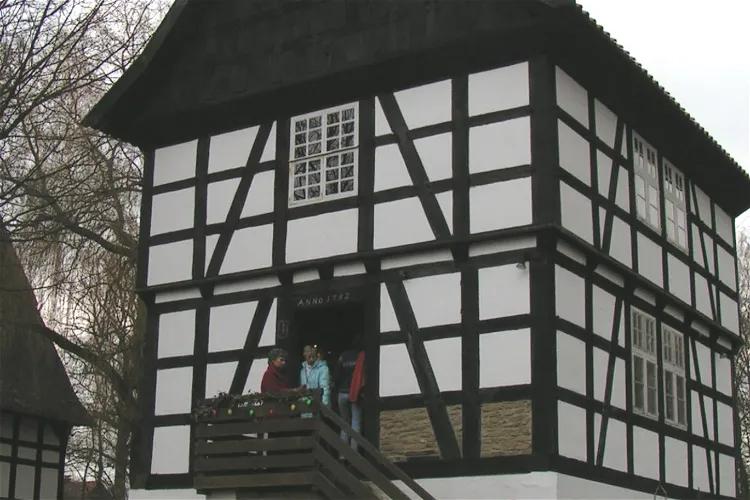
Museumshof Bad Oeynhausen
Bad OeynhausenThe Museumshof Bad Oeynhausen, a local museum in the East Westphalian spa town, was inaugurated in 1969. This museum serves as a testament to the rich history and culture of the region, providing visitors with a glimpse into the past.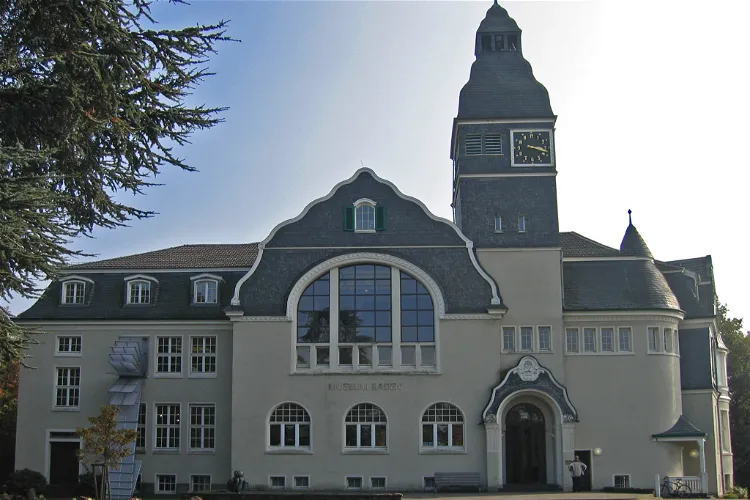
Solingen Art Museum
SolingenThe Solingen Art Museum, previously known as Museum Baden, is a significant cultural institution that has been operational since 1996. It is housed in the former town hall of Gräfrath, a building constructed in the Neuberg style between 1907 and 1908. The museum also includes a rear extension that was added between 1995 and 1996.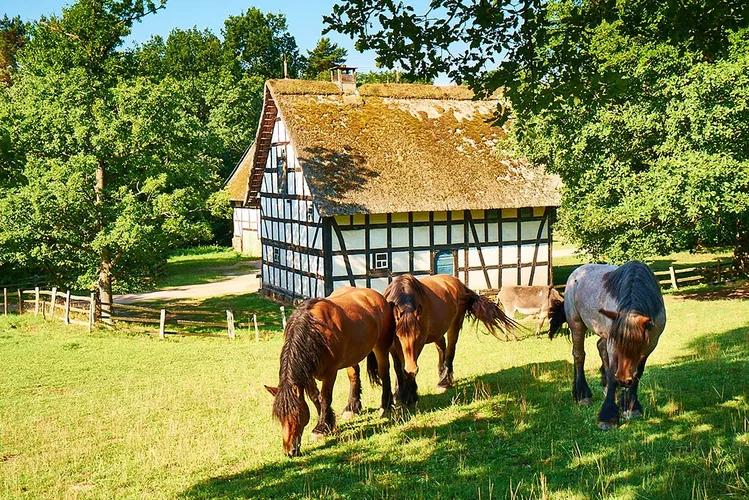
Kommern Open Air Museum
MechernichThe Kommern Open Air Museum, located in Kommern/Eifel, is recognized as one of the largest open air museums in Europe. It spans an impressive area of over 95 hectares and showcases approximately 67 historic buildings that originate from the Prussian Rhine Province. The museum is operated by the Rhineland Regional Association (Landschaftsverband Rheinland, LVR).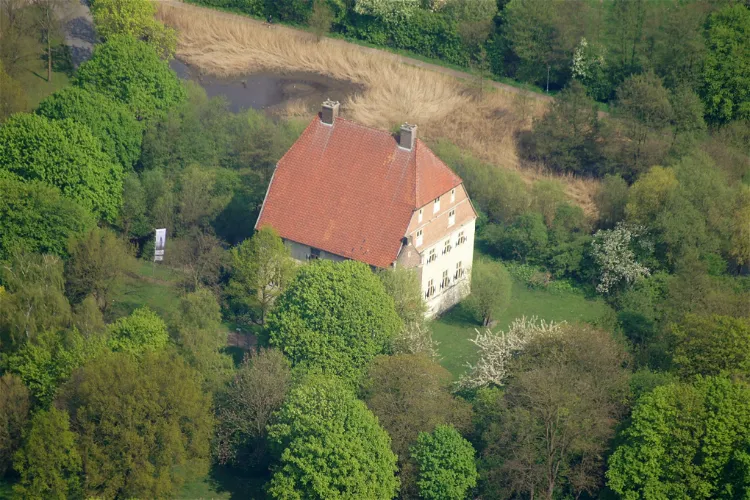
Kolvenburg
Billerbeck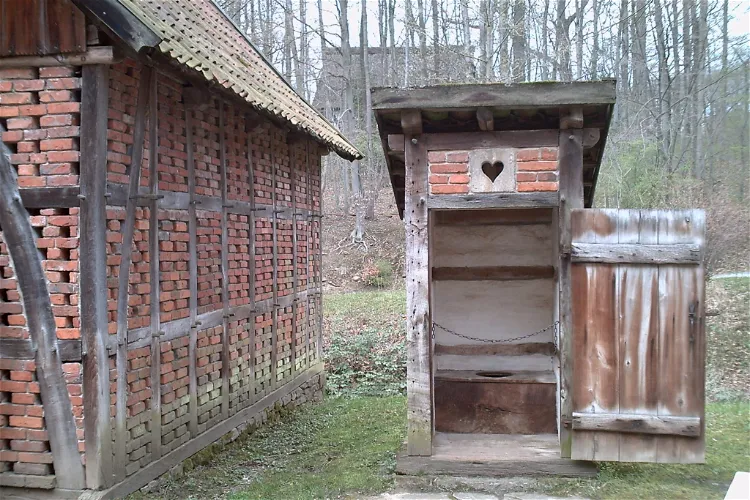
Open-Air Museum Detmold
DetmoldThe LWL Open-Air Museum Detmold, also known as LWL-Freilichtmuseum Detmold, is an open-air museum situated in the city of Detmold in Germany. This museum offers a unique opportunity to explore the rich history and culture of the region in an immersive outdoor setting.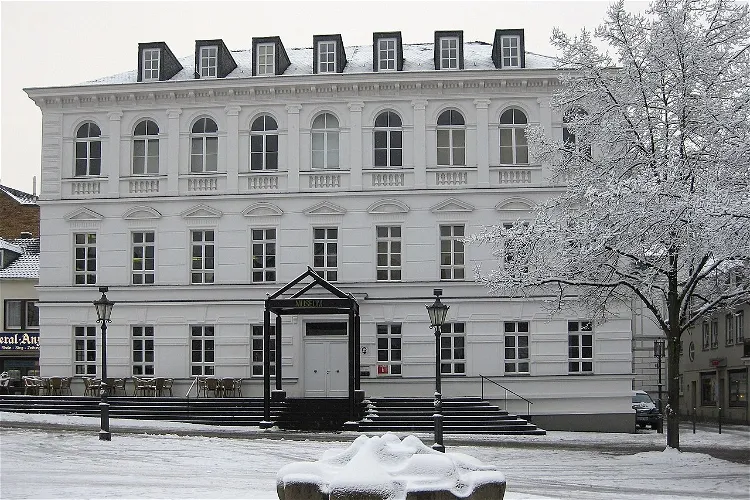
Stadtmuseum Siegburg
SiegburgThe Stadtmuseum Siegburg is a museum that focuses on archaeology, art, and cultural history. It provides a comprehensive documentation of the history of Siegburg, from its earliest times to the present day. The museum's exhibits cover a wide range of topics, making it a fascinating destination for anyone interested in learning more about the city's past.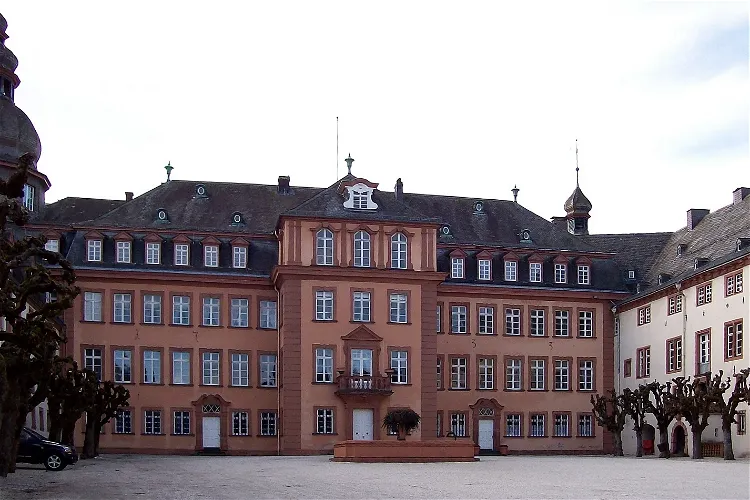
Schloss Berleburg
Bad BerleburgSchloss Berleburg, situated in the rural town of Bad Berleburg in Germany, is the official residence of the Princes of Sayn-Wittgenstein-Berleburg. This historic castle, with a history spanning over 600 years, is currently occupied by Gustav, the 7th Prince of Sayn-Wittgenstein-Berleburg. The castle's rich history and its royal residents make it a fascinating destination for tourists interested in history and royalty.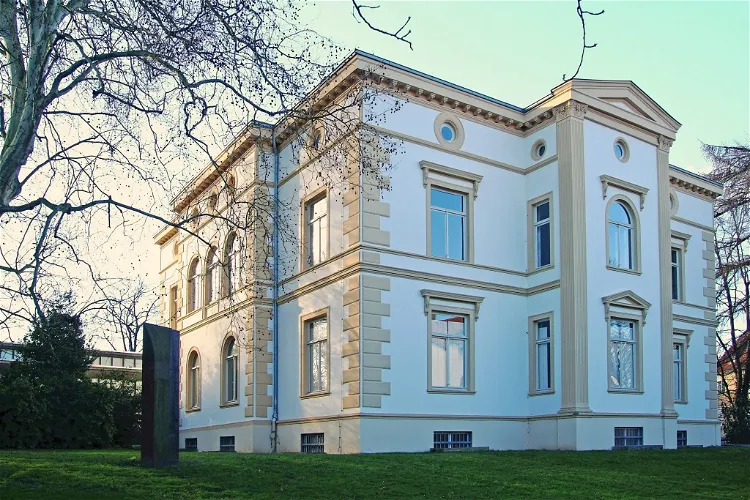
Daniel-Pöppelmann-Haus
HerfordThe Daniel-Pöppelmann-Haus is a city museum with an art association located in the East Westphalian city of Herford in North Rhine-Westphalia. Named after the architect Matthäus Daniel Pöppelmann, who was born in Herford, the museum is situated in Radewig, not far from the Gänsemarkt. The museum complex consists of the late classicist Villa Schönfeld, which houses a permanent city history exhibition, and a modern extension building made of exposed concrete, mainly used for changing art exhibitions.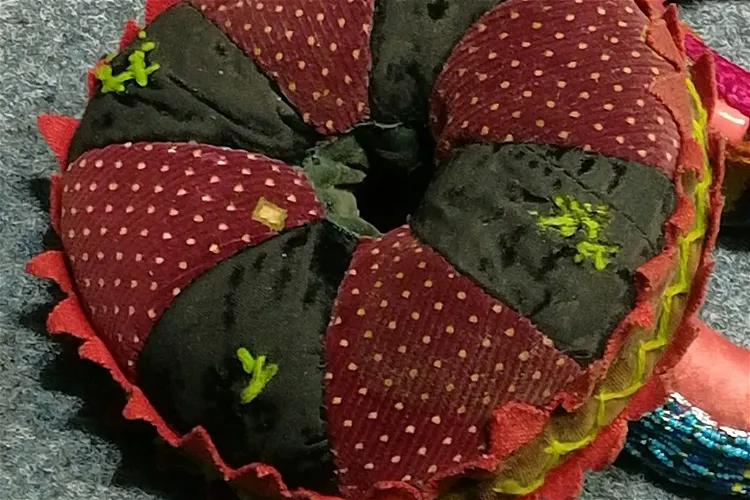
Museum für Europäische Volkstrachten
WegbergThe Museum für Europäische Volkstrachten, also referred to as the Beecker Trachtenmuseum, is a unique cultural institution that displays a wide range of festive costumes from different European countries. This collection provides a fascinating insight into the diverse cultural traditions and customs of Europe, making it a worthwhile destination for those interested in European history and culture.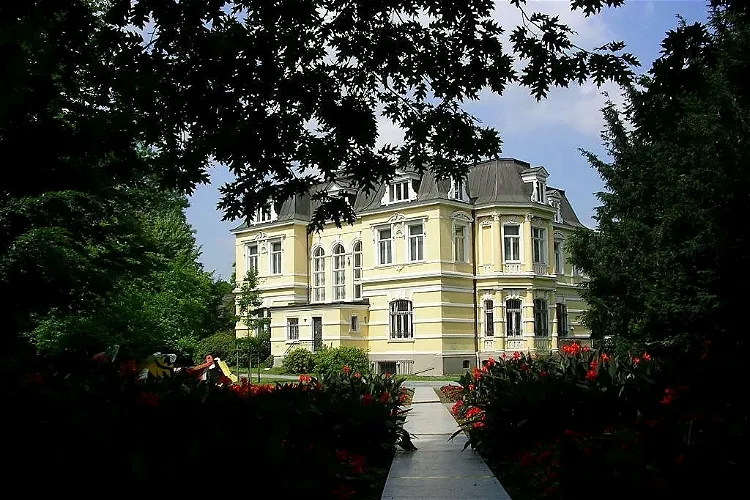
Villa Erckens - Museum der Niederrheinischen Seele
GrevenbroichToday, Villa Erckens is home to the permanent exhibition titled "Museum of the Lower Rhine Soul". This exhibition spans approximately 370 m² and provides an overview of the everyday life, culture, and mentality of the Lower Rhine region. Visitors can gain a comprehensive understanding of the region's history and culture through this exhibition.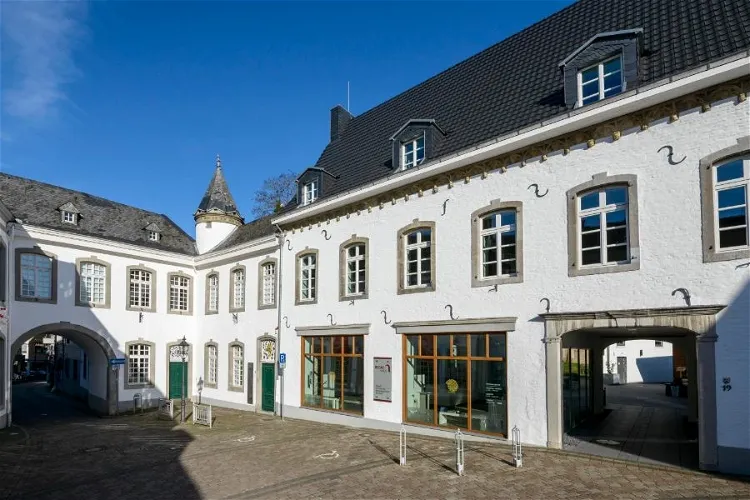
BEGAS HAUS - Museum für Kunst- und Regionalgeschichte Heinsberg
HeinsbergThe Begas Haus is the Museum for Art and Regional History in Heinsberg. It is named after the Begas family, a lineage of artists who were active over four generations. The patriarch of the family, Carl Joseph Begas, was born in Heinsberg in 1794. The museum is a testament to the family's artistic legacy and the regional history of Heinsberg.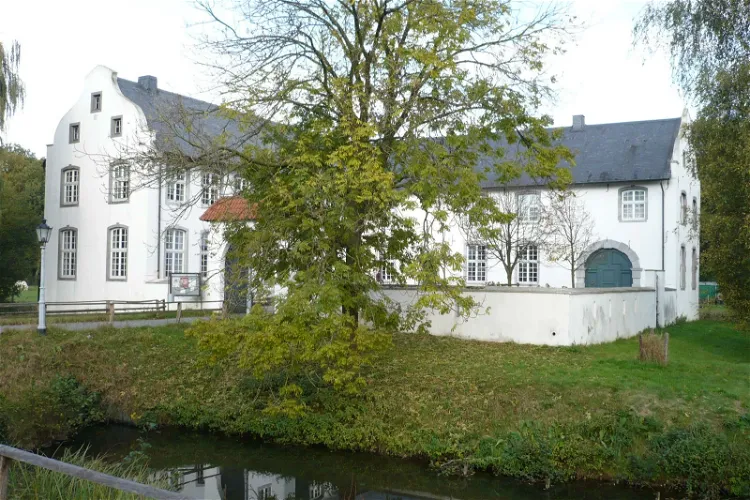
Dorenburg Open-Air Museum
GrefrathThe Niederrheinische Freilichtmuseum is a folkloric open-air museum that provides a glimpse into the rural and artisanal culture of the central Lower Rhine region. It is an excellent place for tourists who are interested in history and culture to learn about the traditional ways of life in this part of Germany.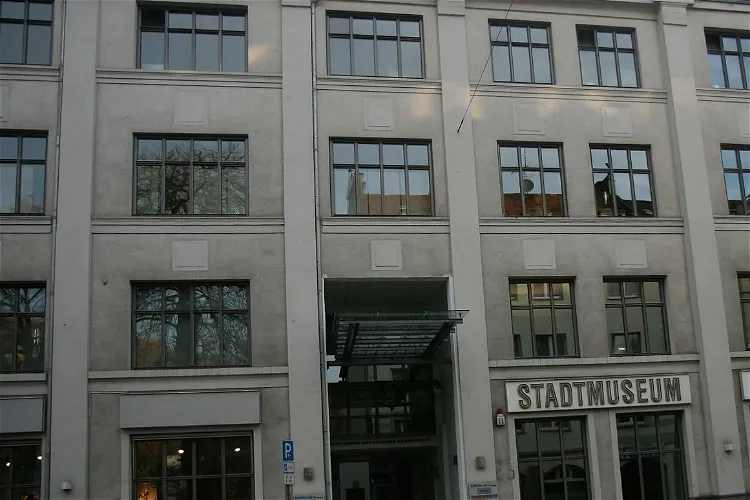
Stadtmuseum Hagen
HagenThe Stadtmuseum Hagen is a museum that focuses on the history of the independent Westphalian city of Hagen and the surrounding region. This includes the former counties of Mark and Limburg. The museum provides a comprehensive overview of the region's history, making it a valuable resource for those interested in understanding the area's past.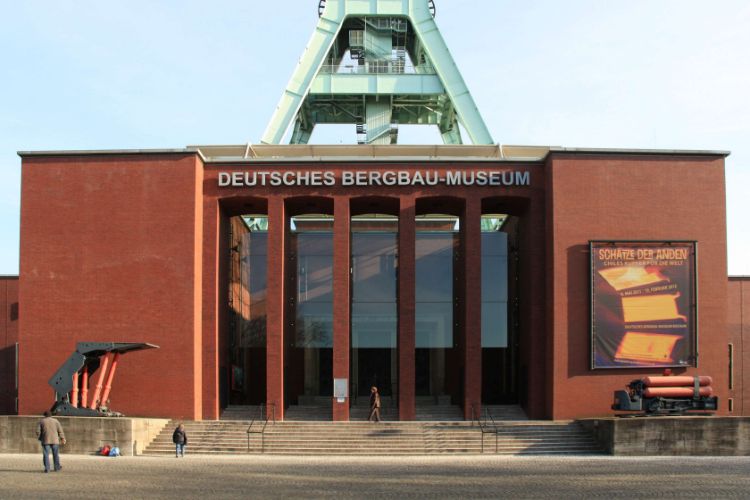
Deutsches Bergbau-Museum Bochum
BochumDeutsches Bergbau-Museum Bochum (The German Mining Museum) is a museum in Bochum that presents four tours. Tour 1 presents the history of German coal and tour 2 delves into the global relationships between humans and mining – across eras and sectors. Tour 3 and 4 cover the topics of natural resource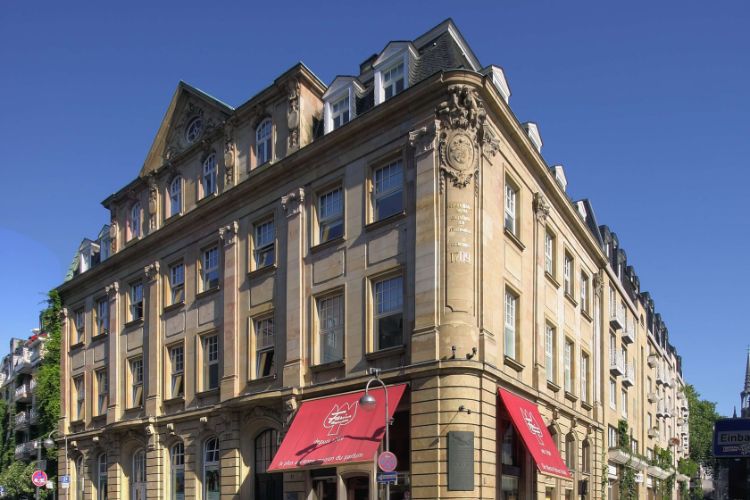
Fragrance Museum Farina-House
CologneThe Fragrance Museum Farina-House is a museum in Cologne that is dedicated to fragrances and more specifically that illustrates the production methods of perfume throughout the various stages with a focus on Eau de Cologne. The Fragrance Museum Cologne is housed in the eldest fragrance factory still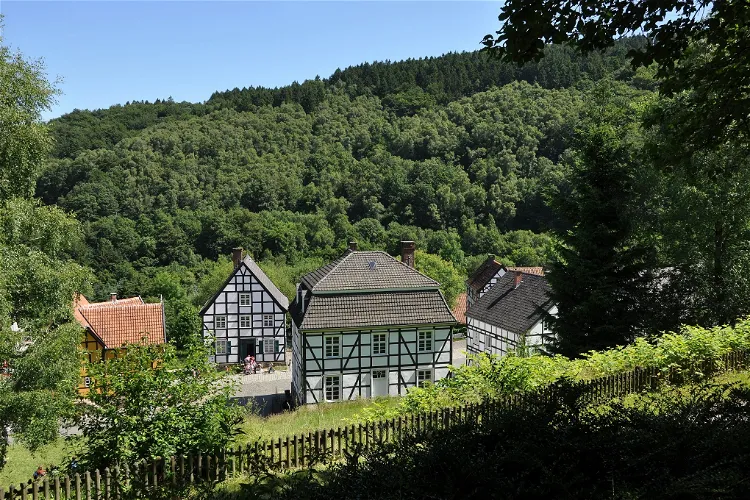
Hagen Westphalian Open-Air Museum
HagenThe Hagen Westphalian Open-Air Museum is situated in the southeastern Ruhr area, in Hagen, North Rhine-Westphalia, Germany. This location is easily accessible and offers a unique opportunity to explore the history of craft and technics in a hands-on manner.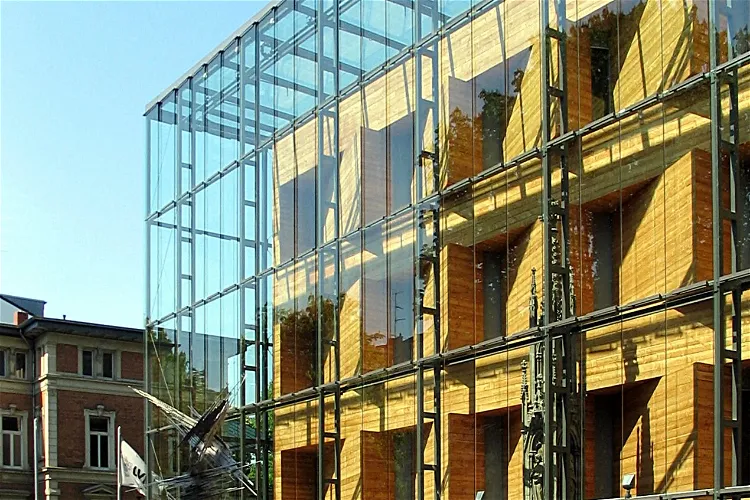
Rhinish Regional Museum Bonn
BonnThe Rheinisches Landesmuseum Bonn, also known as LVR-LandesMuseum Bonn, is a museum located in Bonn, Germany. It is managed by the Rhineland Landscape Association. The museum is one of the oldest in the country and has undergone extensive renovations in 2003.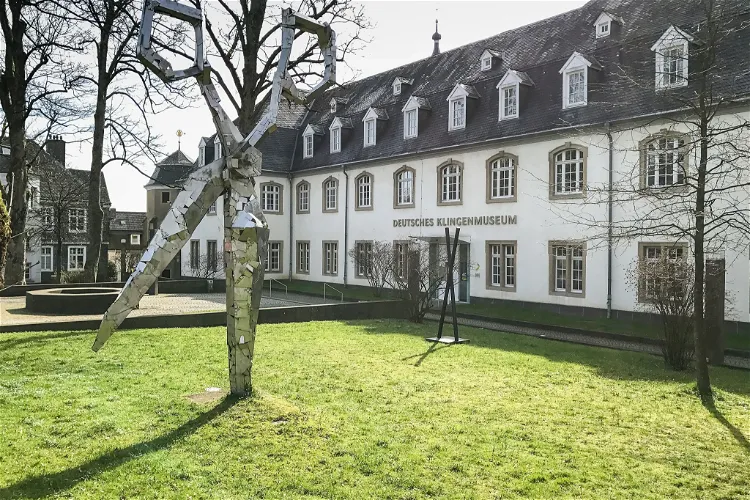
German Blade Museum
SolingenThe German Blade Museum, located in the Gräfrath district of Solingen, is a unique institution that showcases a wide range of cutlery, edged weapons, and cutting tools. The museum's collection provides a comprehensive overview of the evolution and use of blades throughout history, highlighting their significance in human civilization.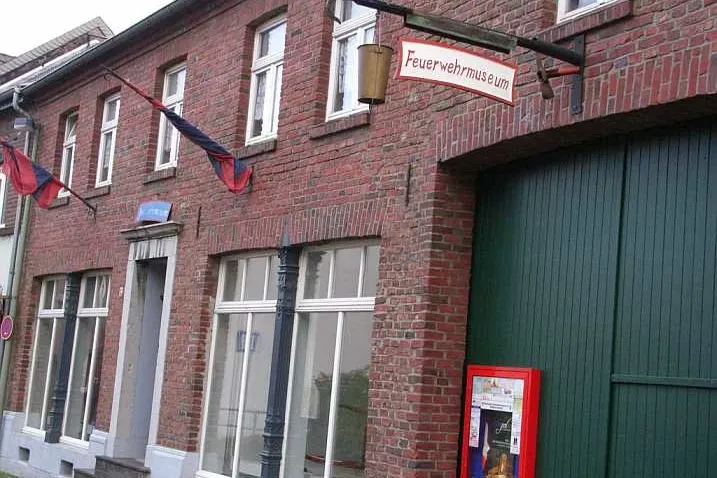
Rheinisches Feuerwehrmuseum
ErkelenzThe Rheinisches Feuerwehrmuseum, located in Erkelenz, was inaugurated on May 28, 1994. Today, it is managed by the Rheinisches Feuerwehrmuseum Lövenich e.V. association. The museum was born out of the private collection of Peter Höpgens and has since grown into a significant cultural institution in the region.
Art and Exhibition Hall of the Federal Republic of Germany
BonnThe Art and Exhibition Hall of the Federal Republic of Germany, also known as the Bundeskunsthalle, is a popular destination for tourists. It is located in Bonn, as part of the renowned 'Museum Mile'. This museum is one of the most frequented in Germany, attracting a large number of visitors each year.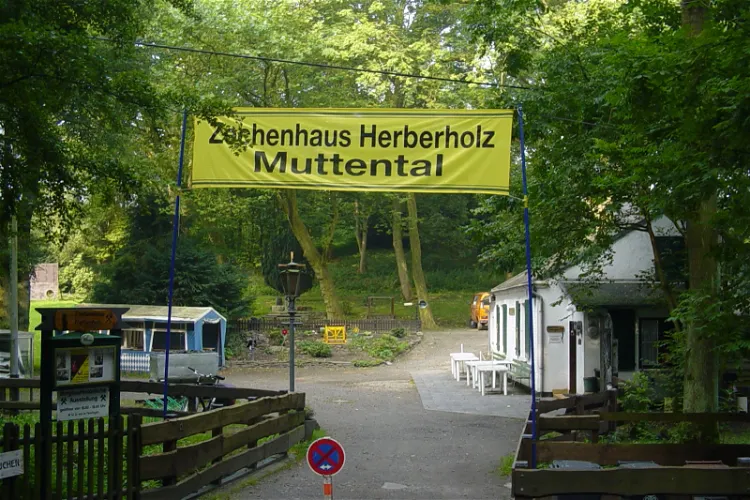
Zechenhaus Herberholz
WittenToday, the Zechenhaus Herberholz is the only remaining testament to the former Zeche Herberholz. The Zechenhaus Herberholz, built around 1875, served as the operational building for the Zeche Herberholz and Louisenglück mines. This preserved building provides a tangible connection to the past, allowing visitors to step back in time and experience the history of coal mining in the region.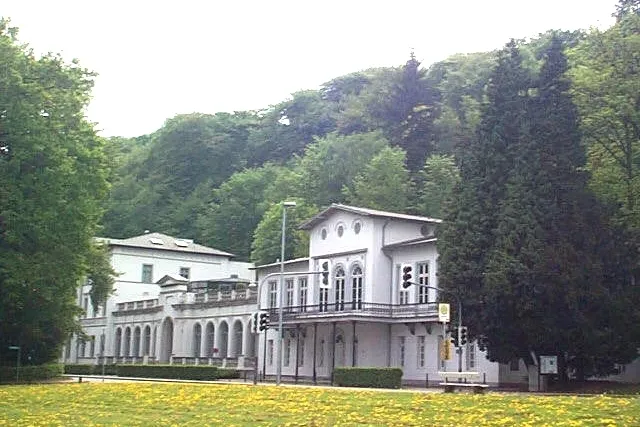
Museum Kurhaus Kleve
ClevesThe Museum Kurhaus Kleve is a visual arts museum situated in the Lower Rhine region of Germany, in the city of Cleves. It is named after the original function of the building, which served as a spa resort between 1742 and 1914. The museum is located near the Cleves gardens and the zoo, both of which were established in the 17th century by Johan Maurits van Nassau.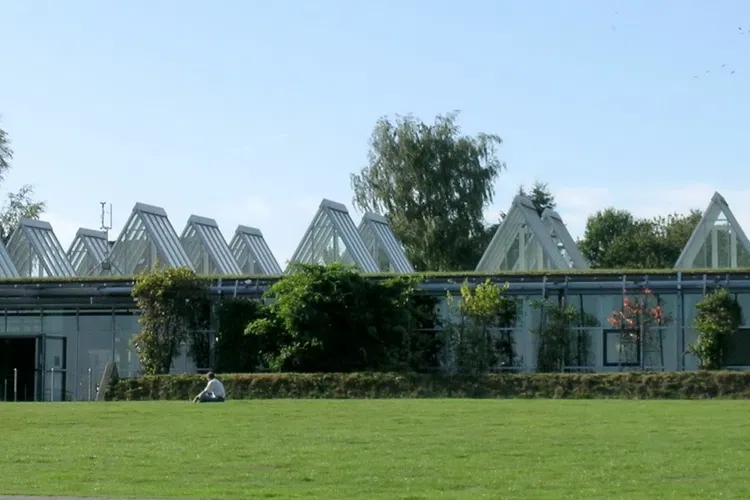
Aliso (Roman camp)
Haltern am SeeAliso, a Roman military establishment, was built by Augustus near the current Haltern am See. This was part of his plan to create the Roman province of Germania. Today, this historical site offers a glimpse into the past, providing an understanding of the Roman military strategies and architectural prowess.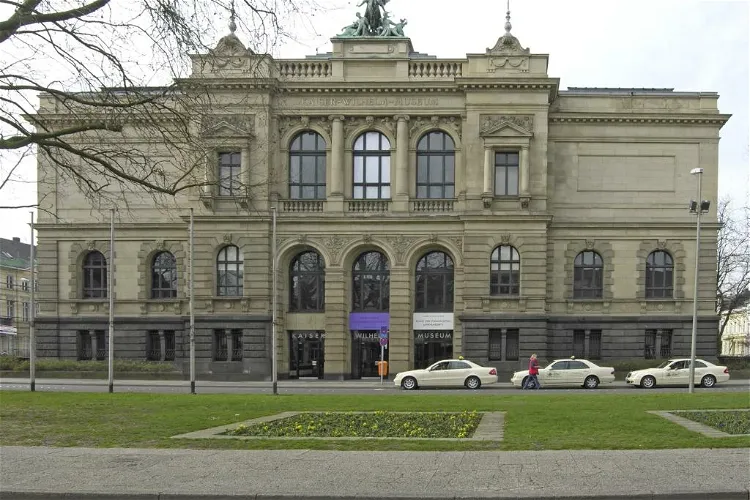
Kaiser-Wilhelm-Museum
KrefeldThe Kaiser-Wilhelm-Museum is the primary building of the Krefeld Art Museums. The museum's focus is on art from the second half of the 20th century, offering a rich collection of modern and contemporary art. It is a significant cultural landmark in the city of Krefeld.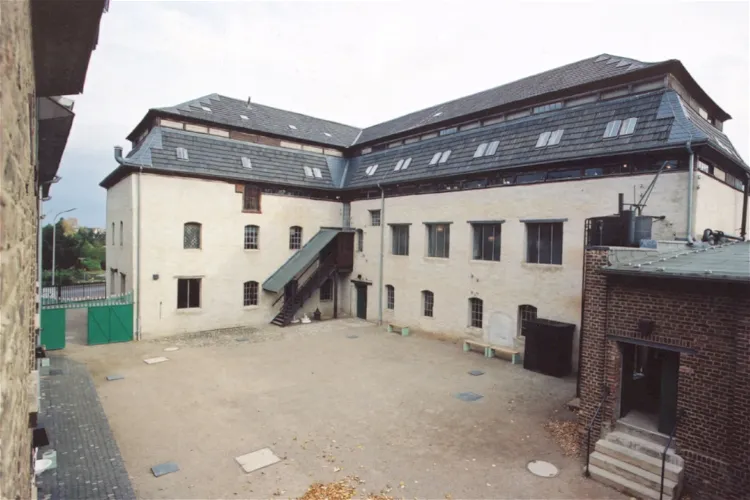
LVR Museum of Industry: Mueller Cloth Mill
Kreis EuskirchenThe museum offers a comprehensive understanding of the cloth mill production process. It features fully functional machinery and equipment from around 1900, providing a unique glimpse into the industrial past. Visitors can observe the machinery in action, offering a tangible connection to the history of the textile industry.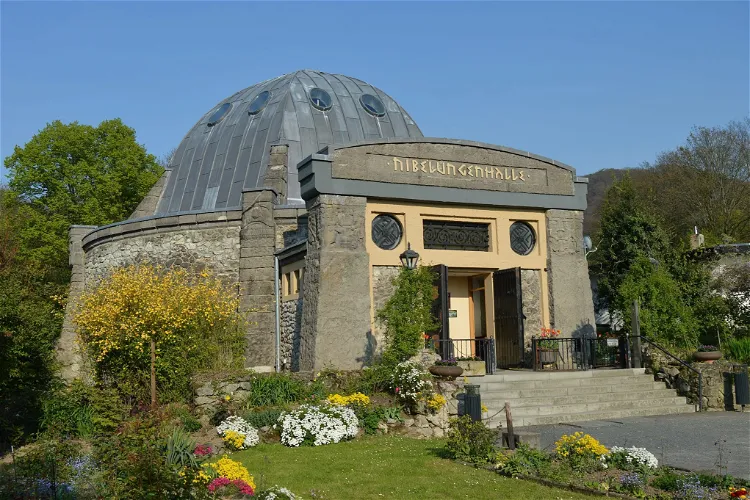
Nibelungenhalle
KönigswinterThe Nibelungenhalle is a unique dome structure located in the city of Königswinter, in the Rhein-Sieg district of North Rhine-Westphalia. It is situated on the path leading to the summit of the Drachenfels, a location steeped in legend where Siegfried is said to have slain a dragon. The hall houses a collection of paintings by Hermann Hendrich, which are based on Richard Wagner's opera cycle The Ring of the Nibelung and Wagner's Grail opera Parsifal.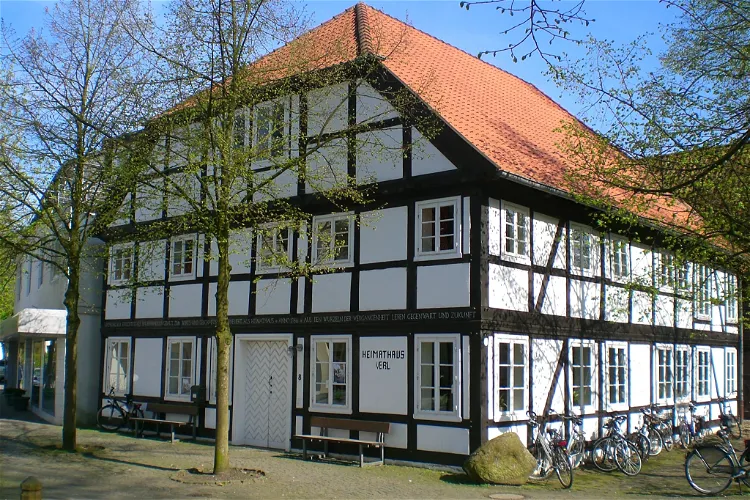
Heimathaus Verl
VerlThe Heimathaus Verl is a historical building that dates back to around 1615. Today, it is used by the local association of the city of Verl, located in the district of Gütersloh in North Rhine-Westphalia, for various cultural events. This includes readings, concerts, and art exhibitions, making it a vibrant hub of local culture and history.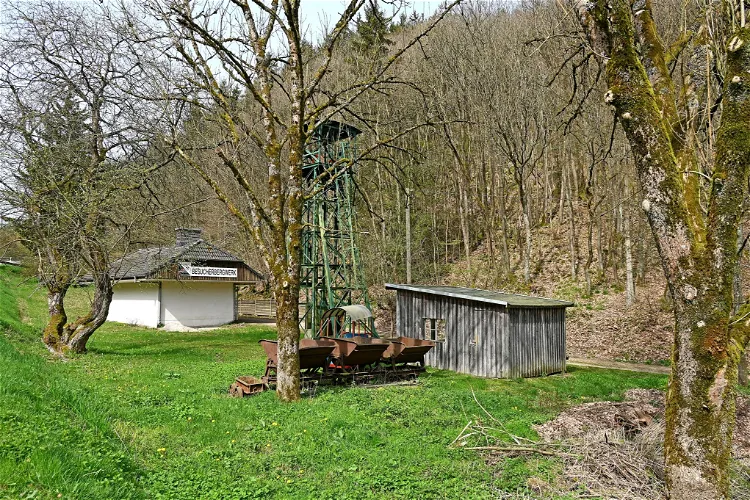
Grube Wohlfahrt
ZehnstelleGrube Wohlfahrt is a former lead ore mine situated in Rescheid, a part of the Hellenthal municipality, in the Euskirchen district of North Rhine-Westphalia. This historical site offers a unique insight into the mining industry of the past, making it an interesting destination for those interested in history and geology.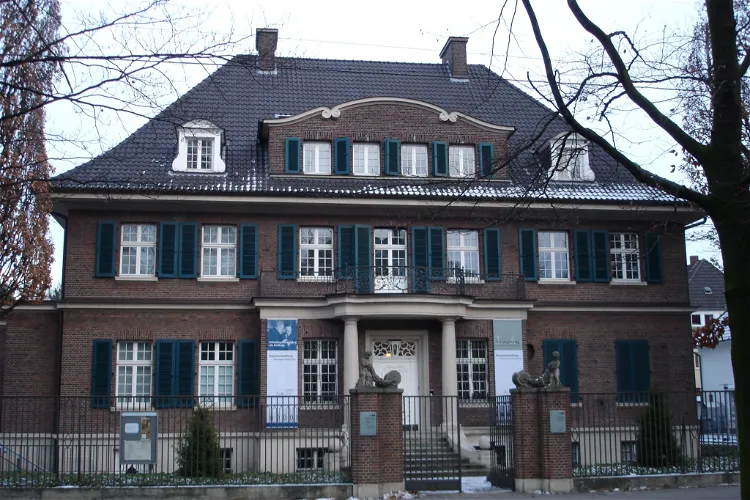
Villa ten Hompel
MünsterThe Villa ten Hompel, located in the city of Münster in the German state of North Rhine-Westphalia, serves as a memorial site. It is dedicated to the offenses committed by the police and government administration during the National Socialist period. This historical site provides a unique insight into the past, allowing visitors to learn about the role of the police and government administration during this time.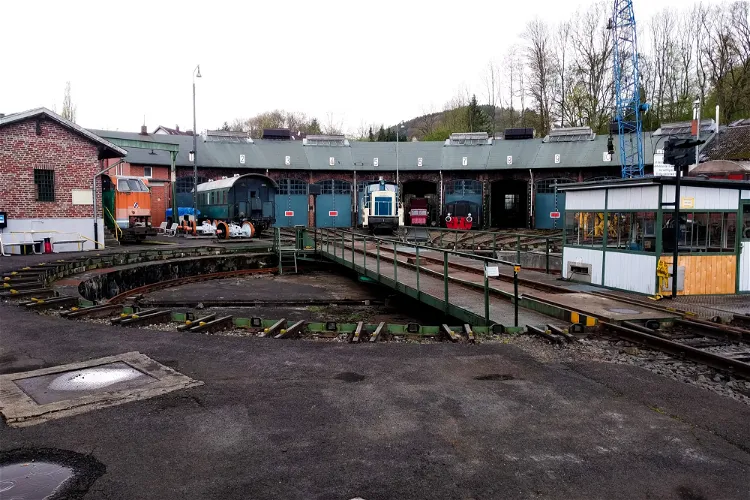
Dieringhausen Railway Museum
GummersbachThe Dieringhausen Railway Museum is a significant historical site located in Dieringhausen, a district of Oberbergischer Kreis in North Rhine-Westphalia, Germany. This museum is dedicated to preserving and showcasing the rich history of railways in the region. It is situated on the grounds of the former Deutsche Bundesbahn locomotive depot at Dieringhausen, which is a protected historical monument.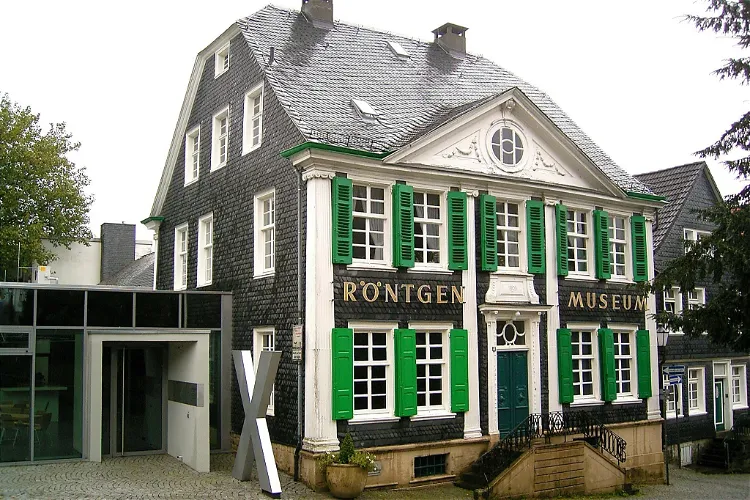
Röntgen-Museum
RemscheidThe Deutsches Röntgen-Museum is situated a short distance from the birthplace of the physicist Wilhelm Conrad Röntgen. It is housed in an old Bergisch patrician house at Schwelmer Straße 41 in Remscheid - Lennep, which has been expanded with several large additions. This location adds a historical context to the museum, making it a significant site for those interested in the life and work of Röntgen.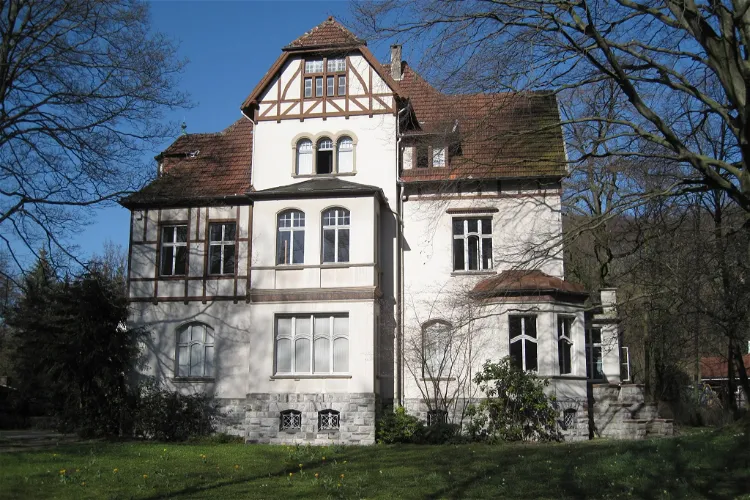
Felsenmeer Museum
HemerThe Felsenmeermuseum, which opened its doors in 1989, is a local museum located in Hemer. It is housed in the Villa Grah, a building constructed in 1902 and protected as a historical monument. This setting provides a unique backdrop for the museum's exhibits and adds to the overall experience of visiting the museum.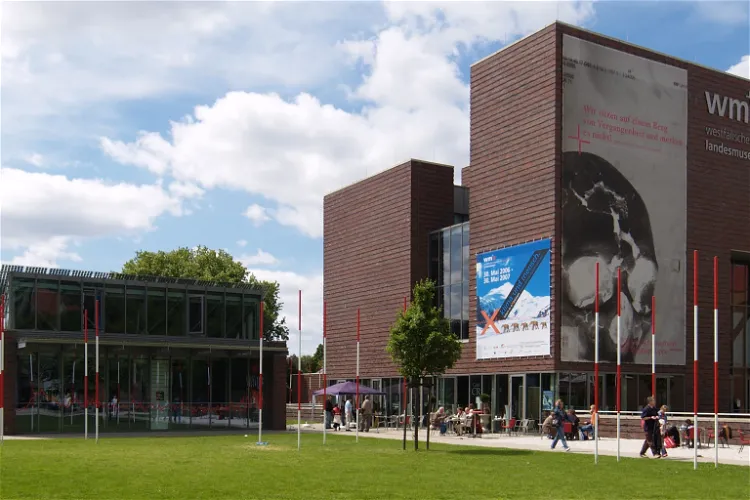
LWL Museum of Archeology
HerneThe LWL Museum of Archaeology and Culture, also known as the Westphalian State Museum, is located in Herne. It is a state museum that is part of the Landscape Association Westphalia-Lippe (LWL). The museum is dedicated to showcasing the 250,000-year history of mankind in Westphalia through its exhibitions.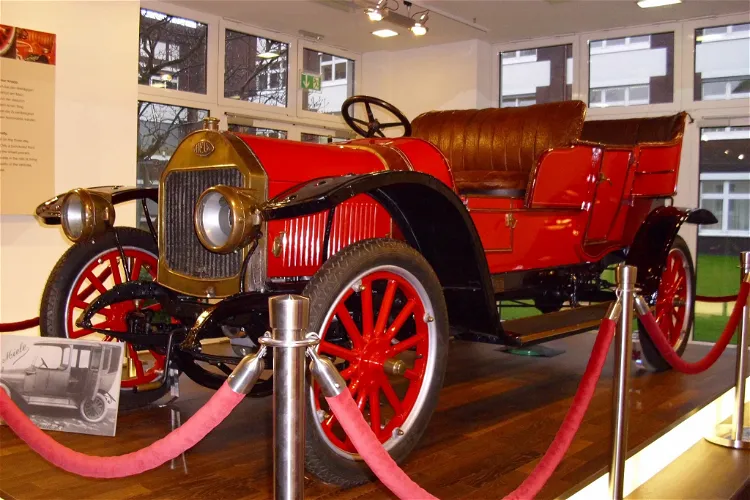
Miele-Museum
GüterslohThe Miele Museum showcases approximately 200 exhibits from the company's production. These include a wide range of items such as washing machines, milk centrifuges, vacuum cleaners, dishwashers, hand carts, bicycles, mopeds, and motorcycles. This diverse collection provides a comprehensive overview of the company's product evolution and technological advancements over the years.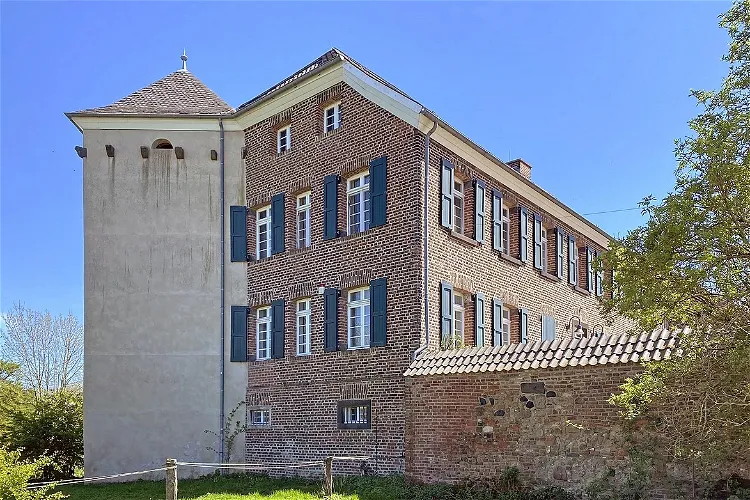
Römisches Museum Haus Bürgel
Monheim am Rhein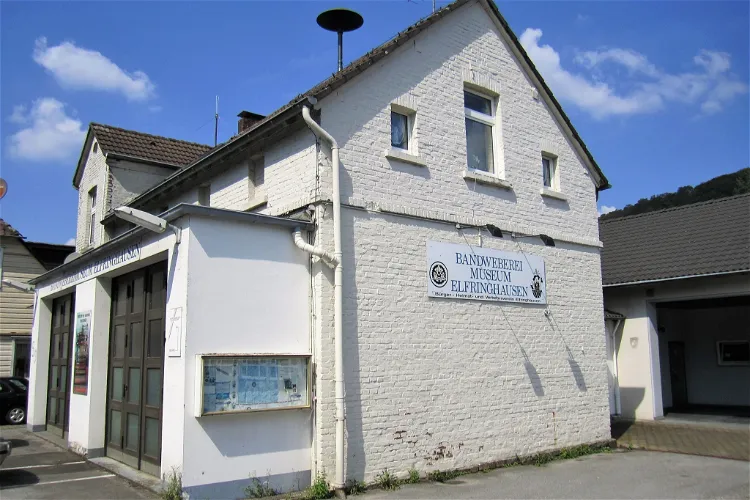
Bandwebereimuseum Elfringhausen
HattingenThe Bandwebereimuseum Elfringhausen, located in Hattingen, is a local history museum that opened its doors in 1996. It is dedicated to the local history of ribbon weaving, a significant part of the region's past. The museum provides an in-depth look into the evolution of this industry and its impact on the local community.
Icon Museum Recklinghausen
RecklinghausenThe Icon Museum in Recklinghausen, established in 1956, holds a significant place in Western Europe as it is the most prominent of its kind in the region. This museum is a testament to the rich cultural and historical heritage of the area, offering visitors a unique opportunity to explore and appreciate the art of iconography.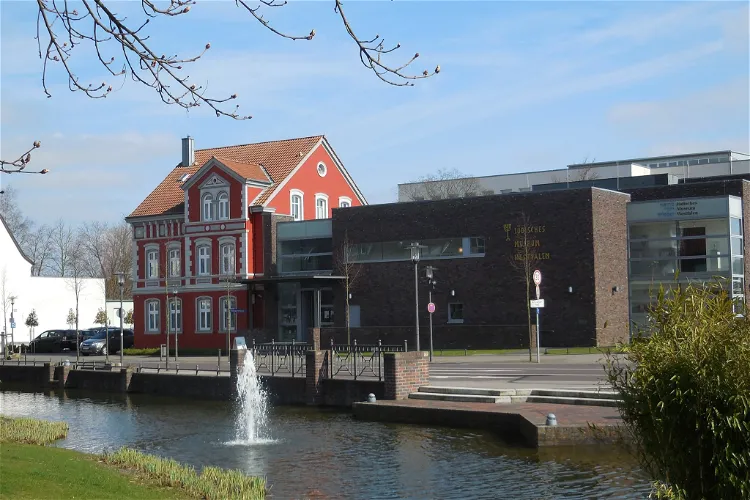
Jewish Museum of Westphalia
DorstenThe Jewish Museum of Westphalia in Dorsten is a cultural institution that showcases the religion and culture of Jews in Germany, with a special focus on the history of Judaism in Westphalia. The museum provides a comprehensive insight into Jewish life, traditions, and history, making it a valuable destination for those interested in understanding the Jewish heritage in this region.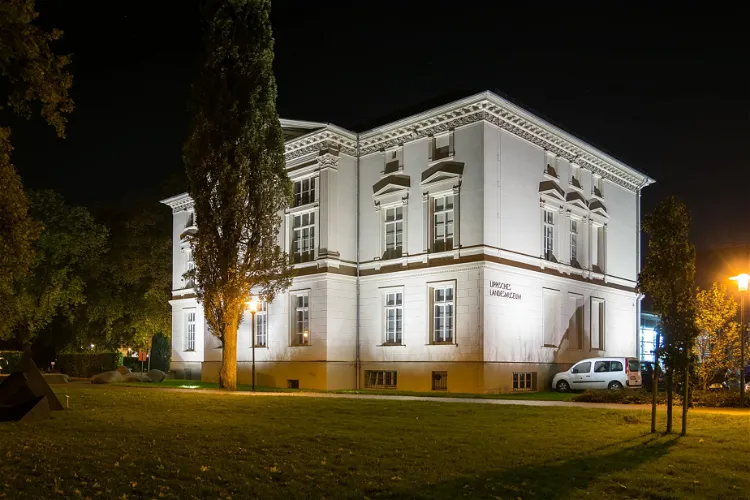
Lippisches Landesmuseum
DetmoldThe Lippisches Landesmuseum in Detmold holds the distinction of being the largest and oldest museum in Ostwestfalen-Lippe. This museum, supported by the Landesverband Lippe, is a significant cultural institution in the region, offering a wide range of exhibits and collections that span various fields of study.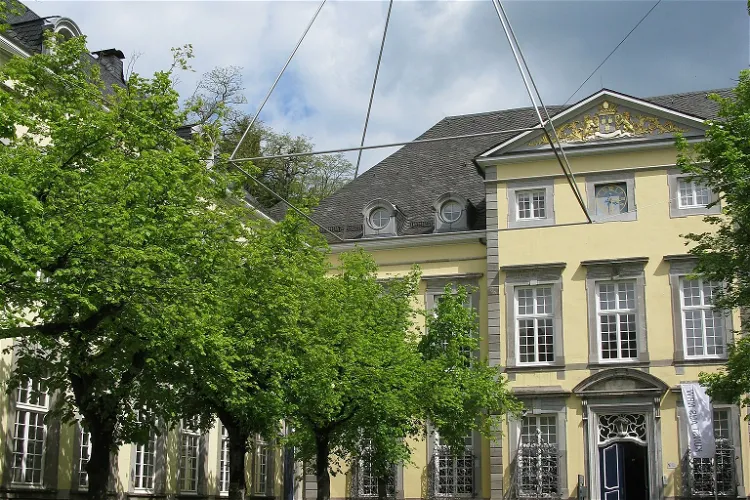
Kunsthaus Nordrhein-Westfalen Kornelimünster
AachenThe Kunsthaus Nordrhein-Westfalen Kornelimünster, previously known as Kunst aus NRW, is a notable venue for art enthusiasts. It features exhibitions of young artists from North Rhine-Westphalia, Belgium, and the Netherlands. Additionally, it houses a collection of promotional purchases in the field of visual arts from the state of North Rhine-Westphalia. This provides a unique opportunity for visitors to explore the works of emerging artists from these regions.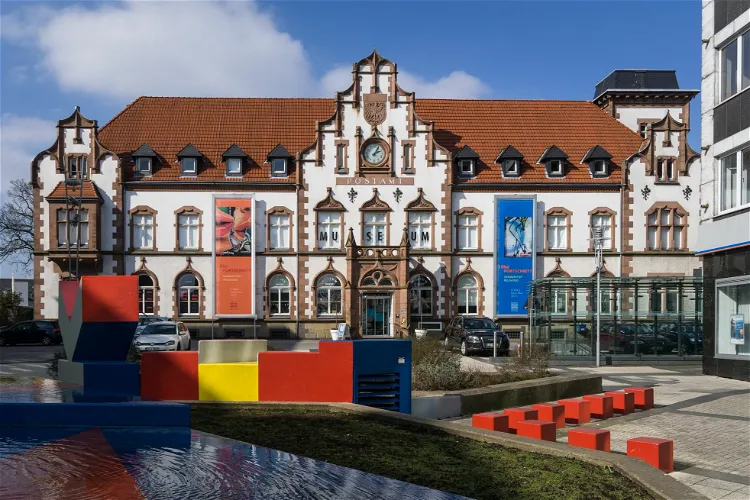
Kunstmuseum Mülheim an der Ruhr
Mülheim an der RuhrThe Kunstmuseum Mülheim an der Ruhr, situated in the city center, is a hub for art enthusiasts. It displays a wide range of art from the 20th and early 21st centuries. The museum is housed in a protected former imperial main post office, adding a historical touch to your visit. It is one of the twenty-one RuhrKunstMuseen, making it a significant part of the city's cultural landscape.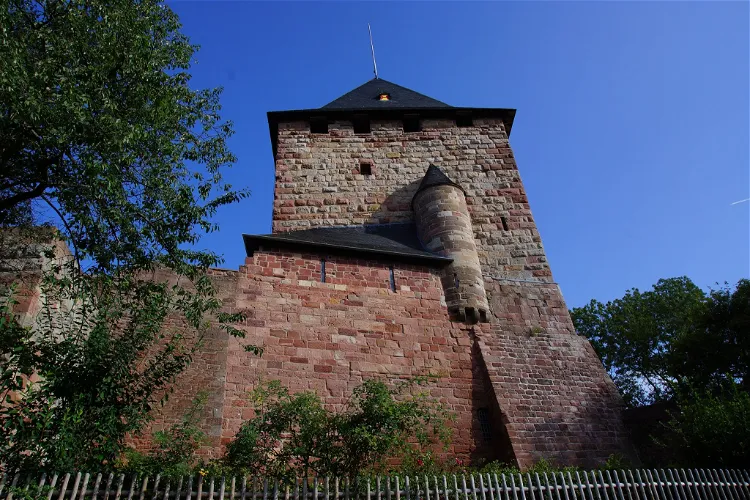
Castle Museum Nideggen
NideggenThe Castle Museum Nideggen is situated within the historic Nideggen Castle in the Düren district of North Rhine-Westphalia. This location provides a unique setting for the museum, enhancing the historical experience for visitors.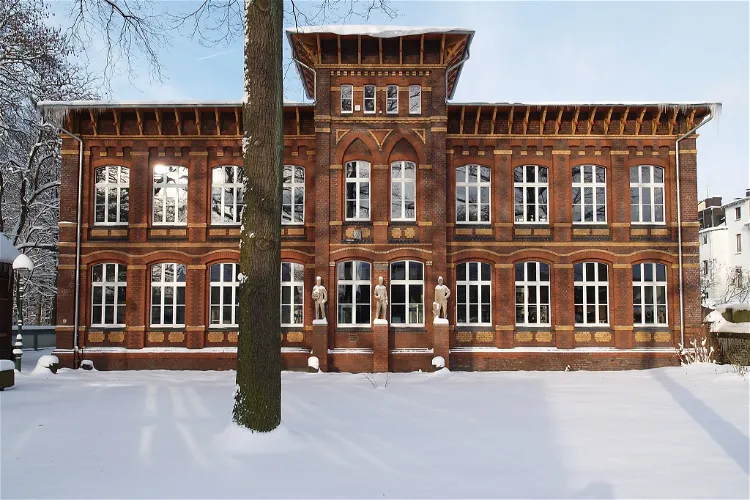
Heimatmuseum Unser Fritz
HerneThe Heimatmuseum Unser Fritz, located in Herne, is one of the three sites of the Emschertal Museum. This museum is dedicated to the social history of Herne and Wanne Eickel. It was established in the year 1926, coinciding with the founding of the city. This museum is a significant part of the city's cultural heritage and offers a deep dive into its social history.
Gruben- und Feldbahnmuseum
WittenThe German Mining and Field Railway Museum, located in Witten - Bommern in the Ruhr area, is a technical museum that offers a unique insight into the history of mining and field railways. The museum is situated on the grounds of the Zeche Theresia mine, which closed in 1892, and is part of the Muttental mining trail. This location not only provides a historical context for the exhibits but also offers a scenic backdrop for visitors.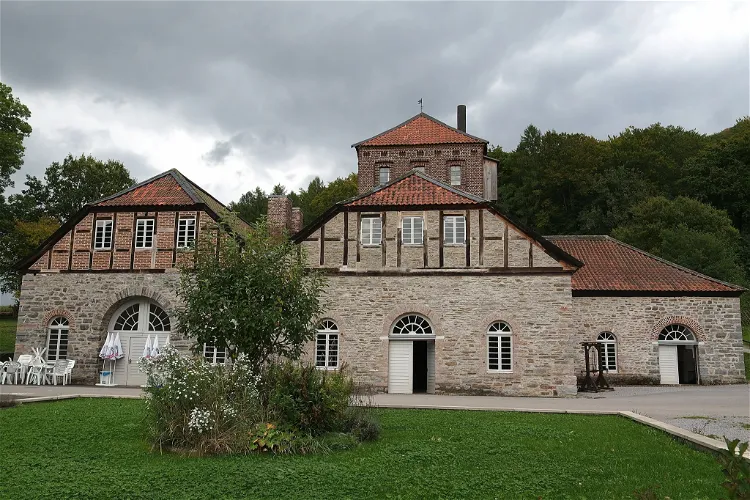
Luisenhütte
BalveThe Luisenhütte Wocklum in Balve is a significant historical site as it is the oldest preserved blast furnace facility in Germany with complete equipment. This makes it a unique destination for tourists interested in industrial history and technology. The facility offers a glimpse into the past, showcasing the technological advancements of the time.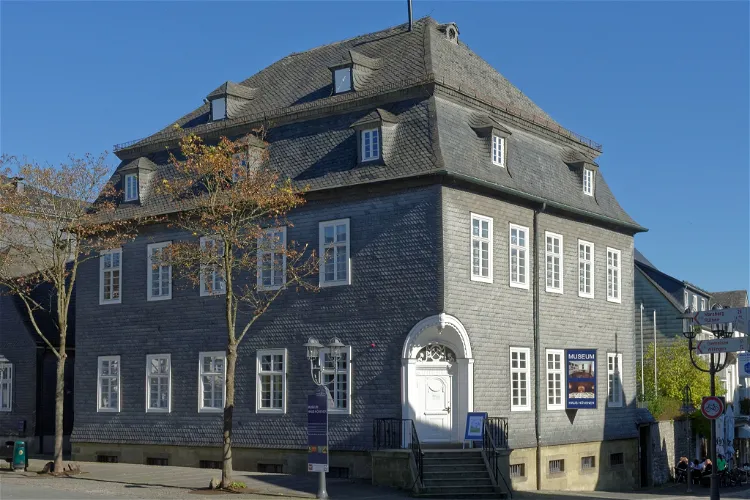
Museum Haus Hövener
BrilonThe Museum Haus Hövener is a local history museum situated in the historic and protected Haus Hövener in Brilon. This museum offers a deep dive into the history of the region, making it a fascinating destination for history enthusiasts.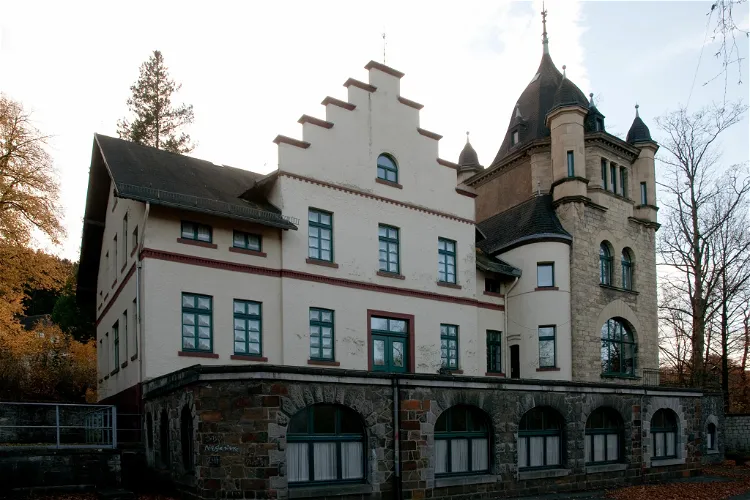
Dassel Mansion
WarsteinThe Dassel Mansion, located in Allagen which is now part of Warstein, Germany, is a 19th-century mansion. This historical building offers a glimpse into the architectural style and lifestyle of the 19th century. It was originally commissioned by quarry owner and manufacturer Victor Röper as his main residence and the office building for his companies.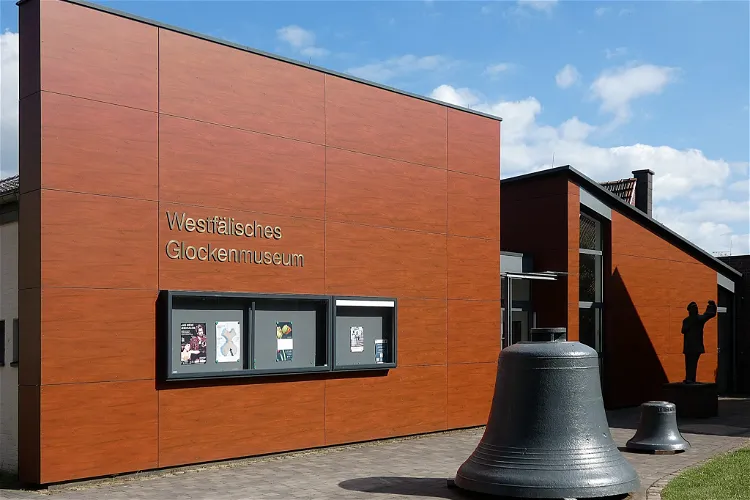
Westphalian Bell Museum Gescher
GescherThe Westphalian Bell Museum is situated in the charming municipality of Gescher, which is part of the Borken district in the Münster administrative district. This location offers visitors a chance to explore the rich history and culture of the region while also enjoying the unique exhibits of the museum.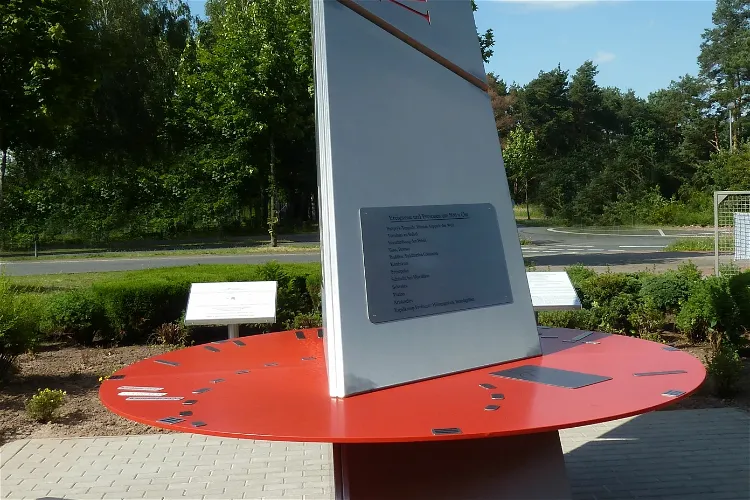
Teppichmuseum Tönsmann
EspelkampTeppichmuseum Tönsmann is a private museum situated in the city of Espelkamp, in the Minden-Lübbecke district of North Rhine-Westphalia. This location is in the East Westphalian region of Germany. The museum is easily accessible for tourists visiting this part of the country.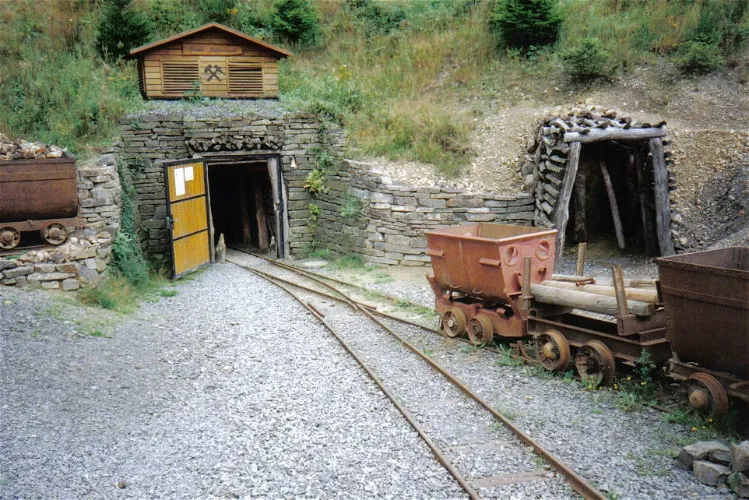
Besucherbergwerk Grube-Silberhardt
WindeckThe Grube Silberhardt, located in Öttershagen, a district of Windeck, is a historical ore mine that was reopened as a visitor mine on September 13, 2003. This site offers a unique opportunity for visitors to explore the history and workings of a former ore mine.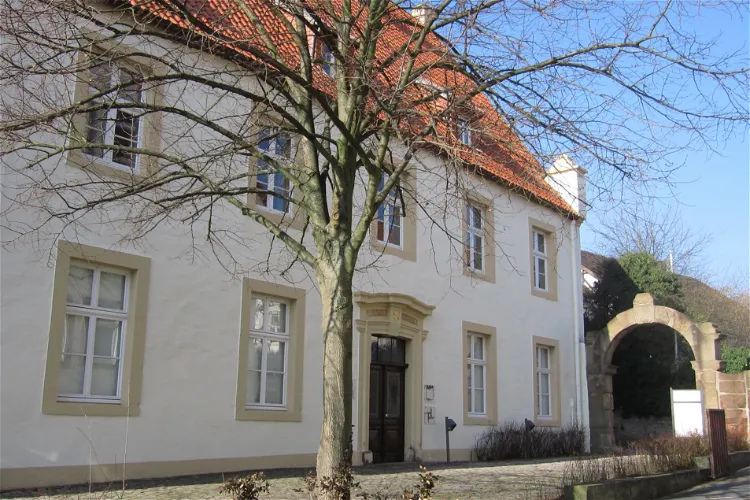
Museum im Stern
WarburgThe Museum im Stern, established in 1968, is the city museum of Warburg. It is located in the Stern House, a former medieval nobleman's estate in Warburg's New Town. This historical setting provides a unique backdrop for the museum's collections and exhibitions.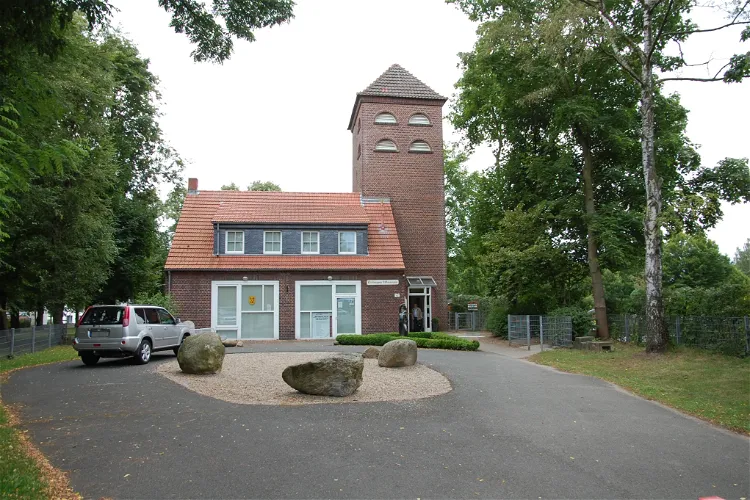
Hiltruper Museum
MünsterThe Hiltruper Museum, situated in the Hiltrup district of Münster, is a Westphalian local history museum. It was established in 1984 by the local history association, Heimatfreunde Hiltrup. This museum is a testament to the rich history and culture of the region, offering visitors a glimpse into the past.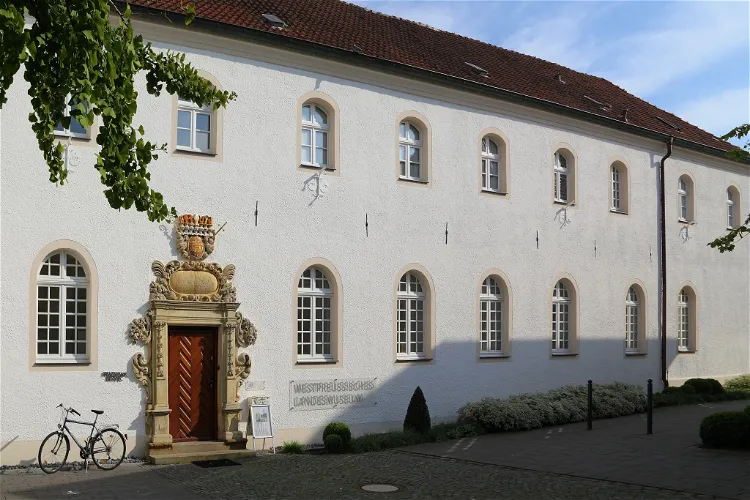
Westpreußisches Landesmuseum
WarendorfThe West Prussian State Museum, originally opened in 1975 in the historic Drostenhof in Münster-Wolbeck, has been located in the Franciscan monastery in Warendorf since the end of 2014. This relocation has allowed the museum to continue its mission of preserving and presenting West Prussian cultural heritage in a new and more accessible location.
Kolumba
CologneKolumba is an art museum in Cologne. The museum is one of the oldest museums in Cologne and is located on the site of the former St. Columba church. The museum holds and exhibits a collection paintings, drawings, prints, sculptures, decorative art and religious icons from Late Antiquity to contempor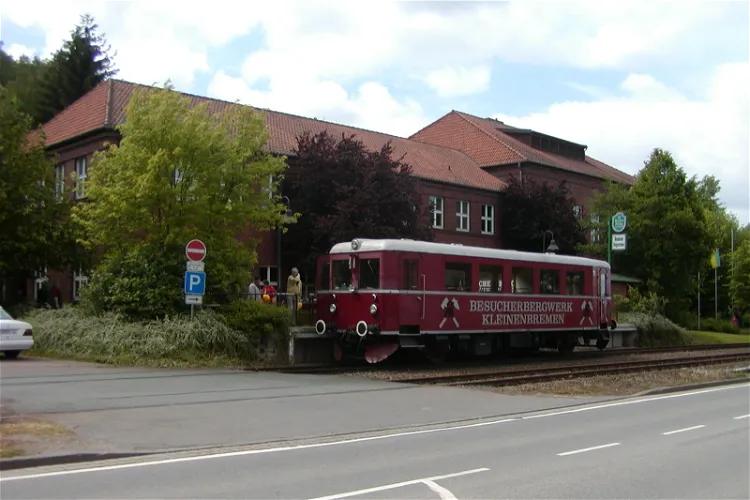
Besucherbergwerk & Museum Kleinenbremen
Porta WestfalicaThe Besucherbergwerk Kleinenbremen, located in the district of Kleinenbremen in the East Westphalian city of Porta Westfalica, is a mine that was opened to the public in May 1988. It is situated in a part of the decommissioned Wohlverwahrt mine in the Weser Mountains. This historical site offers a unique insight into the mining industry of the past.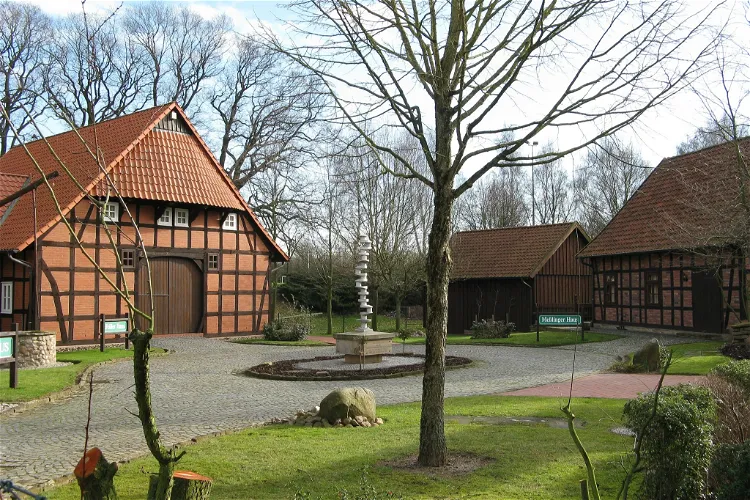
Heringsfängermuseum Heimsen
PetershagenThe Heringsfängermuseum Heimsen is a museum situated in the district of Heimsen in the city of Petershagen, in the Minden-Lübbecke district of East Westphalia. This location is significant as it provides a unique insight into the history and culture of the region.
Deutsches Glasmalerei-Museum Linnich
LinnichThe Deutsches Glasmalerei-Museum in Linnich is a unique institution in Germany, dedicated to the art of stained glass. It houses a wide range of exhibits, both historical and contemporary, featuring works by renowned artists such as Georg Meistermann, Brian Clarke, and Otmar Alt. This museum provides a comprehensive overview of the evolution and diversity of stained glass art, making it a fascinating destination for art enthusiasts and history buffs alike.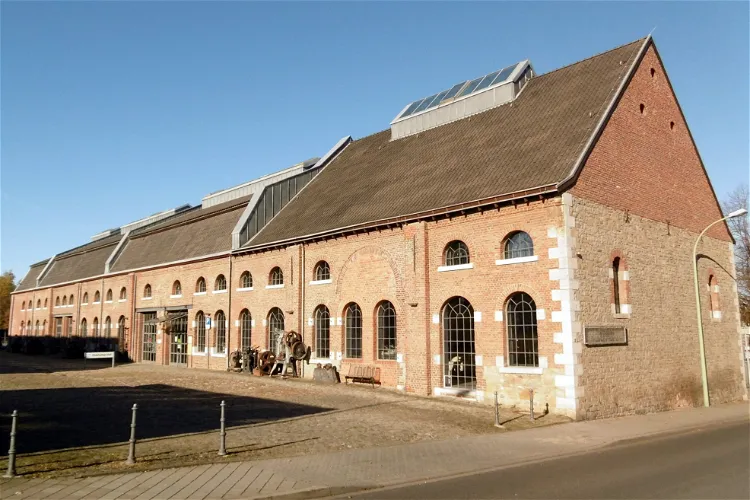
Museum Zinkhütter Hof
StolbergThe Museum Zinkhütter Hof, located in Stolberg, is dedicated to the industrial, economic, and social history of the Aachen region. It provides a comprehensive insight into the region's past, focusing on its industrial development and the social changes that came with it. The museum's exhibits cover a wide range of topics, from the production of materials such as brass and zinc to the history of local companies.
German Textile Museum
KrefeldThe German Textile Museum boasts a collection of over 30,000 objects from all corners of the world, spanning from antiquity to the present day. This vast collection offers visitors a unique opportunity to explore the history and diversity of textiles and clothing. The museum's collection is one of the most important internationally, with historically valuable textiles and clothing.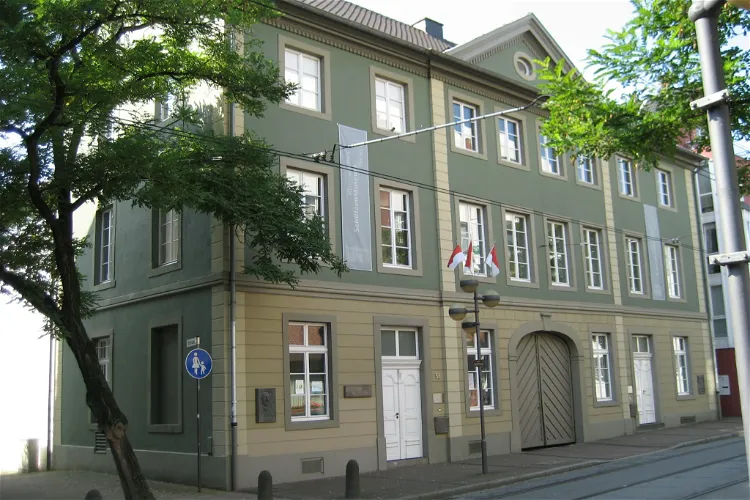
Schützenmuseum Neuss
NeussThe Rheinische Schützenmuseum Neuss, along with the Joseph-Lange-Schützenarchiv, was established in 2004. This museum is dedicated to preserving and presenting the rich heritage of the shooting clubs and brotherhoods of the entire Rhineland.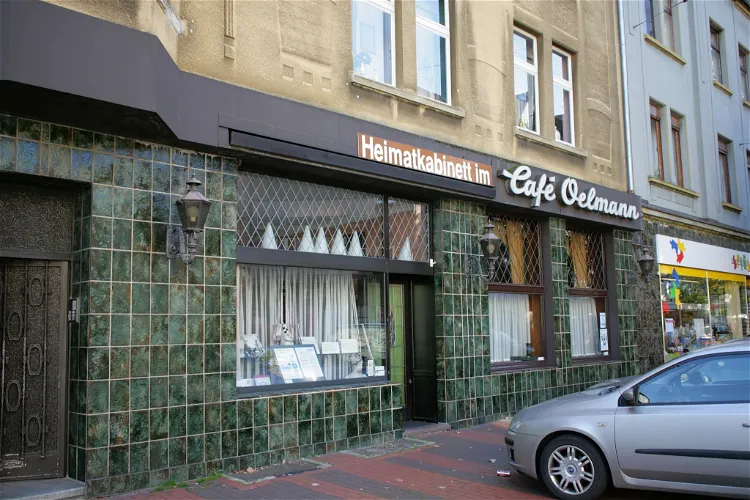
Heimatkabinett im Café Oelmann
HertenThe Heimatkabinett in the old Café Oelmann is a local history museum situated in the Westerholt district of Herten. This museum is a great place for tourists who are interested in learning about the local history and culture of the area.
Baumberger Sandstein Museum
HavixbeckThe Baumberger Sandstone Museum, located in Havixbeck near Münster, is dedicated to the fine-grained yellow Baumberger sandstone, also known as limestone sandstone, which is mined in the nearby Baumberger mountains. This museum provides an in-depth look into the history and significance of this unique type of sandstone.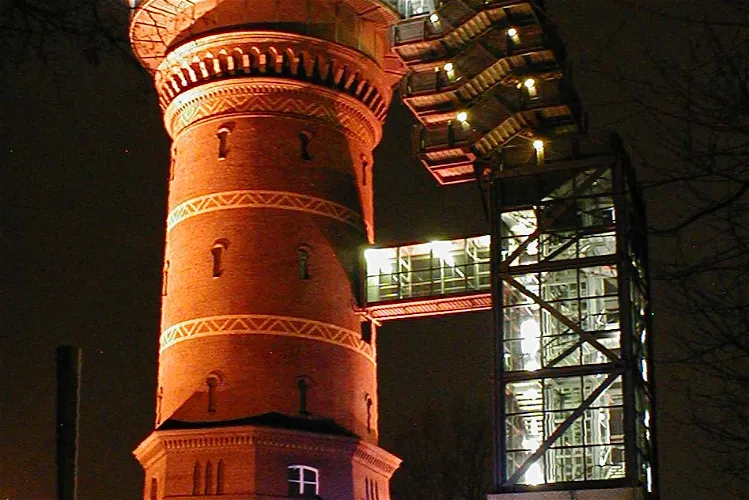
Stadtmuseum Hattingen
HattingenThe Stadtmuseum Hattingen, located in the Blankenstein district, was opened in 2001. It is housed in the old administrative buildings that were built between 1840 and 1904. The museum is situated in the heart of the village, in close proximity to the Blankenstein Castle and Gethmannschen Garten, making it a convenient location for tourists to visit.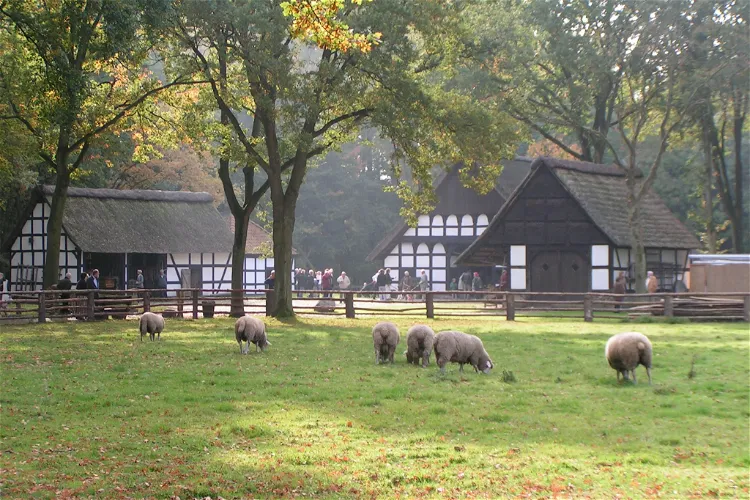
Museumshof Rahden
RahdenMuseumshof Rahden is an open-air museum situated in the city of Rahden, within the Ostwestfalen district of Minden-Lübbecke in North Rhine-Westphalia. This location provides a unique cultural experience, offering a glimpse into the regional rural lifestyle of the 19th century.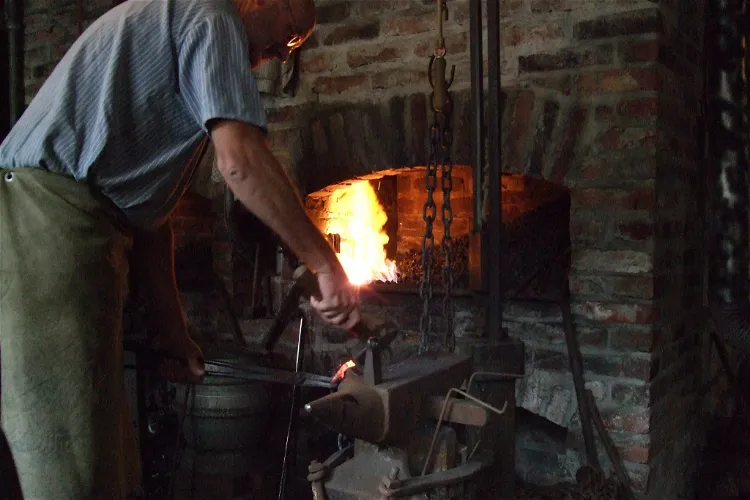
Kettenschmiedemuseum Sichtigvor
WarsteinThe Kettenschmiedemuseum, located in the Warstein district of Sichtigvor, offers a unique insight into the manual production of chains. This process, once practiced by chain smiths, is showcased in a detailed and engaging manner. Visitors can learn about the traditional techniques and skills involved in this craft, providing a fascinating glimpse into the past.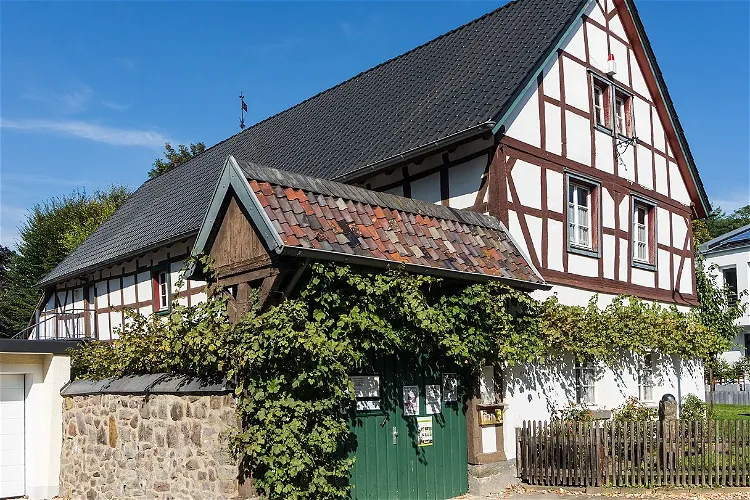
Brückenhofmuseum
KönigswinterThe Brückenhofmuseum is a local history museum situated in Oberdollendorf, a district of the city of Königswinter in the Rhein-Sieg district of North Rhine-Westphalia. The museum began its operation in 1991 in the former winery "Brückenhof" (Bachstraße 93), a half-timbered house dating back to the 17th century. This location offers a unique historical setting for the museum's exhibits.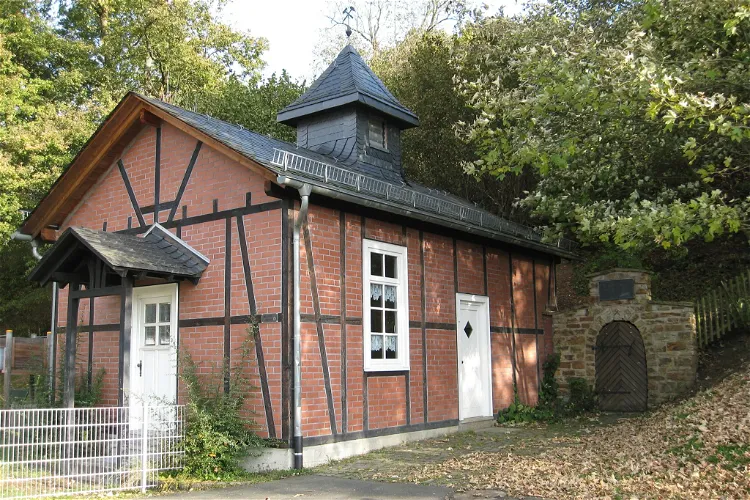
Besucherbergwerk Wodanstolln
SalchendorfThe Wodanstolln is a show mine located in Salchendorf, which is now a part of the municipality of Neunkirchen in the Siegen-Wittgenstein district. This historical site offers a unique insight into the mining history of the region.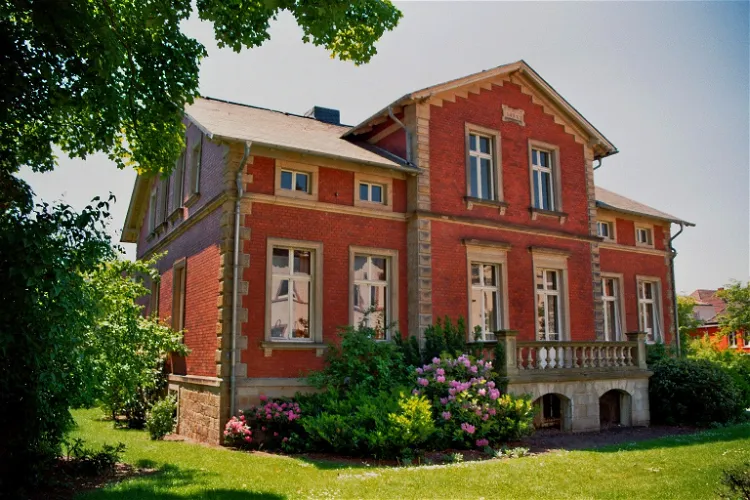
Ibbenbüren City Museum
IbbenbürenThe Ibbenbüren City Museum is a city and local history museum that focuses on the history and development of the city of Ibbenbüren in Tecklenburger Land. It provides a comprehensive overview of the city's past, making it a valuable resource for those interested in learning more about the region's history.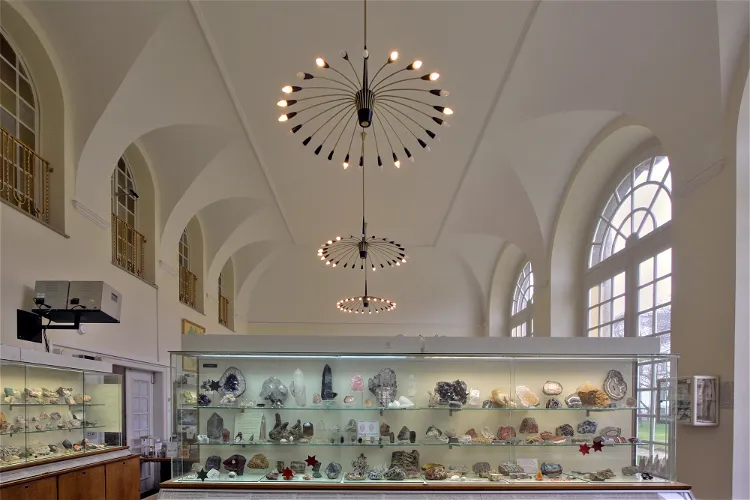
Mineralogisches Museum der Universität Bonn
BonnThe Mineralogical Museum of the University of Bonn is a unique museum dedicated to minerals and is situated in the historic Poppelsdorfer Castle. This location not only provides a rich historical backdrop for the museum but also adds to the overall experience of the visitors.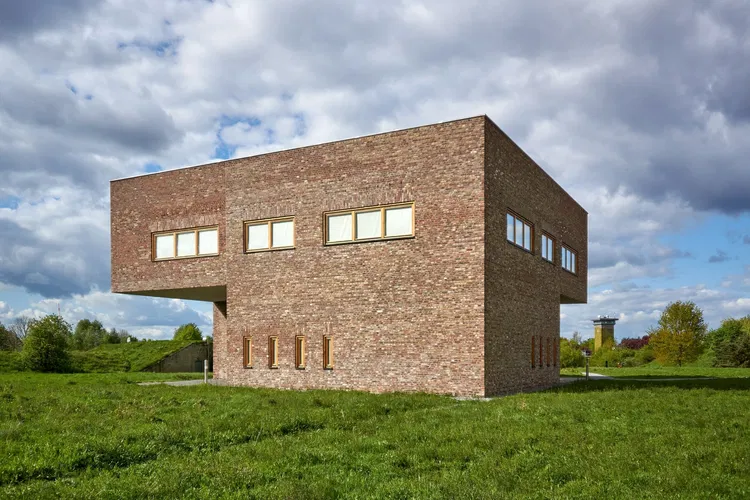
Raketenstation Hombroich
NeussRaketenstation Hombroich is a museum area located near Holzheim in the city of Neuss. It is owned by the Insel Hombroich Foundation and offers a unique blend of art, architecture, and nature. The museum is situated on a former NATO missile site, adding a historical dimension to its appeal.
Eifelmuseum Blankenheim
BlankenheimThe Eifelmuseum Blankenheim is situated in the town of Blankenheim (Ahr), within the district of Euskirchen, North Rhine-Westphalia, on Ahrstraße. This location is easily accessible and provides a great starting point for exploring the museum and the surrounding area.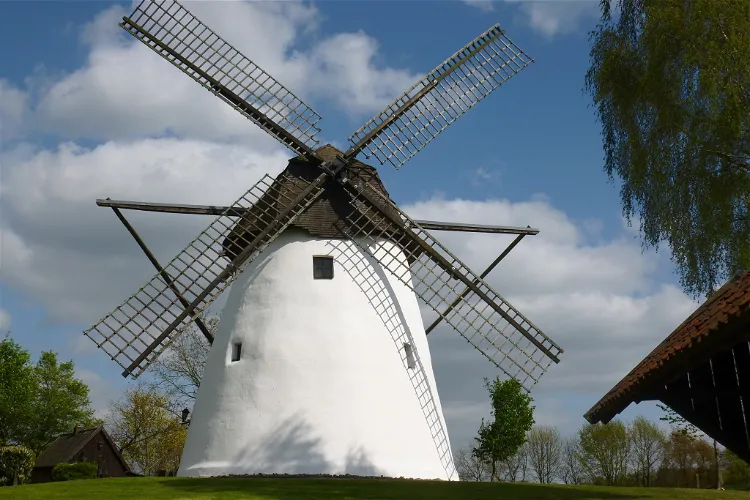
Heimatmuseum Windmühl
Reken
Oberschlesisches Landesmuseum
RatingenThe Oberschlesisches Landesmuseum (OSLM) in Ratingen is a museum dedicated to the history and culture of Upper Silesia. It is run by the Stiftung Haus Oberschlesien, a private law foundation established in 1970. The museum is conveniently located directly opposite the old museum building, known as "Haus Oberschlesien", in Ratingen-Hösel. This is where the foundation currently has its headquarters.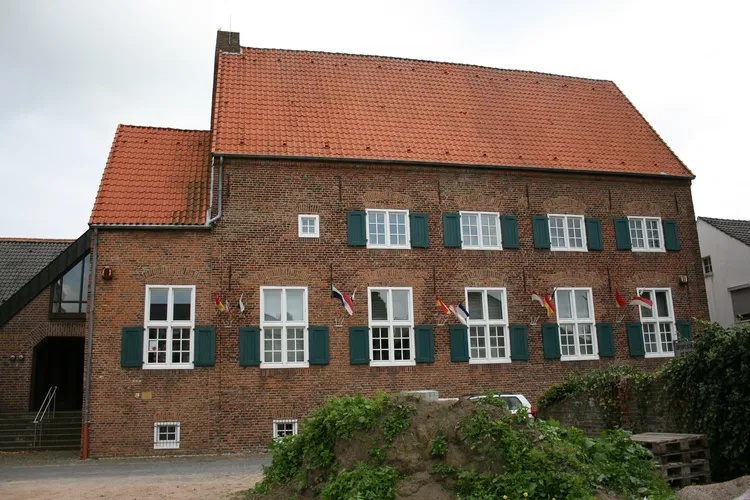
Katharinenhof Kranenburg
KranenburgMuseum Katharinenhof is an art museum situated in the historic city center of Kranenburg, in the German state of North Rhine-Westphalia. The museum has been housed in a former sister convent since 1961, adding a unique historical charm to the establishment.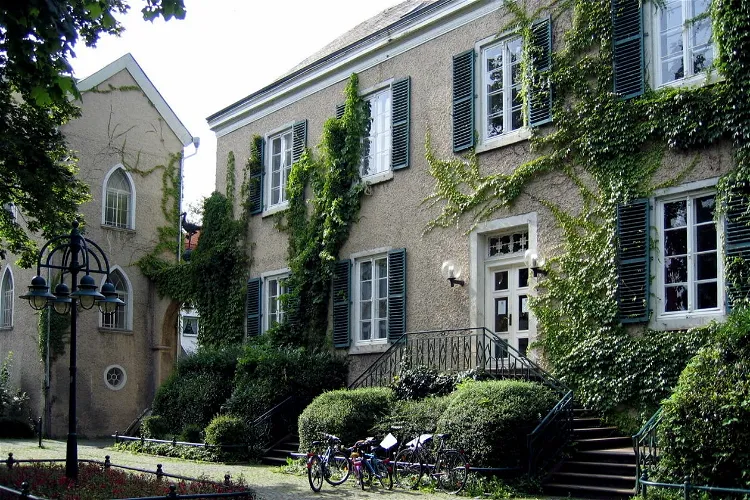
Haus Letmathe
IserlohnIn 2008 and 2009, Haus Letmathe underwent a major renovation, which included making the building accessible for people with disabilities. This renovation has ensured that the building can be enjoyed by all visitors, regardless of their physical abilities. The renovation has also helped to preserve the building's historical features, ensuring that it continues to provide a glimpse into the past for future generations.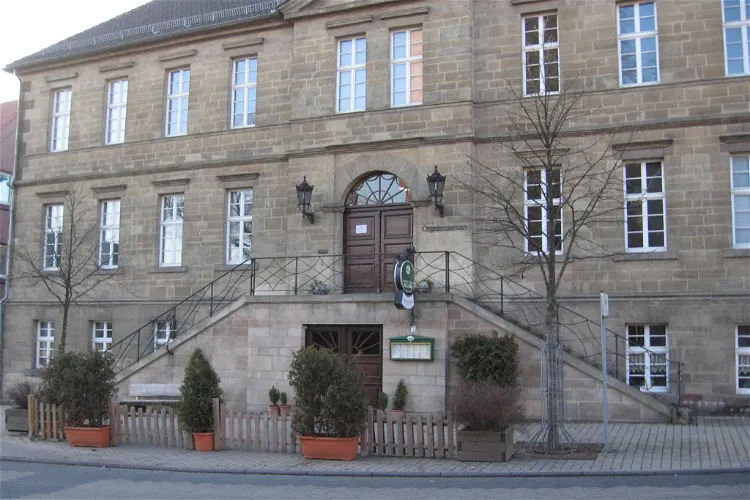
Orgelmuseum
BorgentreichThe Orgelmuseum Borgentreich, established in 1980, holds the distinction of being the first organ museum in Germany. This historical significance adds to the unique charm of the museum, making it a noteworthy destination for those interested in music and history.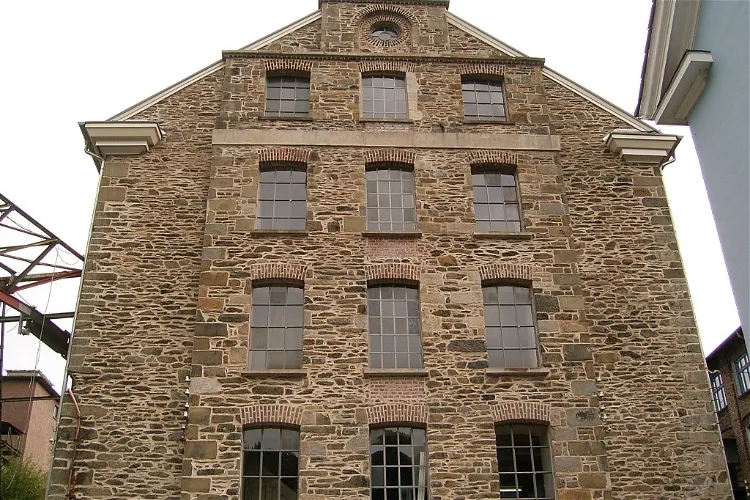
Wülfingmuseum
RadevormwaldThe Wülfing Museum, located in Radevormwald - Dahlerau in the Oberbergischer Kreis in North Rhine-Westphalia, Germany, is a textile technology museum. It is situated on the site of the former cloth factory 'Johann Wülfing & Son'. This location offers a unique insight into the history of textile production and the industrial revolution in Germany.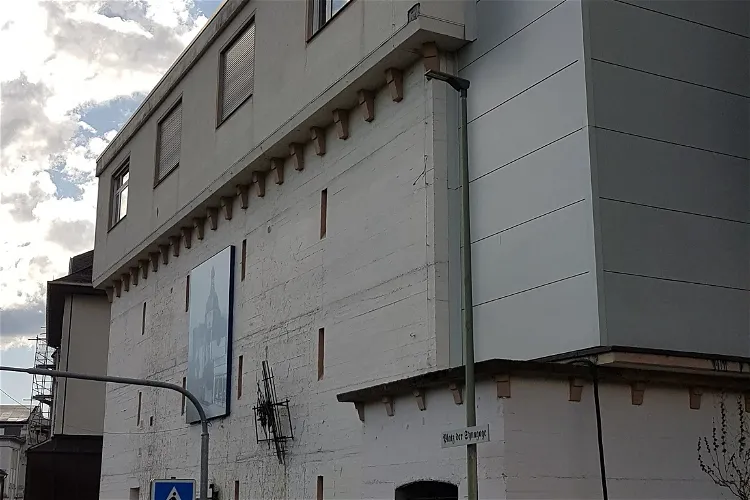
Aktives Museum Südwestfalen
Siegen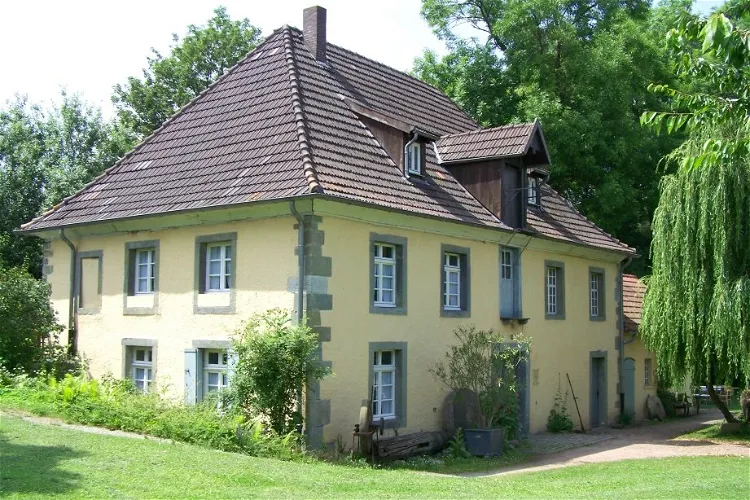
Schäferkämper Wassermühle
ErwitteThe Schäferkämper Wassermühle has a rich history dating back to 1748 when it was first built. It served as a commercial milling operation until 1933. After the death of the last owner in 1989, the mill was acquired by the North Rhine-Westphalia Foundation. With the support of the foundation, the local history friends of Bad Westernkotten restored the mill and transformed it into a museum. This historical transformation adds to the mill's appeal for tourists interested in local history and culture.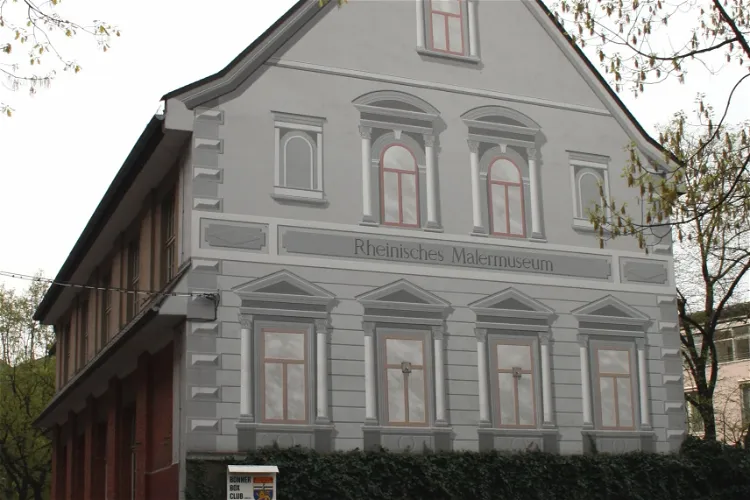
Rheinisches Malermuseum
BonnThe Rheinisches Malermuseum is an art museum located in Bonn, Germany. It was established in the year 1985 by a private association. The museum is known for its exhibits on forgotten artistic techniques and tools of the painter, providing a unique insight into the history of painting.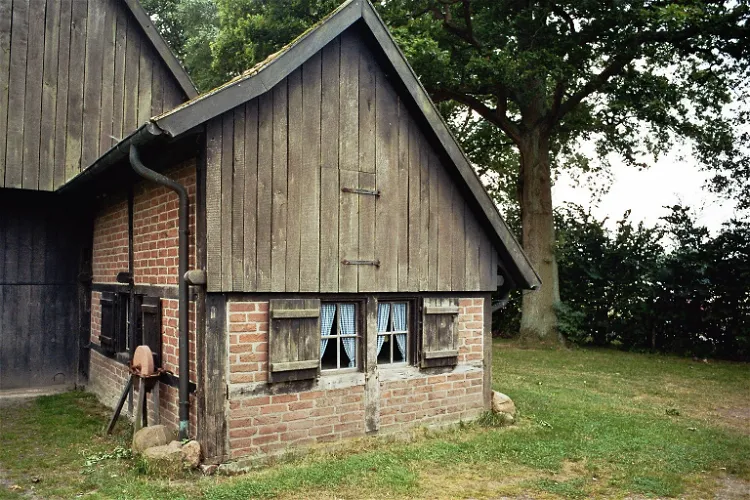
Anna Katharina Emmerickhaus
CoesfeldThe Anna-Katharina-Emmerick-Haus is a significant site as it is a reconstruction of the birthplace of the blessed Anna Katharina Emmerick. It serves as a museum-like memorial site, offering visitors a glimpse into the life and times of this revered figure. The house is located at the original site, adding to its historical authenticity.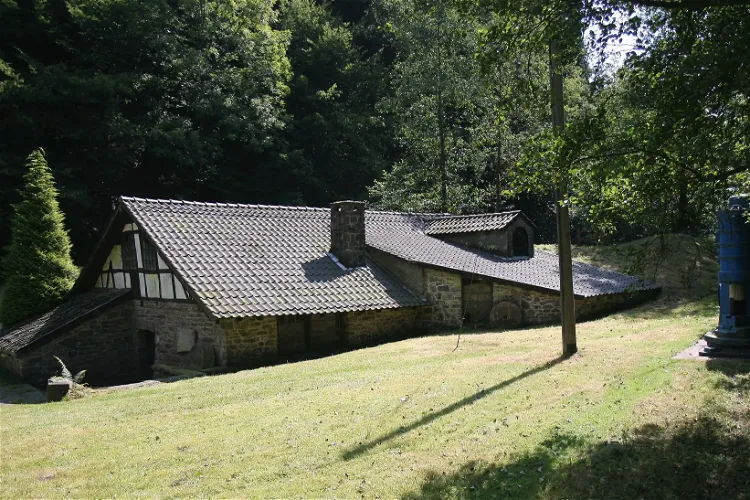
Ahe-Hammer
HerscheidThe Ahe-Hammer is a monument-protected building located in Herscheid, a municipality in the Märkischer Kreis, North Rhine-Westphalia. This historical site offers a unique glimpse into the industrial past of the region and is a significant part of its cultural heritage.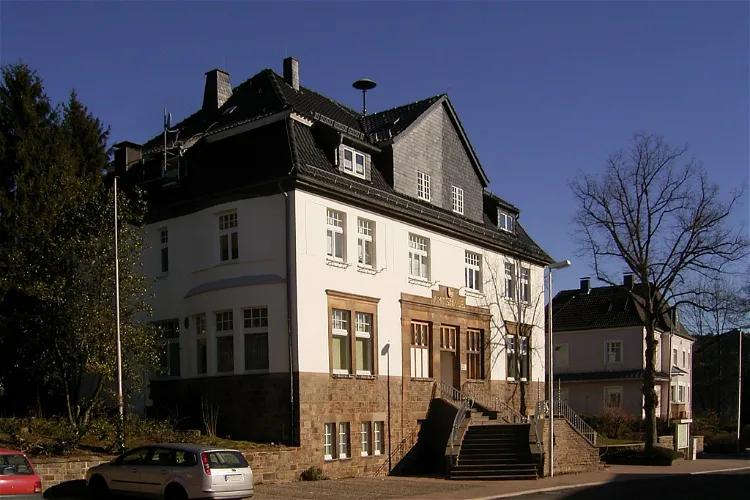
Bakelit-Museum Kierspe
Kierspe-DorfThe Bakelit-Museum Kierspe is a unique museum dedicated to Bakelite, a material invented in 1905 by Leo Hendrik Baekeland and recognized as the first industrial plastic. The museum is located in the Old Town Hall of Kierspe, adding a touch of historical charm to the experience.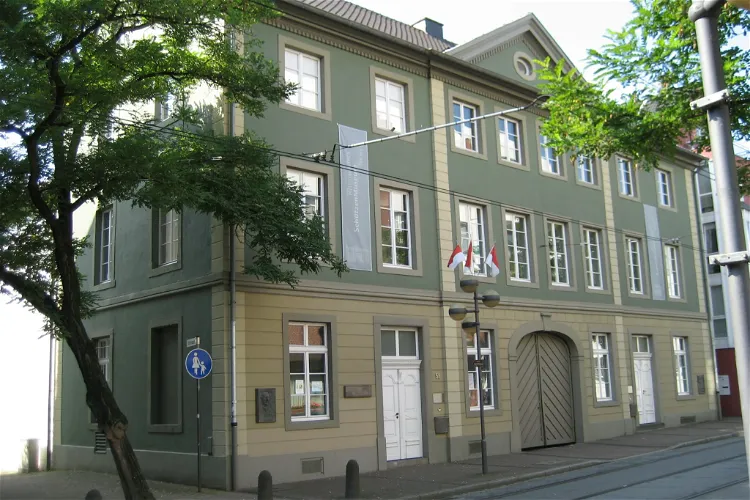
Haus Rottels
NeussHaus Rottels, located on Oberstraße in Neuss, is a former monastery building that was transformed into a residence by the affluent manufacturer and soap boiler, Franz Rottels, around 1820. The building also housed a soap production facility, adding to its historical significance.
Glasmuseum
RheinbachThe Glasmuseum in Rheinbach, established in 1968, is situated in the Himmeroder Hof at Himmeroder Wall 6. This location is steeped in history and provides a unique setting for the museum.
Eggemuseum Altenbeken
AltenbekenThe Egge Museum, situated in Altenbeken, North Rhine-Westphalia, is a unique destination that primarily displays exhibits from the era when iron extraction and processing played a significant role in the region. Visitors can gain insights into the historical importance of iron industry in Altenbeken and explore a variety of exhibits that reflect this period.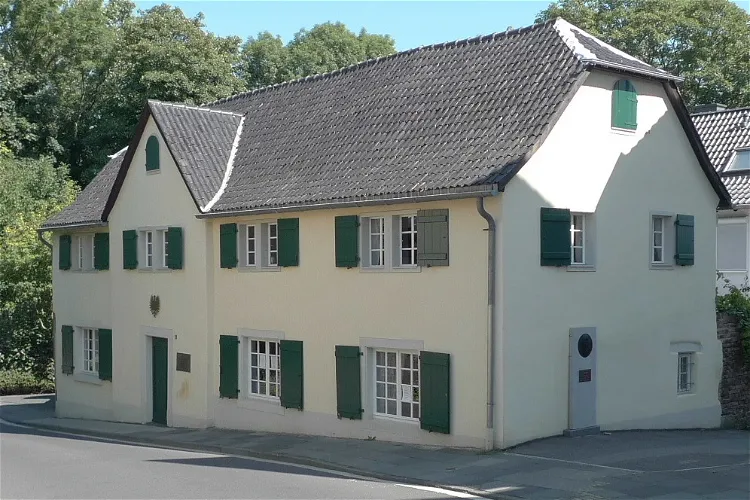
Bürgermeister-Stroof-Haus
BonnThe Bürgermeister-Stroof-Haus, also known as Stroof’sches Haus or Haus Stroof, was the residence and office of the first Vilicher mayor Leonhard Stroof (1757–1825). This historical building served as the official residence of the mayor until 1896 when the office was moved to Beuel. The house is a significant architectural monument in the Bonn region due to its Rhineland half-timbered construction.
Museum Forum der Völker
WerlThe Forum der Völker in Werl holds the title of being the largest ethnological museum in Westphalia, and its extensive collection makes it one of the most significant ethnological museums in Germany. This museum, previously a mission museum, was maintained by the Franciscans of the Werl Monastery until its closure in 2019. It houses approximately 11,000 exhibits, the majority of which were collected as part of the order's missionary activities. The museum was opened on May 1, 1962, and has since undergone several renovations and expansions.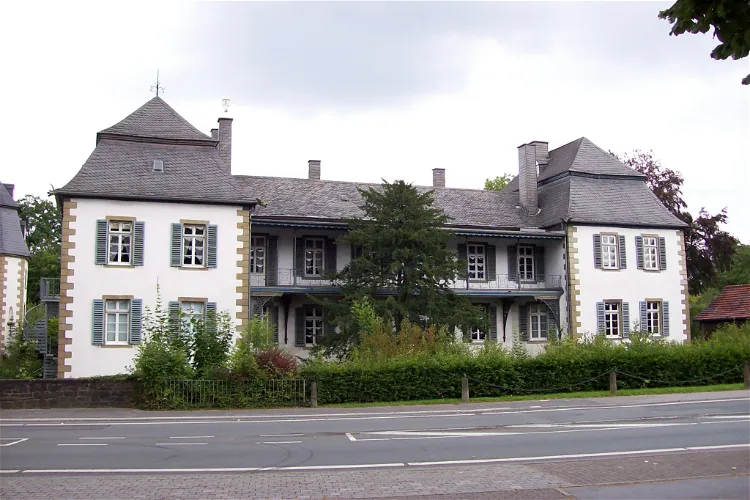
Städt. Museum Haus Kupferhammer
WarsteinHaus Kupferhammer, located in the heart of Warstein, is a significant cultural center. Since 1962, it has been home to the city museum, offering visitors a glimpse into the rich history and culture of the region.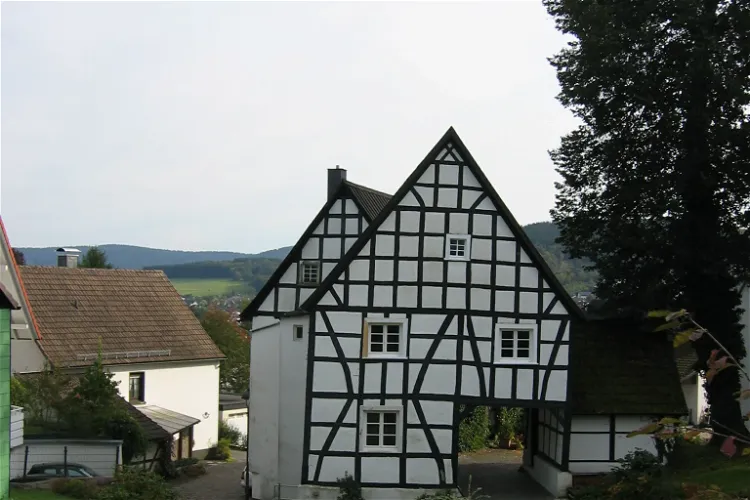
Heimatmuseum Spieker
HerscheidThe Spieker is one of the oldest buildings in Herscheid, a fact that adds to its historical significance. The name 'Spieker' translates to 'storage', which is indicative of its original purpose. This building was used by the church to store natural goods, making it a significant part of the town's history.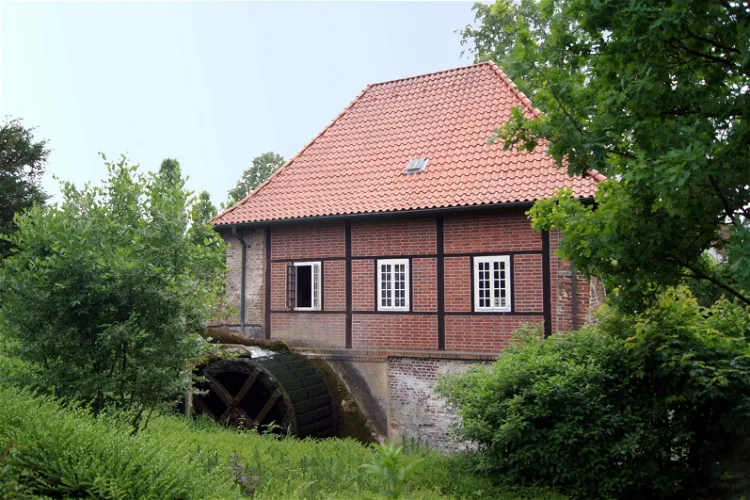
Bischofsmühle
CoesfeldThe Bischofsmühle is a unique watermill located in Coesfeld, characterized by its overshot water wheel. This type of water wheel is a significant feature of the mill, as it is powered by the weight of water falling from above, rather than from the flow of water underneath. This makes the Bischofsmühle a fascinating site for those interested in historical engineering and architecture.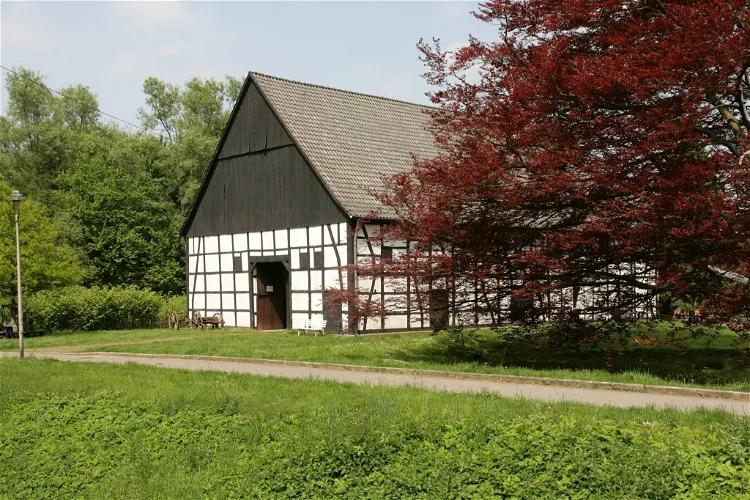
Bauernhausmuseum der Stadt Bochum
HattingenThe Bauernhausmuseum der Stadt Bochum is situated in close proximity to the Wasserburg Haus Kemnade in Hattingen. This location makes it an ideal destination for tourists who are interested in exploring the historical and cultural aspects of the region. The museum is easily accessible and offers a unique insight into the rural life of the 18th century.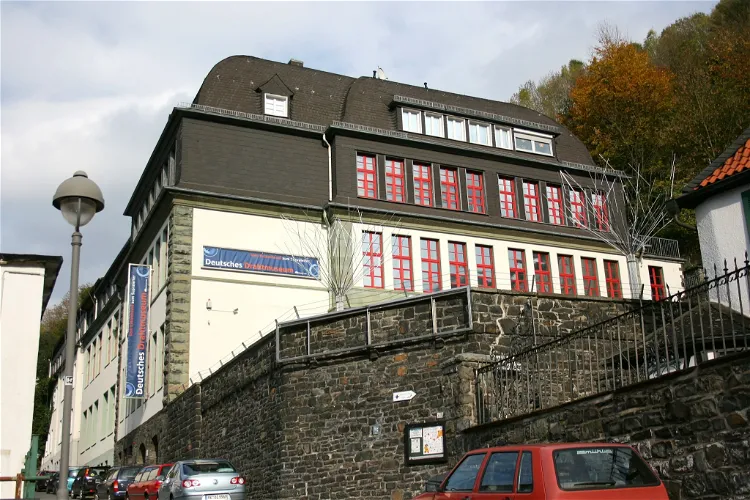
Deutsches Drahtmuseum
AltenaThe Deutsches Drahtmuseum in Altena is a unique institution, being the only one of its kind in the world. It was established in 1965 by the Altena district, following the initiative of industrialist Paul Rump. This museum offers a unique insight into the history and significance of wire in industry and everyday life.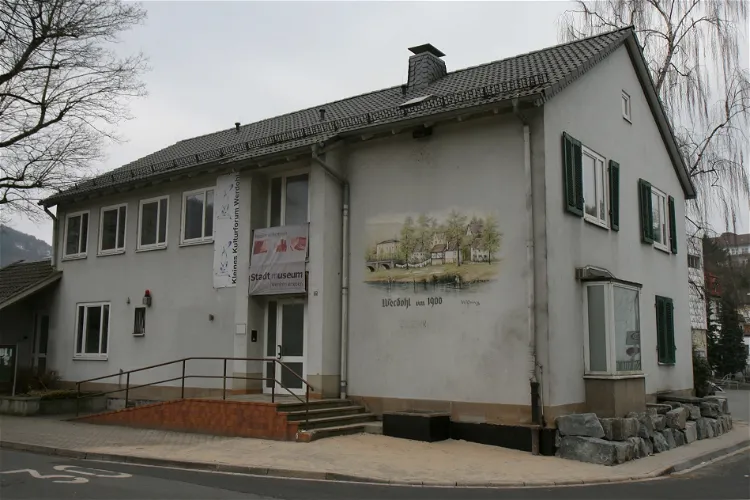
Stadtmuseum Werdohl
WerdohlThe Stadtmuseum Werdohl, a local history museum, was first opened to the public on April 30, 1989. This museum is located in the city of Werdohl, providing visitors with a deep dive into the local history and culture of the area.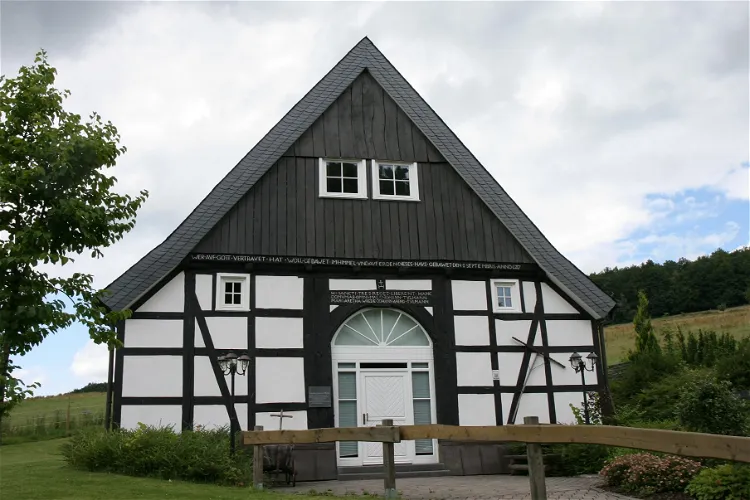
Heimatmuseum Alte Mühle
GevelinghausenThe Heimatmuseum "Alte Mühle" is situated in the Gevelinghausen district of the city of Olsberg. This location is easily accessible and offers a unique opportunity to explore the rich history of the region.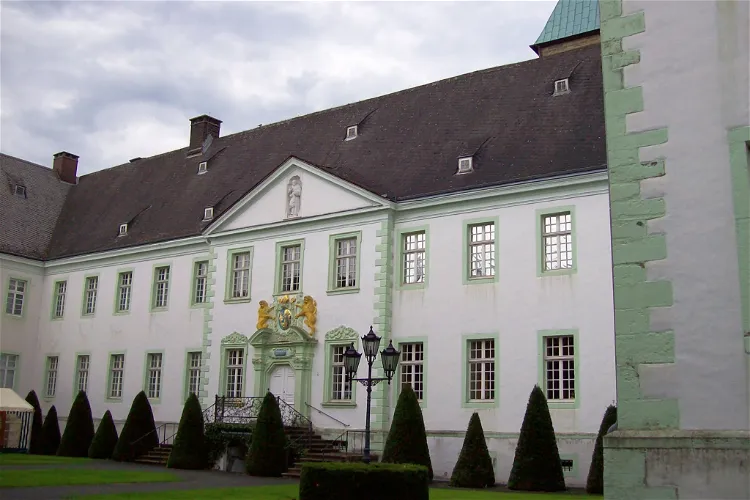
Museum Abtei Liesborn
LiesbornThe Museum Abtei Liesborn is a unique destination for art and cultural history enthusiasts. It is situated in the baroque abbot's residence of the former Liesborn Abbey of the Benedictines in Liesborn. This setting provides a rich historical backdrop for the museum's exhibits, adding to the overall visitor experience.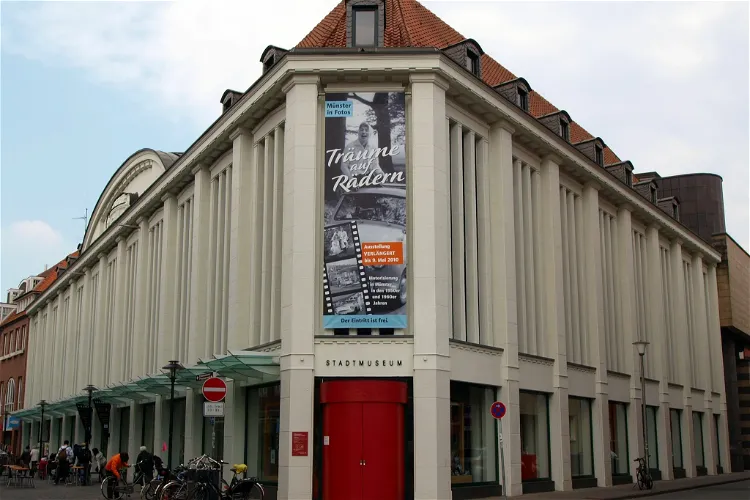
Stadtmuseum
MünsterThe Stadtmuseum Münster, established in 1979, is dedicated to the history of the city of Münster. It provides a comprehensive overview of the city's past, making it an interesting destination for those interested in learning about the city's history.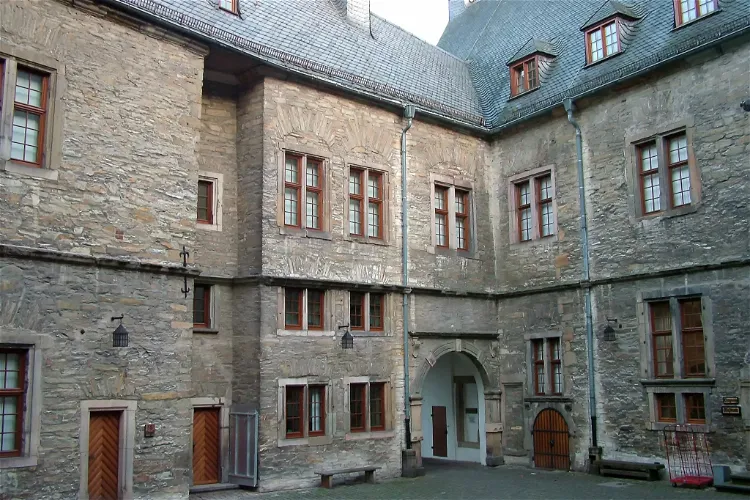
Wewelsburg District Museum
BürenWewelsburg is a Renaissance castle situated in the village of the same name in Nordrhein-Westfalen, Germany. The castle is surrounded on three sides by the village, which is now part of the city of Büren. The castle was built in its current form between 1603 and 1609 as the second home to Prince-Bishop Dietrich von Fürstenberg. Today, the castle appears as a remodeling and inclusion of earlier buildings on the site, with the first buildings erected as early as the 8th and 9th centuries.
Clemens Sels Museum Neuss
NeussThe Clemens Sels Museum Neuss is an art museum situated in the city of Neuss. It is a modern multi-part building that houses a wide range of art collections from different periods and styles.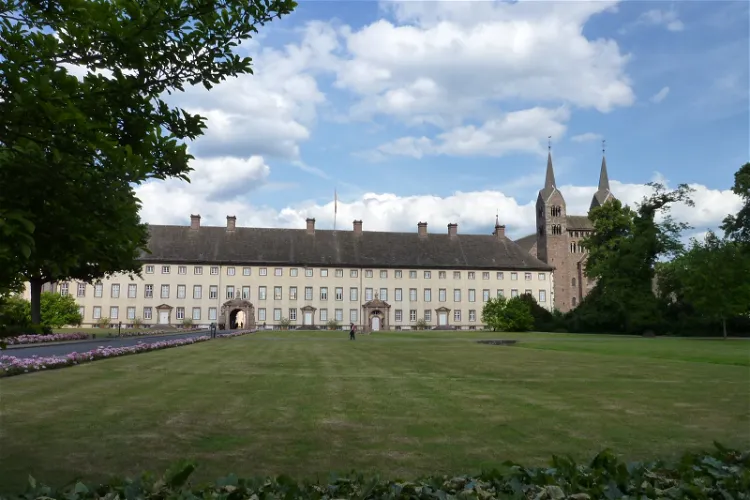
Schloss Corvey
Höxter
LWL Industrial Museum Mine Nachtigall
WittenThe LWL Industrial Museum Zeche Nachtigall is a technical museum situated in Witten Bommern. It is an extension of the LWL Industrial Museum and is located on the old factory site of the Zeche Nachtigall at Nachtigallstraße 35-37. The museum is a significant point on the Route of Industrial Culture and serves as an information center for the Geopark Ruhrgebiet.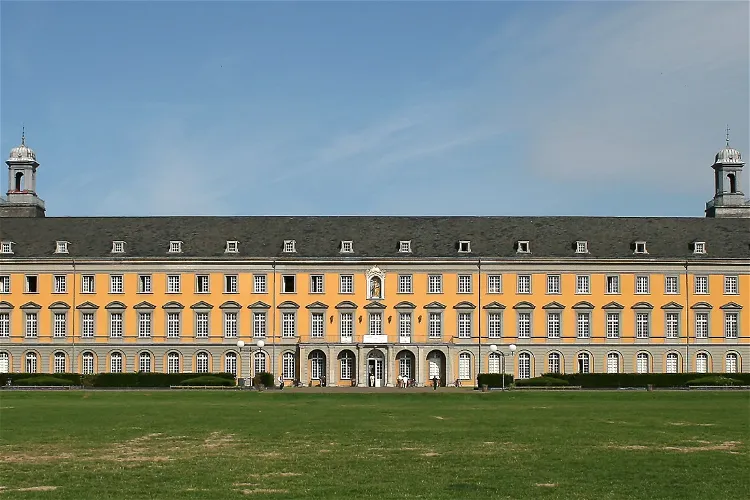
Bonn Egyptian Museum
BonnThe Egyptian Museum of the University of Bonn is a part of the University of Bonn. It showcases a collection of original artifacts from Ancient Egypt, providing visitors with a unique opportunity to explore the rich history and culture of one of the world's oldest civilizations.- 136
Korbmachermuseum
Hückelhoven - 137
Museumsdorf Altwindeck
Windeck 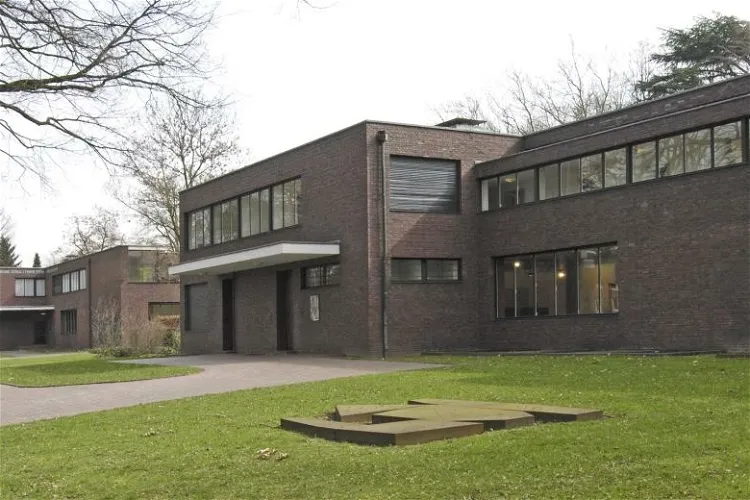
Haus Lange and Haus Esters
KrefeldHaus Lange and Haus Esters are two residential houses located in Krefeld, Germany. These houses were designed by the renowned architect Ludwig Mies van der Rohe for the German industrialists Hermann Lange and Josef Esters. The architectural design of these houses reflects the unique style of van der Rohe, making them a significant part of Krefeld's cultural heritage.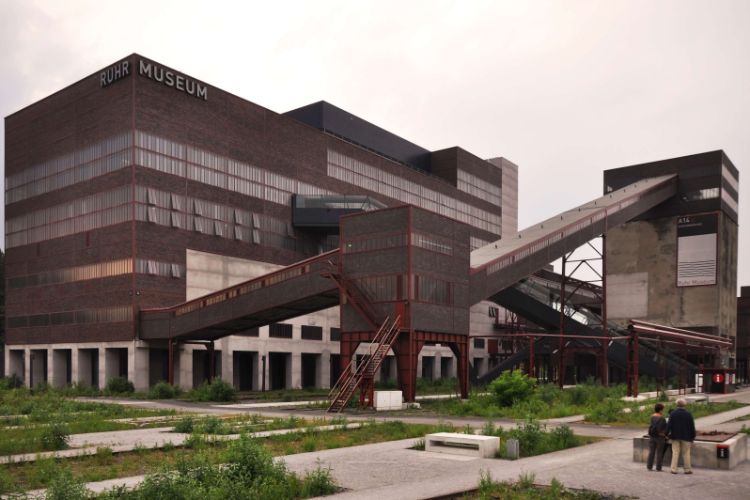
Ruhr Museum Essen
EssenThe Ruhr Museum is a natural history and cultural history museum for the Ruhrgebiet (the Ruhr area) in Essen. In the permanent exhibition in the museum, it documents nature, culture and history of the Ruhr area and thus the development of the largest agglomeration in Europe.- 140
Felsenkeller Brauereimuseum
MonschauThe Felsenkeller Brewery Museum has a rich history dating back to 1847 when beer brewer Wilhelm Braun purchased the "Grüneburg" at the "Röetgen". He expanded the existing brewery by adding a dining room and an open bowling alley, enhancing the visitor experience. 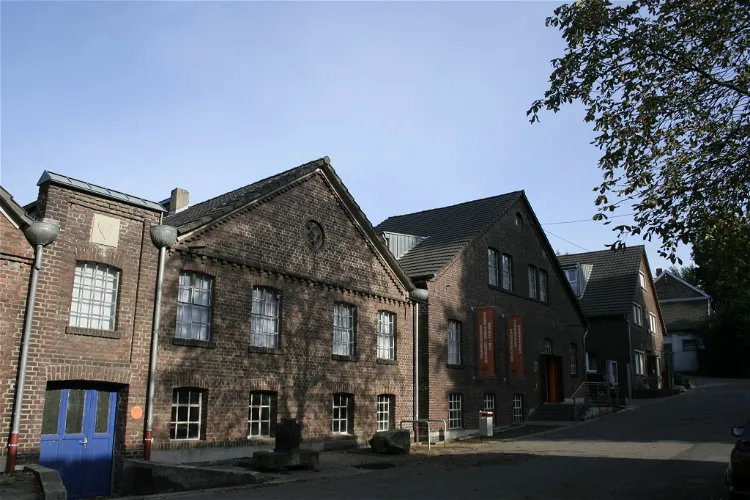
Industriemuseum Freudenthaler Sensenhammer
LeverkusenThe Industriemuseum Freudenthaler Sensenhammer, located in the Schlebusch district of Leverkusen, is a historic scythe factory. This museum offers a unique opportunity to explore the history of industrial manufacturing in the region, with a focus on the production of scythes. The factory's original buildings and workstations have been preserved, providing a glimpse into the past.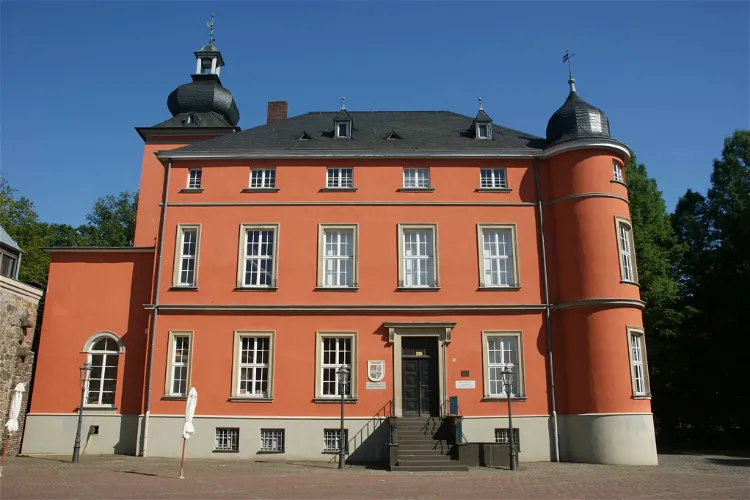
Bilderbuchmuseum
TroisdorfThe Bilderbuchmuseum in Troisdorf is a unique institution in Europe, dedicated to the display of artistic picture book illustrations, historical and modern picture books, as well as artist books. This makes it a distinctive destination for those interested in the art of illustration and the history of picture books.
Hebezeug-Museum
WittenThe Hebezeug-Museum in Witten is a unique destination that showcases a collection of old machines used for lifting and moving loads. The museum is owned by the company J. D. Neuhaus, a renowned name in the industry. Visitors can explore a variety of exhibits that provide a glimpse into the history and evolution of these machines.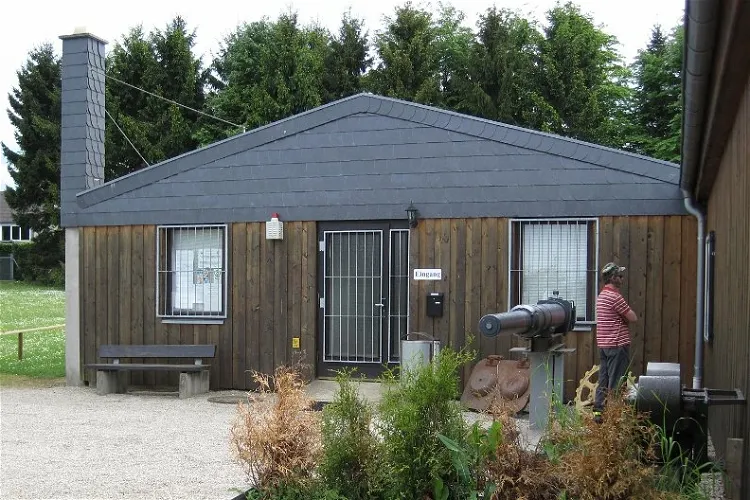
Museum Huertgen Forest 1944 and in Peacetime
HürtgenwaldThe Museum Hürtgenwald 1944 and in Peacetime is situated in the scenic town of Vossenack, within the municipality of Hürtgenwald in the district of Düren, North Rhine-Westphalia. This location is easily accessible and offers a rich historical context for visitors interested in World War II history.
Heimatmuseum Radevormwald
RadevormwaldThe Heimatmuseum Radevormwald is conveniently located in Hohenfuhrstraße, directly opposite the town hall of Radevormwald. This location in the Oberbergischer Kreis in North Rhine-Westphalia, Germany, makes it easily accessible for tourists visiting the area.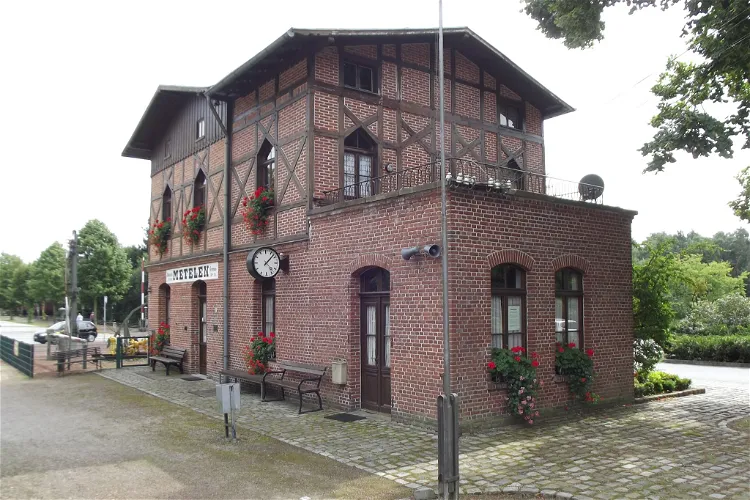
Eisenbahnmuseum Metelen Land
MetelenThe Eisenbahnmuseum Metelen Land is situated on the Münster–Enschede railway line (route 407). Since 1986, it has been operated and maintained by the Eisenbahn-Interessengemeinschaft Metelen e. V. (EIG). This museum offers a unique insight into the history and operation of the railway in this region.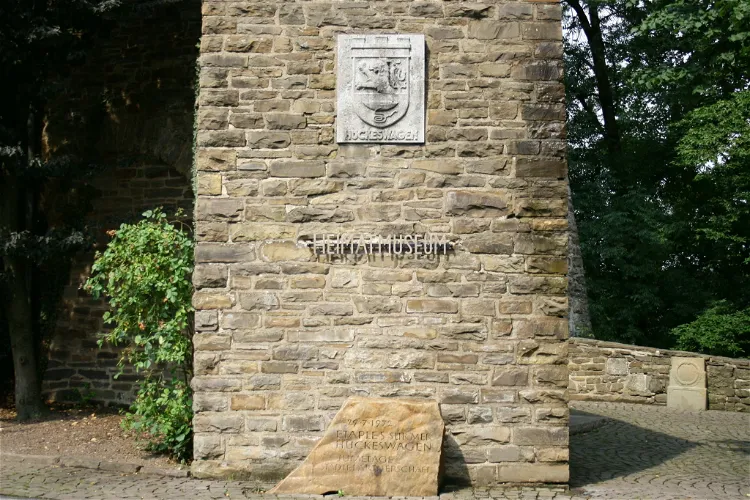
Heimatmuseum Hückeswagen
HückeswagenThe Heimatmuseum Hückeswagen is situated in the eastern hall building of the Hückeswagen Castle. This location adds a historical charm to the museum, making it a unique destination for tourists interested in history and architecture.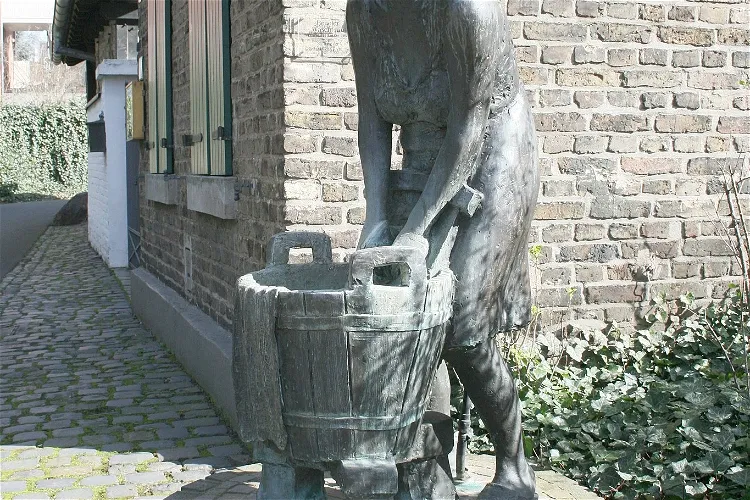
Heimatmuseum Beuel
BonnThe Heimatmuseum Beuel is situated in four buildings that form a closed courtyard. These buildings are located in the former Steinerstraße, which is now known as Wagnergasse. The unique architectural layout of the museum provides a distinctive setting for the exhibits.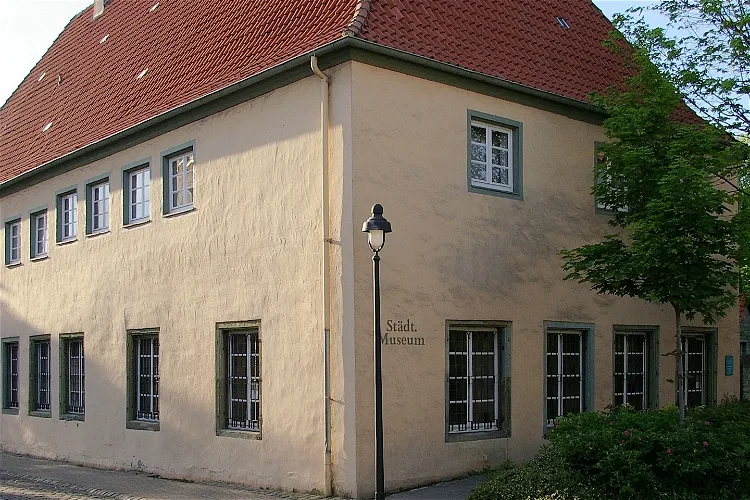
Städtisches Museum am Rykenberg
WerlThe Städtisches Museum Am Rykenberg – Wendelin-Leidinger-Haus is the local museum of the city of Werl. It is a place where visitors can learn about the history and culture of the city. The museum is named after Wendelin Leidinger, who was a local historian and caretaker of the house for many years.
Rautenstrauch-Joest-Museum
CologneThe Rautenstrauch-Joest Museum is a museum of ethnography in Cologne that arose from a collection of over 3500 items belonging to ethnographer Wilhelm Joest. The museum answers questions such as: How do people live their lives at different times and in different parts of the world? And what connects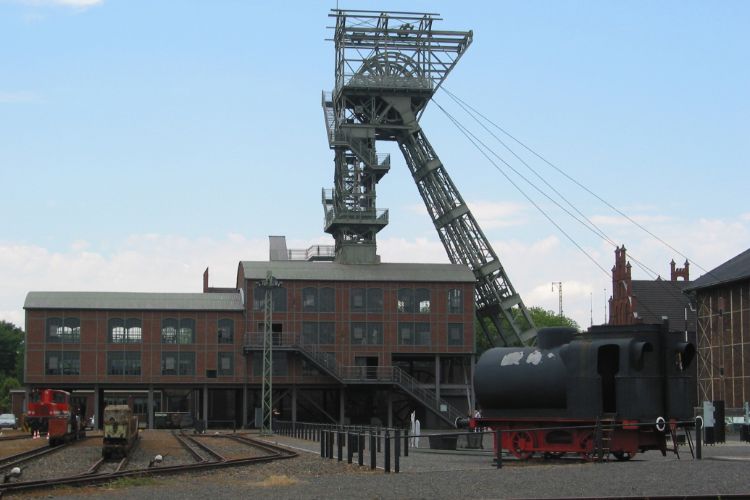
LWL-Industriemuseum Zeche Zollern
DortmundThe LWL-Industriemuseum Zeche Zollern (LWL Industrial Museum - Provincial Westphalian Museum of Industrial Culture) belonged to the Stiftung Industriedenkmale und Geschichtskultur (Foundation of Industrial Heritage and Historical Culture). Today, the LWL Industrial Museum Zeche Zollern in Dortmund c- 152
Puppen- und Spielzeugmuseum
Bad Münstereifel - 153
Heimatstube Sprockhövel
Sprockhövel - 154
Heimatmuseum
Kreuztal 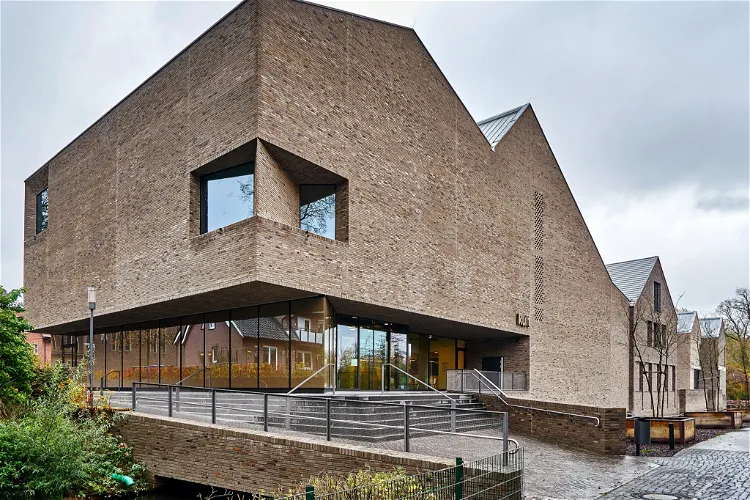
Kulturhistorische Zentrum Westmünsterland
VredenThe Kulturhistorische Zentrum Westmünsterland, also known as kult, is a multi-faceted institution located in the city of Vreden, under the jurisdiction of the Borken district. This center is home to a museum, the Landeskundliche Institut Westmünsterland, the district archive, and the city archive of Vreden. In addition to these, it also houses seminar rooms, the Landeskundliche library, and a reading room. This makes it a comprehensive hub for cultural and historical exploration.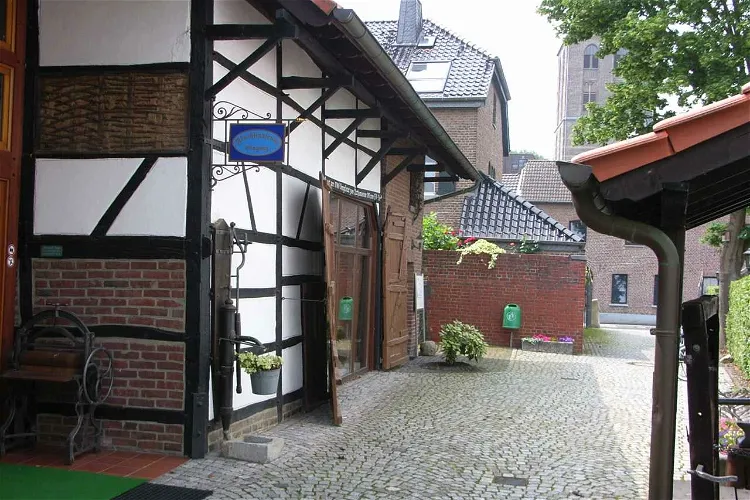
Flachsmuseum
WegbergThe Beecker Flax Museum, situated at Holtumer Straße 19a in Beeck near Wegberg, is a unique institution dedicated to the cultivation and use of flax. The museum provides an in-depth look into the various stages of flax production, from sowing the seeds to the final textile product. It offers a fascinating insight into the historical significance of flax in the region's agriculture and textile industry.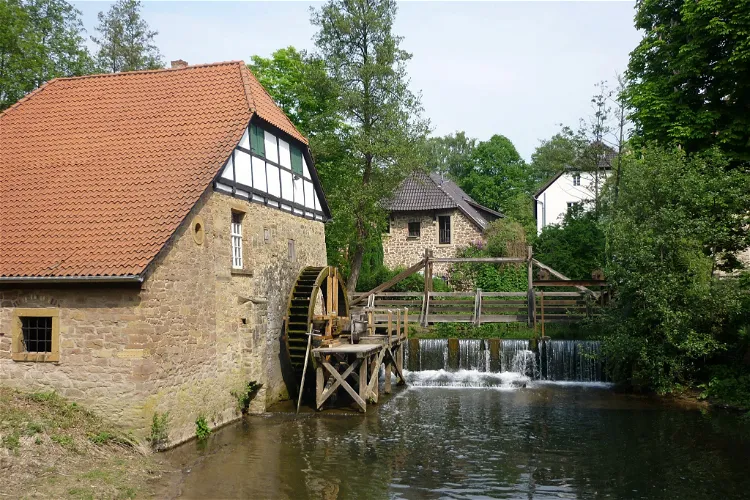
Ölmühle
Lemgo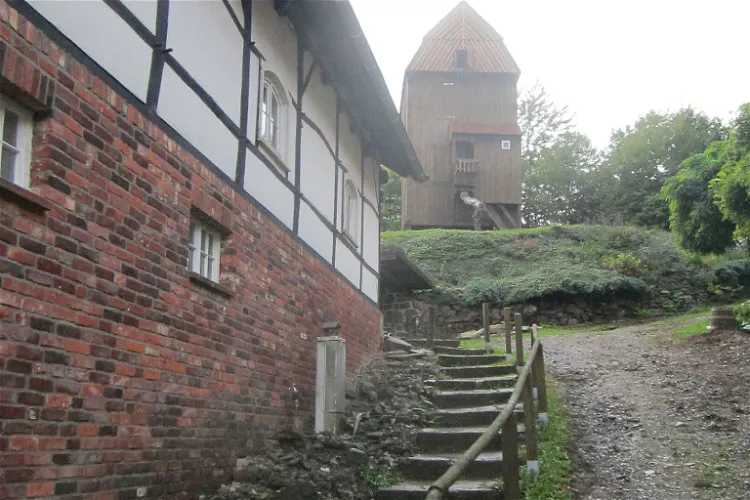
Mühlenhof Breckerfeld
BreckerfeldThe Mühlenhof Breckerfeld is a historical ensemble of buildings located in Breckerfeld, North Rhine-Westphalia. This unique collection includes a relocated post mill, a baking storage, a grain storage, a bee house, a bakery, a farmhouse, and a coffee shop with a farm shop. Each of these structures contributes to the overall historical and cultural significance of the site, offering visitors a glimpse into the past.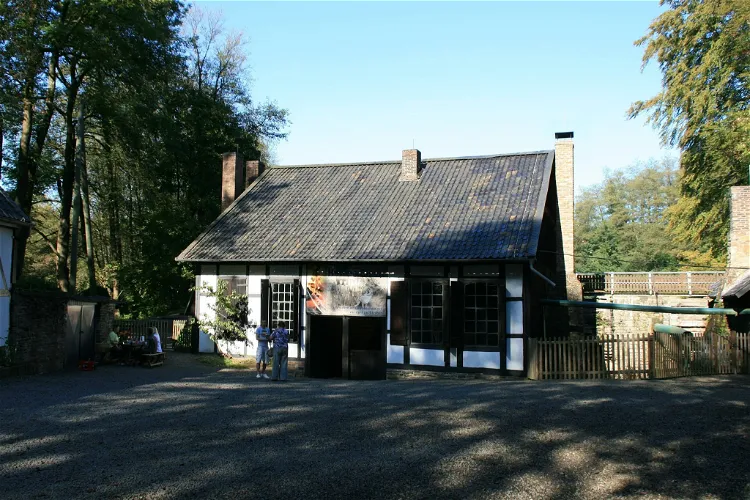
Oelchenshammer
EngelskirchenThe Oelchenshammer is a unique historical site located near Bickenbach in the Oberbergischer Kreis. It is one of the last remaining water-powered forges in the Rhineland, offering visitors a glimpse into the region's industrial past. The forge, along with the blacksmith's house, is now an external site of the LVR Industrial Museum Kraftwerk Ermen & Engels in Engelskirchen.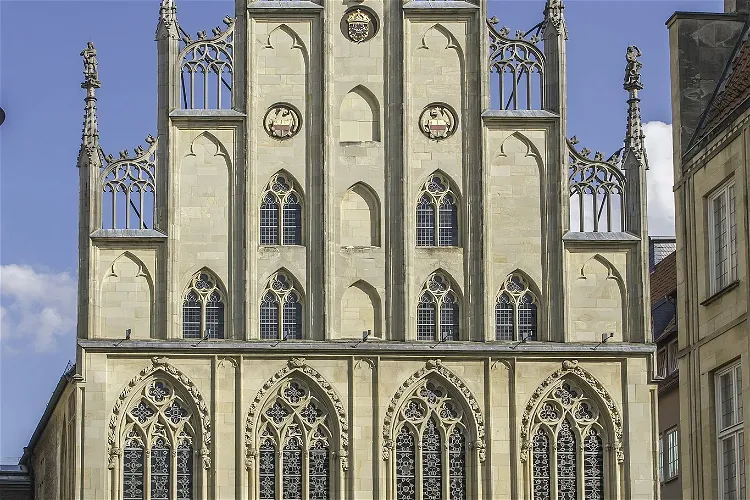
Historical City Hall of Münster
MünsterThe Historical City Hall of Münster, located in Prinzipalmarkt street, is a significant landmark in Münster, Germany. It has been the historic seat of the mayor and the city council for centuries. This Gothic-style building from the 14th century was destroyed at the end of World War II and was subsequently rebuilt. Today, it stands as a testament to the city's rich history and architectural heritage.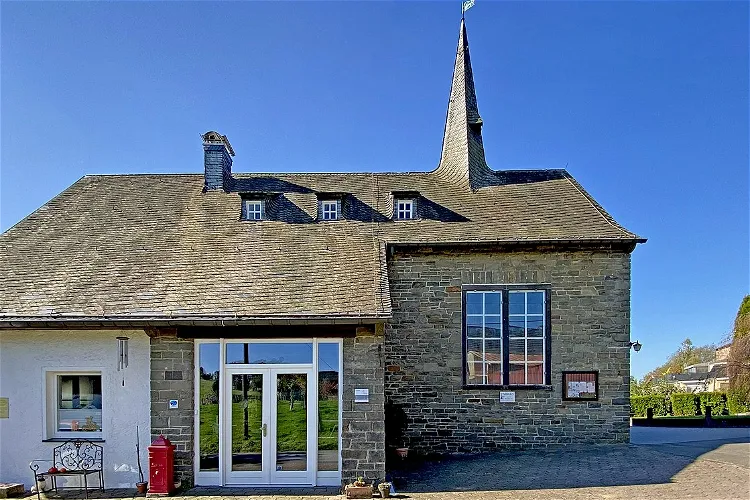
Drehorgelmuseum
MarienheideThe Bergische Drehorgelmuseum, located in Kempershöhe, a district of the municipality of Marienheide in North Rhine-Westphalia, is a unique museum housed in a former village church. This setting provides a unique atmosphere for the display of the museum's collection.- 162
Pharmacy Museum Bad Münstereifel
Bad MünstereifelUntil the flood disaster in July 2021, the Pharmacy Museum Bad Münstereifel displayed the original rooms of the Swan Pharmacy from the 19th and 20th centuries. These included a dispensary, laboratory, material chamber, herb cabinet, and herb garden. The shelves in the museum are original and date back to the founding year of 1806, offering visitors a unique glimpse into the past. 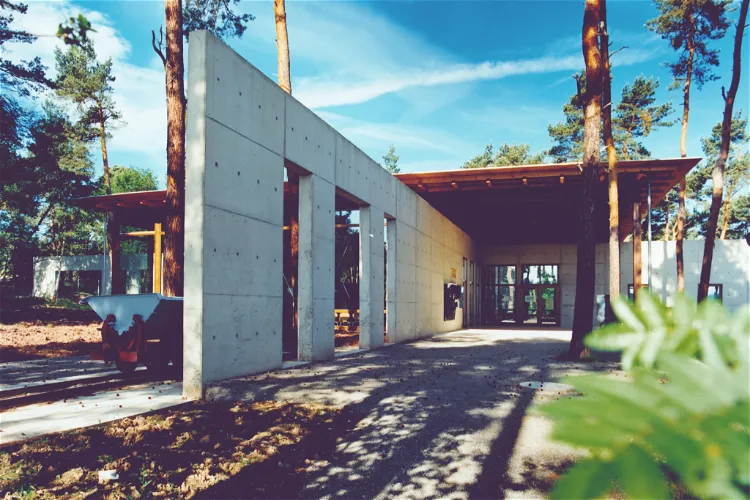
Bergbaumuseum Mechernich
MechernichThe Bergbaumuseum Mechernich, also known as Grube Günnersdorf, is a city museum located in Mechernich, within the Euskirchen district. This museum offers a unique insight into the history and culture of the region, particularly focusing on its mining heritage.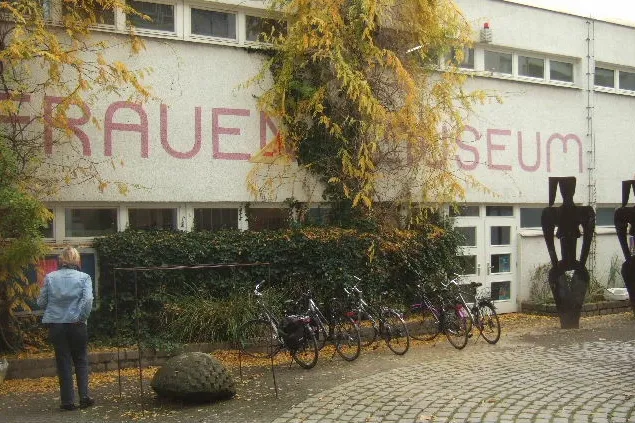
Bonn Women's Museum
BonnThe Bonn Women's Museum, also known as Frauenmuseum Bonn, is a unique institution located in Bonn, Germany. It was established in 1981 by Marianne Pitzen along with a group of interdisciplinary women. The museum is dedicated to showcasing the works of female artists, making it a significant platform for women in the arts.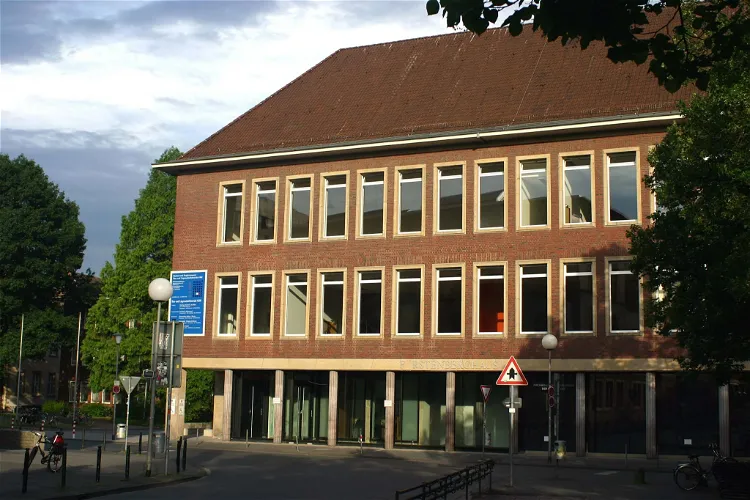
Archaeological Museum
MünsterThe collection of the Archaeological Museum of the University of Münster primarily focuses on the Greek antiquity. The exhibits span from the geometric era (1000–700 BC) through the archaic era (700–500 BC), the classical period (500–300 BC), the late classical period in the 4th century BC, the Hellenistic era (300–30 BC), up to the Roman imperial era (27 BC – 476). This wide range of exhibits offers visitors a comprehensive overview of Greek antiquity.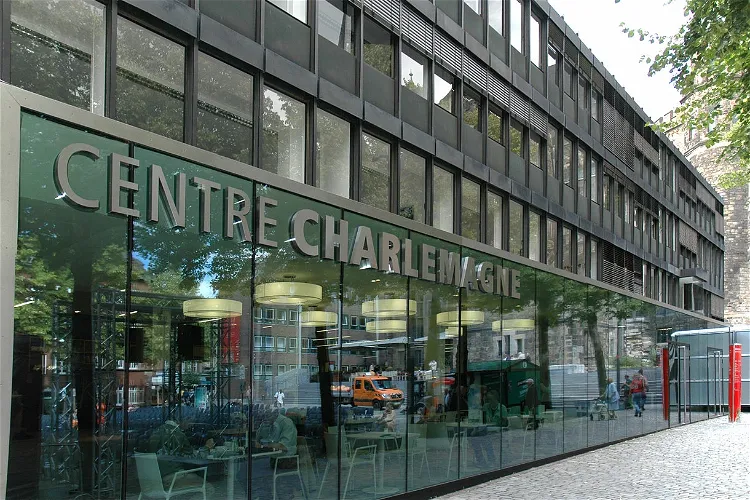
Centre Charlemagne
AachenThe Centre Charlemagne – Neues Stadtmuseum Aachen is a city history museum named after Charlemagne, Aachen's most famous and significant historical figure. The museum is located in a city administration building at Katschhof No. 1, which was built between 1958 and 1962 by Gerhard Graubner and later listed as a historical monument. The Centre Charlemagne was officially opened on June 19, 2014.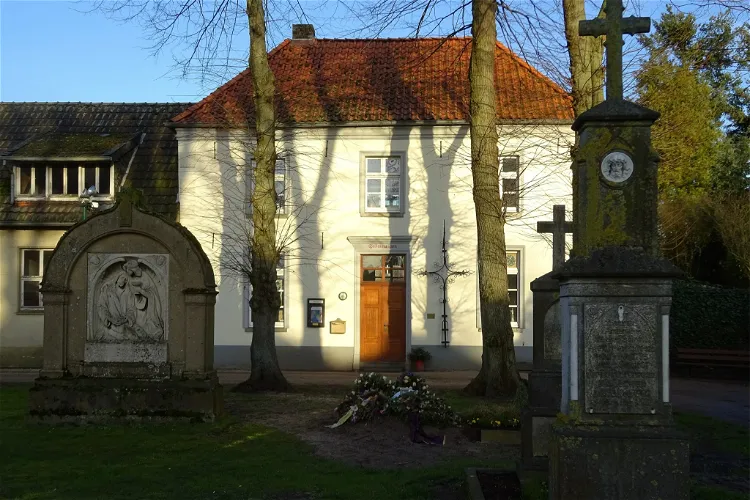
Stiftsmuseum Wissel
Kalkar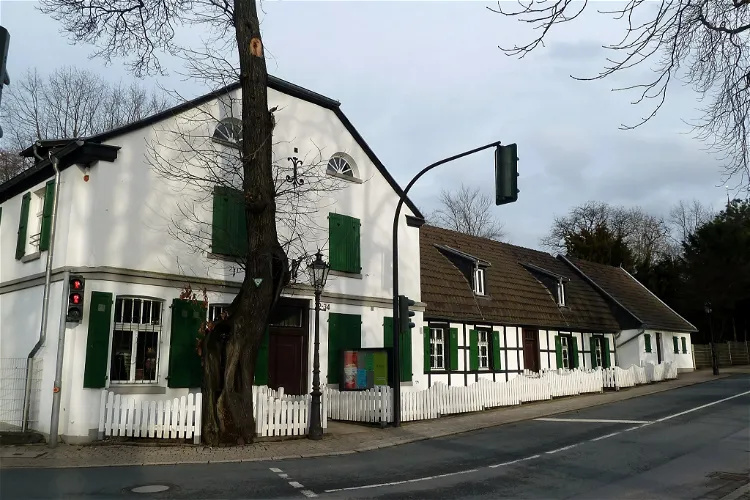
St. Antony-Hütte
OberhausenSt.-Antony-Hütte, located in the Oberhausen district of Klosterhardt, is a former ironworks that holds historical significance as the first ironworks in the Ruhr area. It was established in 1758 by Franz von der Wenge, a canon of Münster. This historical site provides a glimpse into the early industrial history of the region.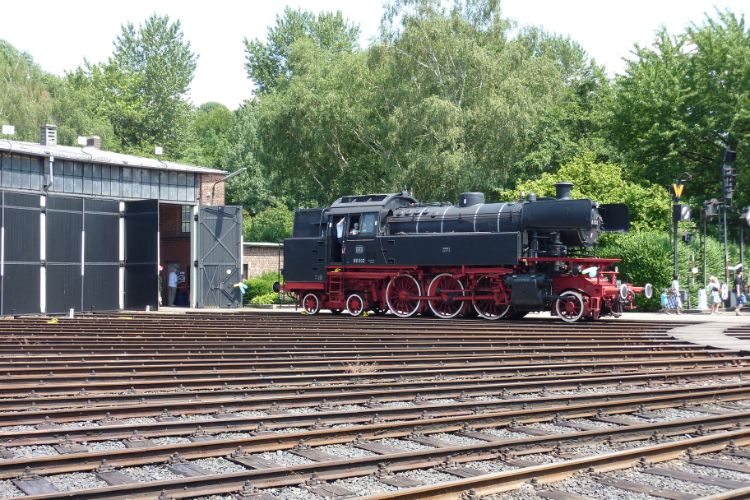
Bochum Dahlhausen Railway Museum
BochumThe Bochum Dahlhausen Railway Museum (Eisenbahnmuseum Bochum) is a railway museum in Bochum in Germany. It is located in a locomotive depot that was built between 1916 and 1918 and consists of 46,000 square metres, making it the biggest railway museum in Germany. In the middle of the museum, there i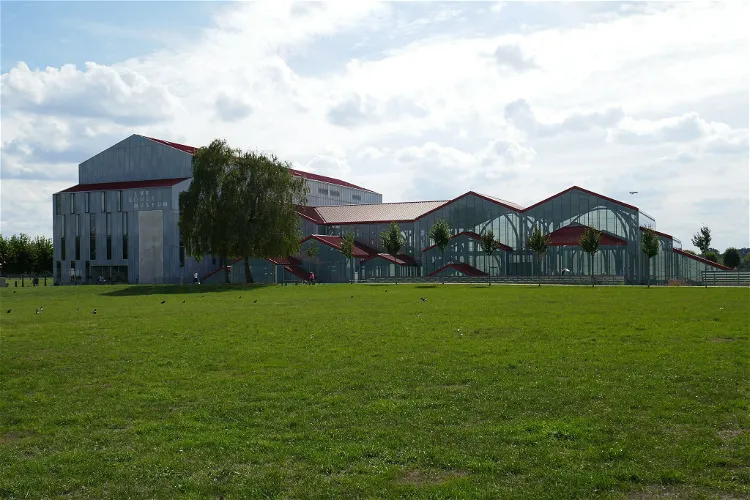
LVR-RömerMuseum
XantenThe LVR-RömerMuseum Xanten was constructed over the foundations of the Basilica Thermarum, the entrance hall of the Roman city bath. This location in the LVR Archaeological Park Xanten (APX) allows visitors to experience the Roman finds in their original context, enhancing the historical significance of the exhibits.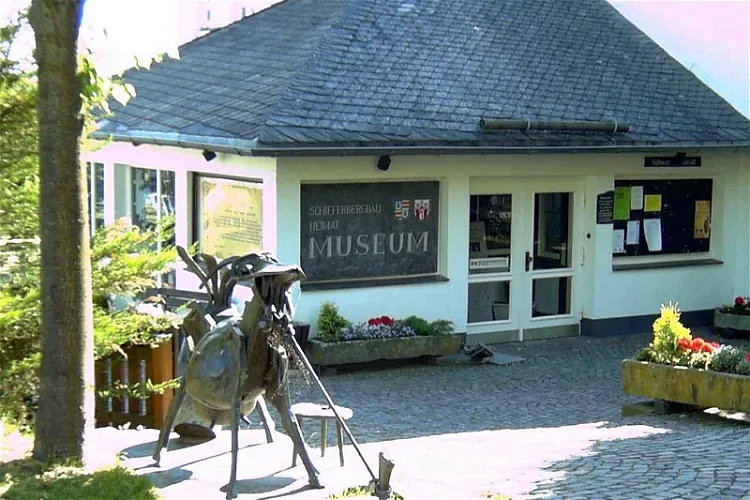
Schieferbergbau- und Heimatmuseum
SchmallenbergThe Westphalian Slate Mining and Local History Museum Holthausen is situated in the district of Holthausen in Schmallenberg, within the Hochsauerlandkreis region. This location offers visitors a chance to explore the rich history and culture of the area while enjoying the scenic beauty of the Hochsauerlandkreis.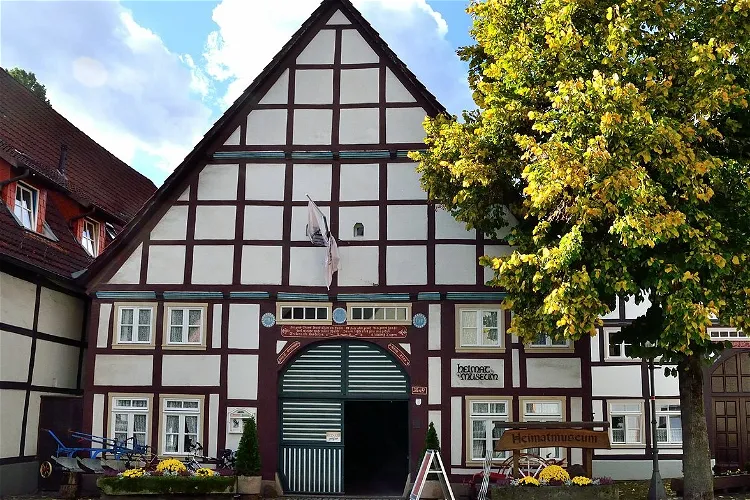
Heimatmuseum Lügde
Lügde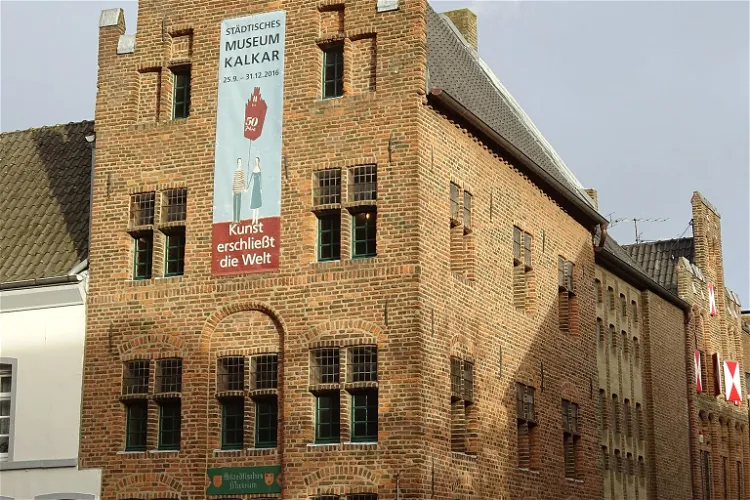
Städtisches Museum Kalkar
KalkarThe Städtische Museum Kalkar is housed in a stepped gable house that dates back to the year 1500. This historic building adds to the charm and authenticity of the museum, providing a unique backdrop for the exhibits.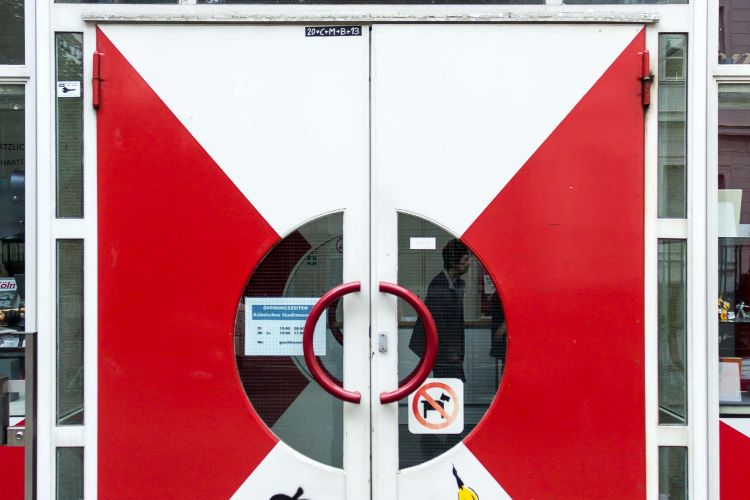
Kölnisches Stadtmuseum
CologneThe Kölnisches Stadtmuseum (Cologne CIty Museum) is a museum in Cologne that is housed in The Zeughaus, the city's former arsenal. The building was built between 1594 and 1606 and has served as a museum since 1958. It is built on the remains of the Roman city wall. Exhibits of the permanent exhibiti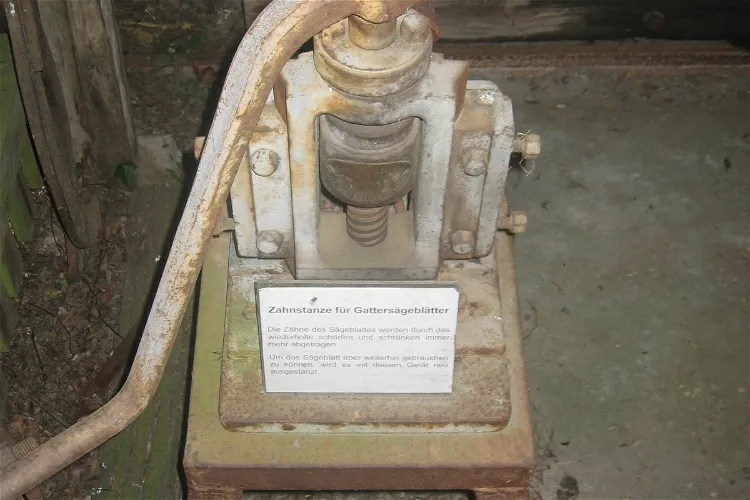
Holzhandwerksmuseum
Hiddenhausen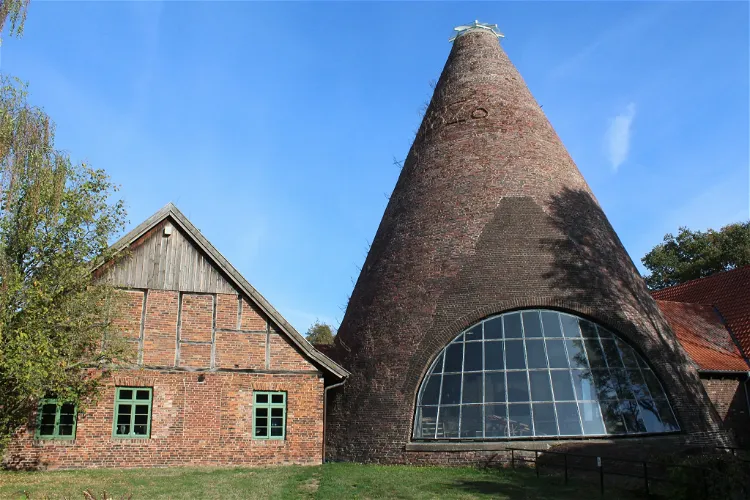
LWL-Museum Glashütte Gernheim
PetershagenThe Gernheim Glassworks, located in Petershagen - Ovenstädt in North Rhine-Westphalia, is a part of the LWL Industrial Museum. This museum is housed in the historic buildings of the former glassworks, which operated as an early industrial factory site from 1812 to 1877. During its operation, the glassworks was a significant producer of glass in the region.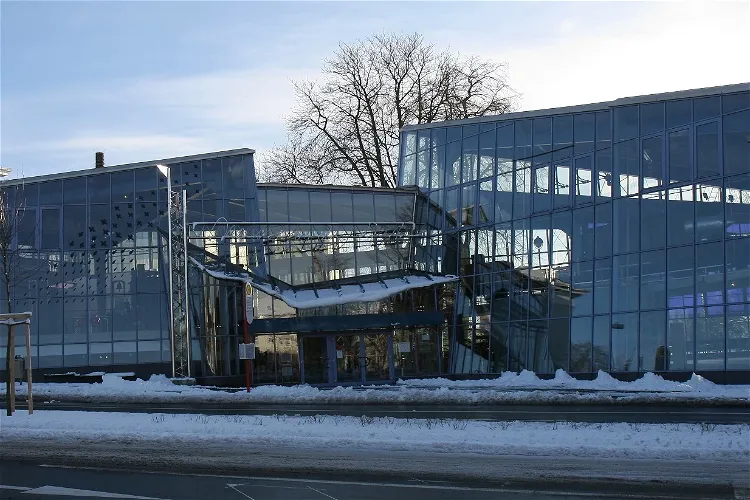
Geschichtsmuseum der Stadt Lüdenscheid
LüdenscheidThe Geschichtsmuseum der Stadt Lüdenscheid is a local history museum that is conveniently located south of the city center of Lüdenscheid. It is situated near the shopping zone Wilhelmstraße and the town hall, making it easily accessible for tourists who are exploring the city.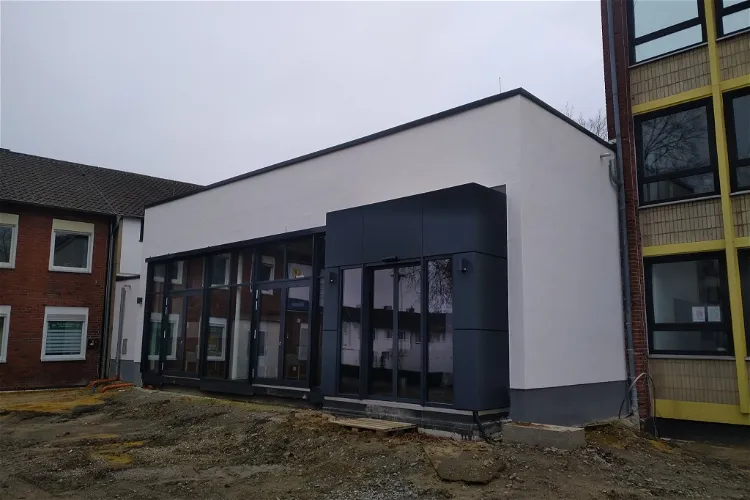
Stadtmuseum Bergkamen
BergkamenThe Stadtmuseum Bergkamen, established in 1965, is situated in the Oberaden district of the city of Bergkamen. This museum is a significant cultural center in Bergkamen, offering a rich collection of historical and contemporary exhibits.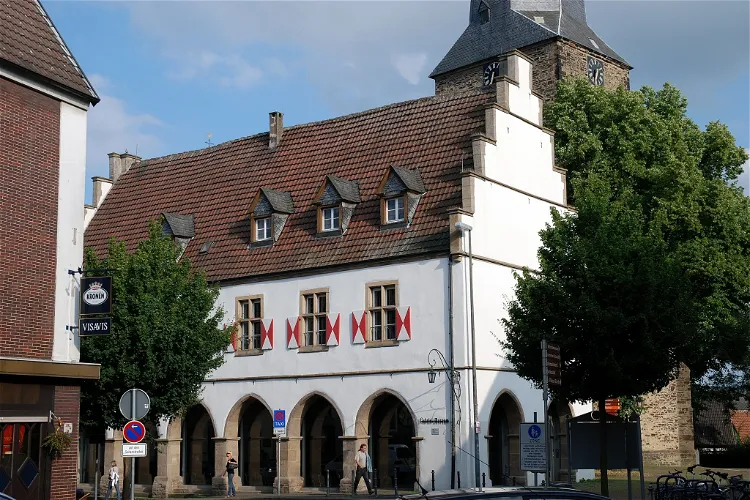
Ruhrtalmuseum
SchwerteThe Ruhrtalmuseum is a local history museum situated in the 'Old Town Hall' in Schwerte. This location adds a historical charm to the museum, making it a unique destination for tourists interested in local history and architecture. The building itself was constructed during the Middle Ages and served various purposes, including a town hall and a residence for the town's night watchman.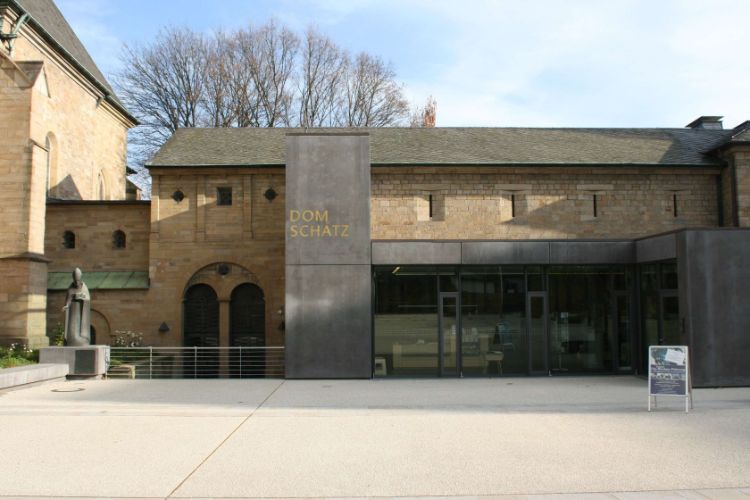
Domschatzkammer Essen
EssenThe Essener Domschatz is one of the most important collections of ecclesiastical art in Germany. The dom treasure goes back to the treasure of the former Essen Abbey, which after the secularization of the abbey in 1803 became the property of the associated parish. The collection is unique in that it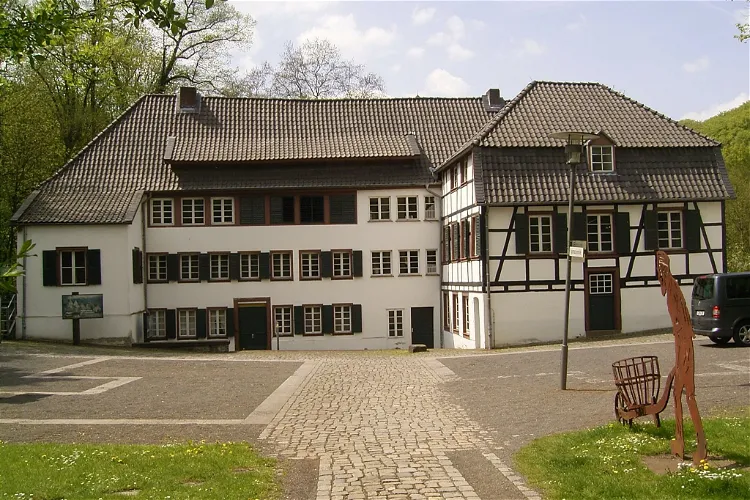
LVR Industrial Museum Paper Mill Old Dombach
Bergisch GladbachThe LVR Industrial Museum Paper Mill Old Dombach is a museum site located in the Sand district of Bergisch Gladbach. It is operated by the Rhineland Regional Association, a body responsible for cultural and historical preservation in the region. The museum is housed in the buildings of the former Old Dombach paper mill and a part of the Dombach Paper Factory New Dombach.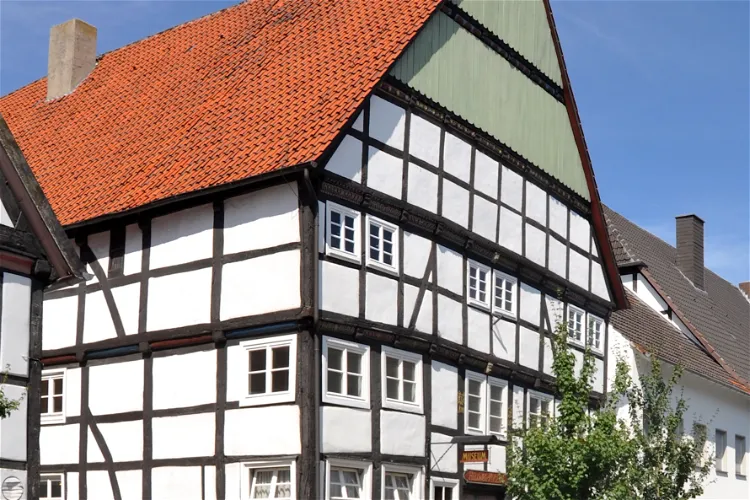
Hellweg-Museum
Geseke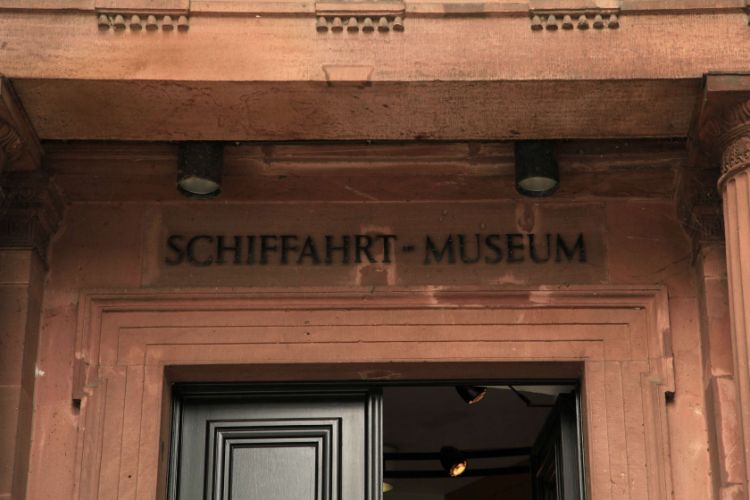
Schifffahrtmuseum Düsseldorf
DüsseldorfThe Maritime Museum in Dusseldorf (Schifffahrtmuseum Düsseldorf ) is one of the oldest inland navigation museums in Germany and is housed in the castle tower on the banks of the Rhine. The museum features exhibits on the ecology of the Rhine, the history of shipbuilding, and trade and travel on the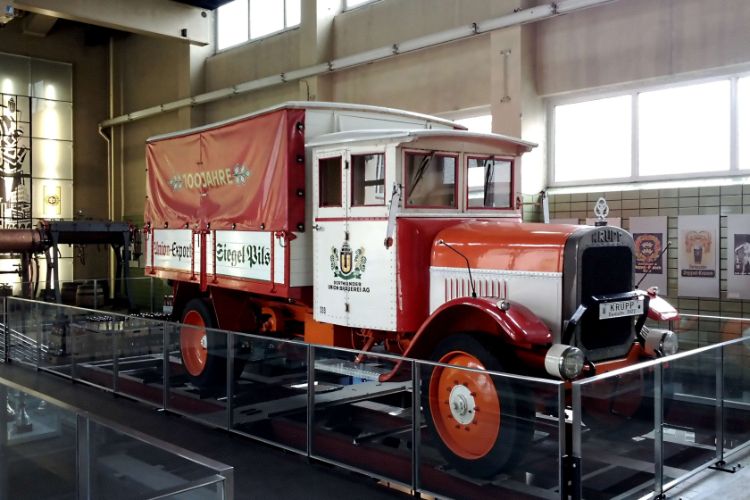
Brewery Museum
DortmundThe Brewery Museum is a beer museum in Dortmund. It is a place devoted to the renowned Dortmund beer. Visitors can learn everything about the history and beer brewing process. The museum focuses on the history of the Dortmund breweries, mostly on the 19th and 20th century with a special focus on the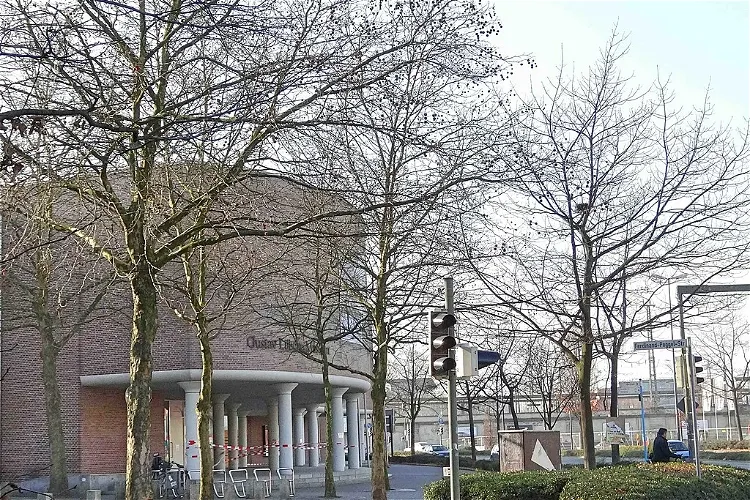
Gustav-Lübcke-Museum
HammThe Gustav Lübcke Museum, located in Hamm, North Rhine-Westphalia, is a cultural-historical museum that was established in 1890. It was initially known as the Städtisches Museum Hamm until 1925. The museum is named after Gustav Lübcke, an art dealer and collector who donated his collection to the city of Hamm in 1917 and served as the museum's director. Since Lübcke's death in 1925, the museum has carried his name.
Deutsches Traktoren und Modellauto Museum
PaderbornThe Deutsches Traktoren und Modellauto Museum, located in Paderborn, has been welcoming visitors since 1998. This museum is a testament to the history of tractors and model cars, offering a unique insight into the evolution of these machines over the years.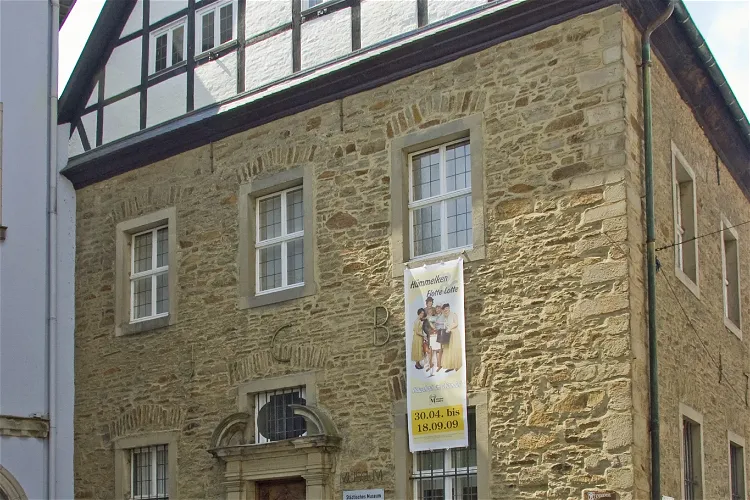
Museum Menden
Menden (Sauerland)The Museum Menden, located in Menden (Sauerland), is a local history museum that was established by Friedrich Glunz in 1912. This makes it one of the oldest museums in Westphalia, a region rich in history and culture. The museum is a testament to the region's past, offering visitors a glimpse into the local history and traditions of Menden and the surrounding areas.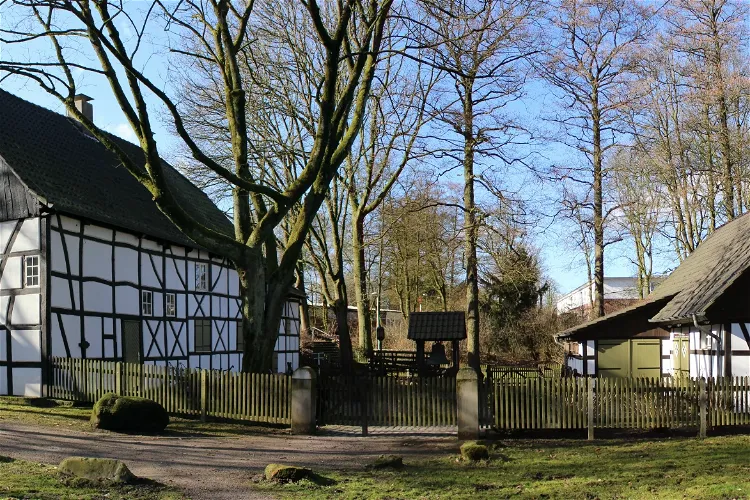
Heimatmuseum Marl
MarlThe Stadt- und Heimatmuseum is a local museum located in the city of Marl. It was founded by Heinrich Keller, who was the head of the Marl local history association. This museum is a testament to the city's rich history and culture, making it a significant point of interest for tourists.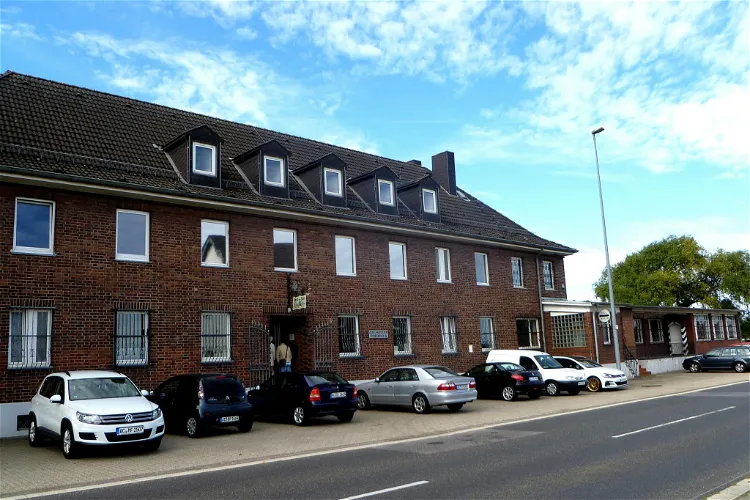
Zollmuseum Friedrichs
AachenThe Zollmuseum Friedrichs in Aachen - Horbach is a unique museum that was established in 1984 by Christian Friedrichs, the retired head of the Aachen Nord main customs office. The museum focuses on the history of customs, tracing its development and sources of income, and its role in protecting the domestic economy. This provides a fascinating insight into the economic history of the region and the country.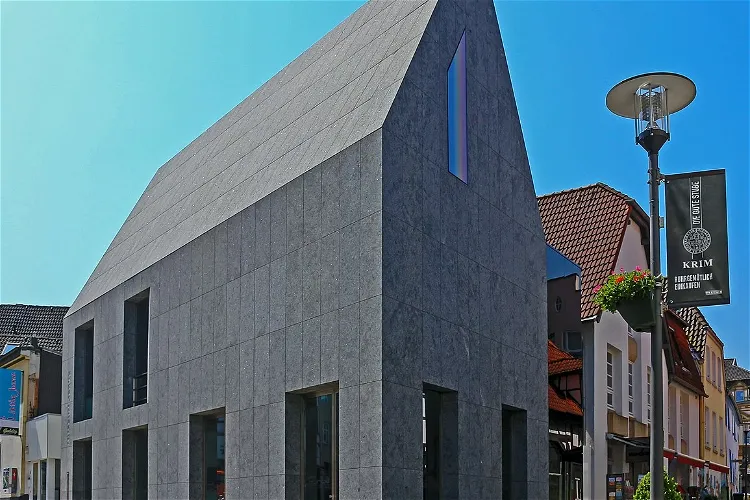
Museum Jerke
RecklinghausenMuseum Jerke holds a special place in the international art scene as it is the first museum outside Poland that exclusively exhibits modern Polish art. According to the Polish Institute Düsseldorf, this makes it a unique destination for art enthusiasts and those interested in Polish culture and history.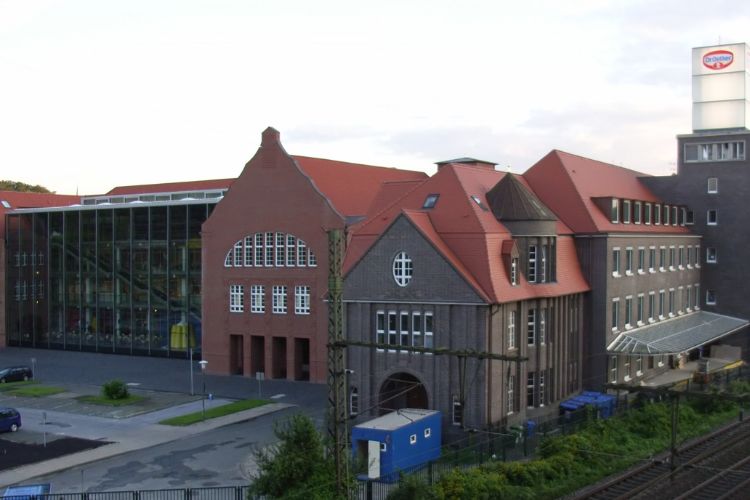
Dr. Oetker Welt
BielefeldDr. Oetker Welt (The Dr. Oetker World) is a museum/attraction in Bielefeld where visitors can discover the Dr. Oetker brand with all their senses. On guided tours and in demonstrations, you will learn about the development of the company, facts about the production and products and facts about the b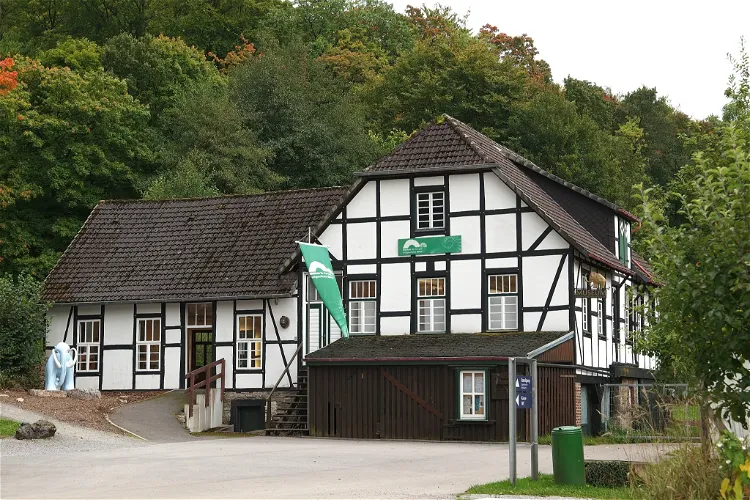
Museum für Vor- und Frühgeschichte
BalveThe Museum für Vor- und Frühgeschichte is an archaeological museum situated in the city of Balve, within the Märkischen Kreis region. It offers a unique opportunity to delve into the past and explore the rich archaeological history of the area.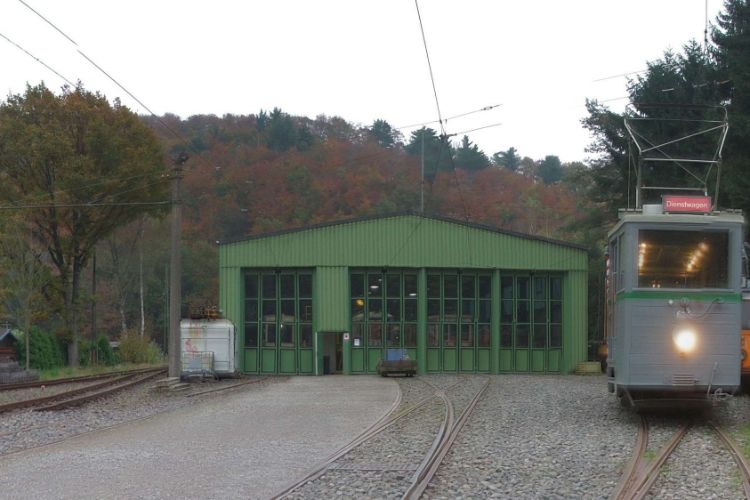
Bergische Museumsbahnen
WuppertalThe Bergische Museumsbahn is a heritage tram museum in Wuppertal that operates its own tram line on original rails with original cars. It is one of the smallest running tram systems in the world.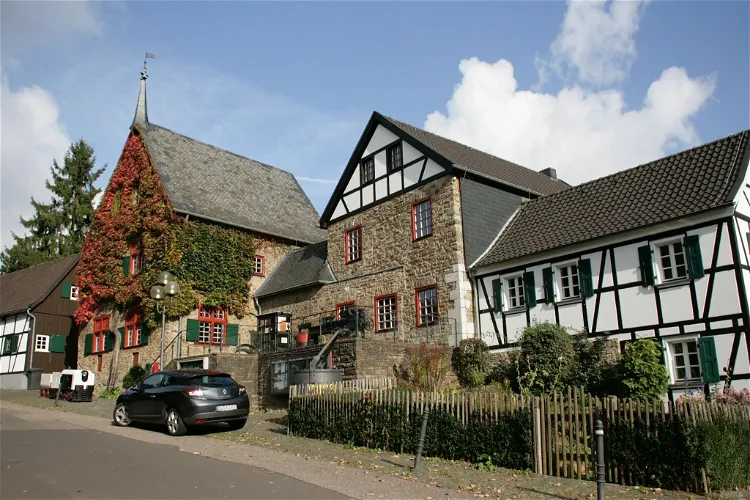
Bergisches Museum für Bergbau, Handwerk und Gewerbe
Bergisch GladbachThe Bergisches Museum for Mining, Crafts and Trade in Bergisch Gladbach offers a unique insight into the history of the region, particularly focusing on the former ore mining in the Bensberger Erzrevier. The museum also showcases the rural-craftsman lifestyles of the local population, with a special emphasis on the 19th and early 20th centuries. This provides a fascinating glimpse into the past, allowing visitors to understand the historical context and way of life during these periods.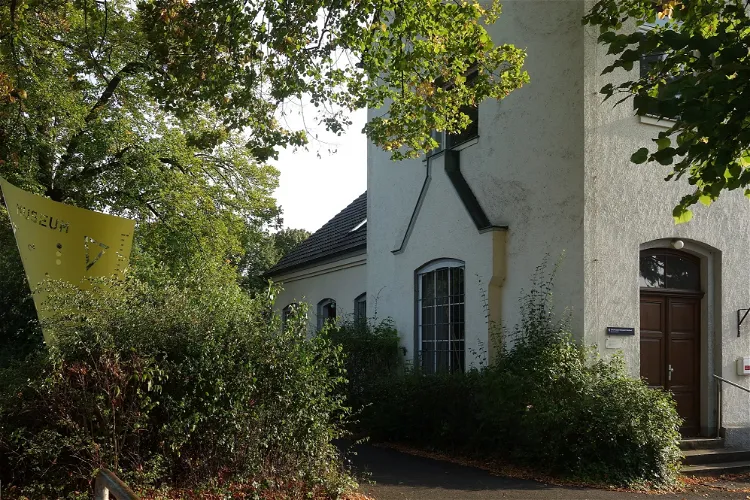
School Museum Bergisch Gladbach
Bergisch GladbachThe School Museum Bergisch Gladbach, established in 1990 by the city of Bergisch Gladbach, serves as a documentation center for the history of rural public schools. The museum is housed in the building of a Catholic public school built in 1871 in the Katterbach district of Bergisch Gladbach. The museum's collection, which has been gathered since the late 1960s, provides a comprehensive insight into the evolution of education in the region.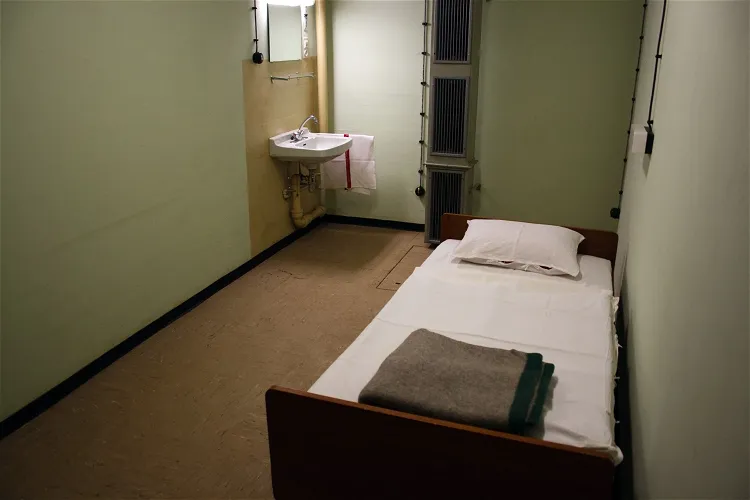
Ausweichsitz NRW
KallThe bunker, which has been preserved in its original state, is now a documentation site. Visitors can explore the bunker by appointment. This provides an opportunity to learn about the history and purpose of the bunker, as well as the living conditions of those who would have sought shelter there during a nuclear war.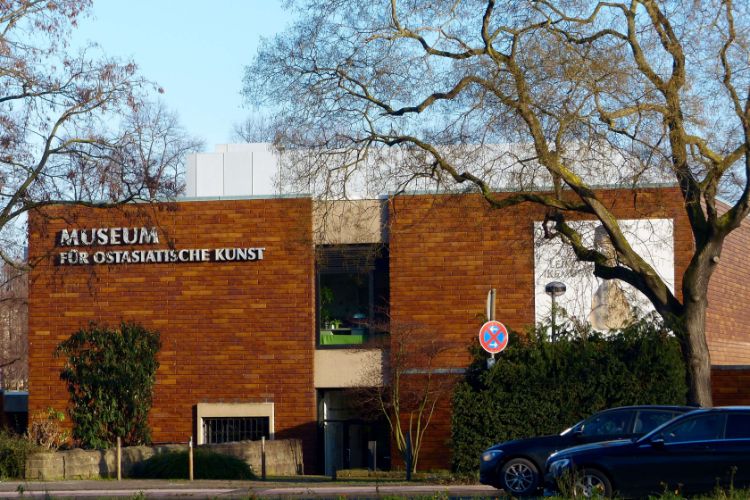
Museum fur Ostasiatische Kunst
CologneThe Museum für Ostasiatische Kunst (Museum of East Asian Art) is a museum in Cologne that specializes in East Asian art that started off with the collection of Adolf Fischer (1856 - 1914) and his wife Frieda (1874 - 1945). The museum houses the most important collection of art from China, Korea and
Umspannwerk Recklinghausen
RecklinghausenThe Umspannwerk Recklinghausen is a protected monument and a substation of RWE (formerly VEW) in Recklinghausen. Since December 2000, it has also been the location of the RWE Technology Museum 'Strom und Leben', the largest electricity museum in Germany.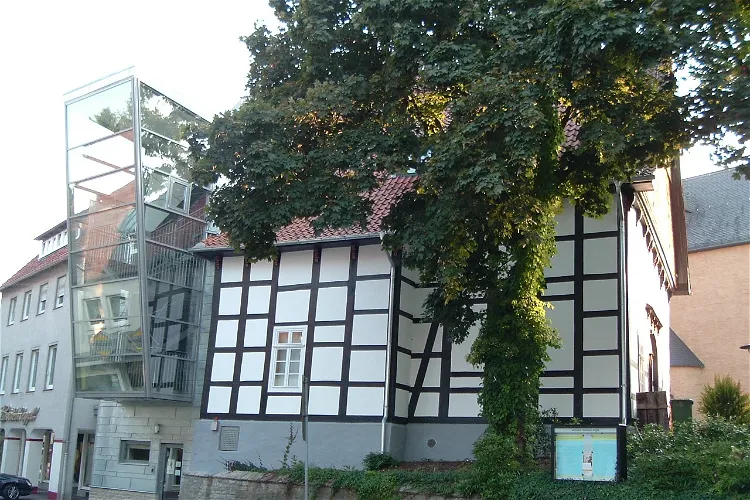
Widukind Museum
EngerThe Widukind Museum Enger, located in the city of Enger in the Herford district, is dedicated to presenting the history of the Saxon Duke Widukind. It also showcases legends about his life and that of his descendants. This museum provides a unique opportunity for visitors to delve into the rich history and legends of this significant historical figure.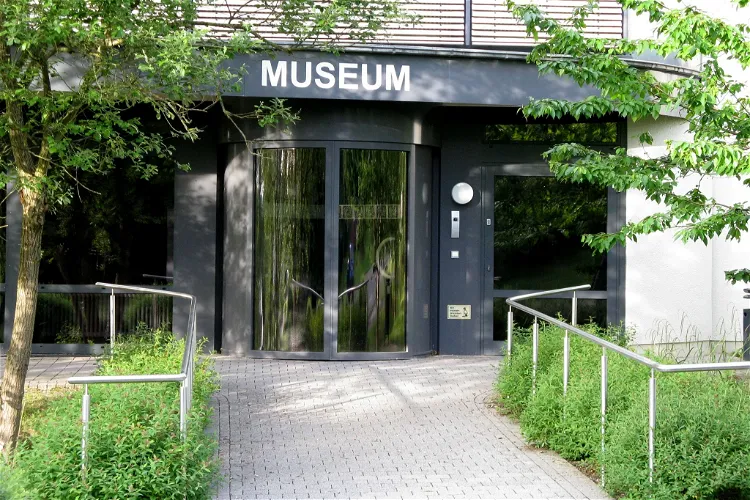
Museum Wilnsdorf
WilnsdorfThe Museum Wilnsdorf is a unique institution that is divided into two main sections: the 'Folklore Museum' and the 'Cultural History Meeting Place'. This structure allows the museum to offer a wide range of exhibits and experiences, catering to a variety of interests.